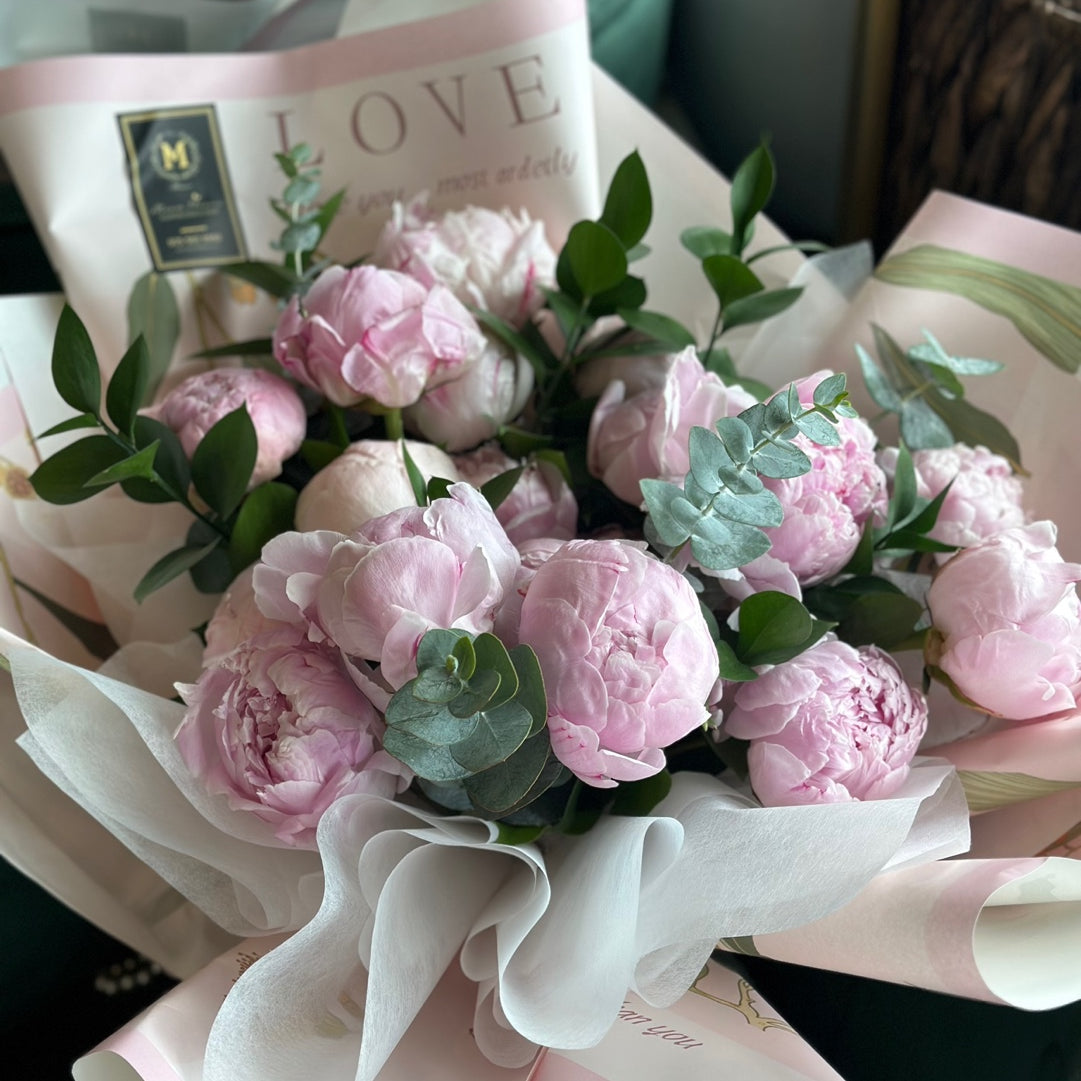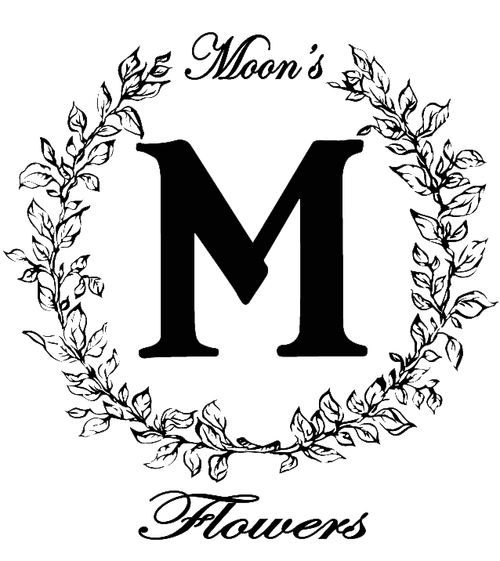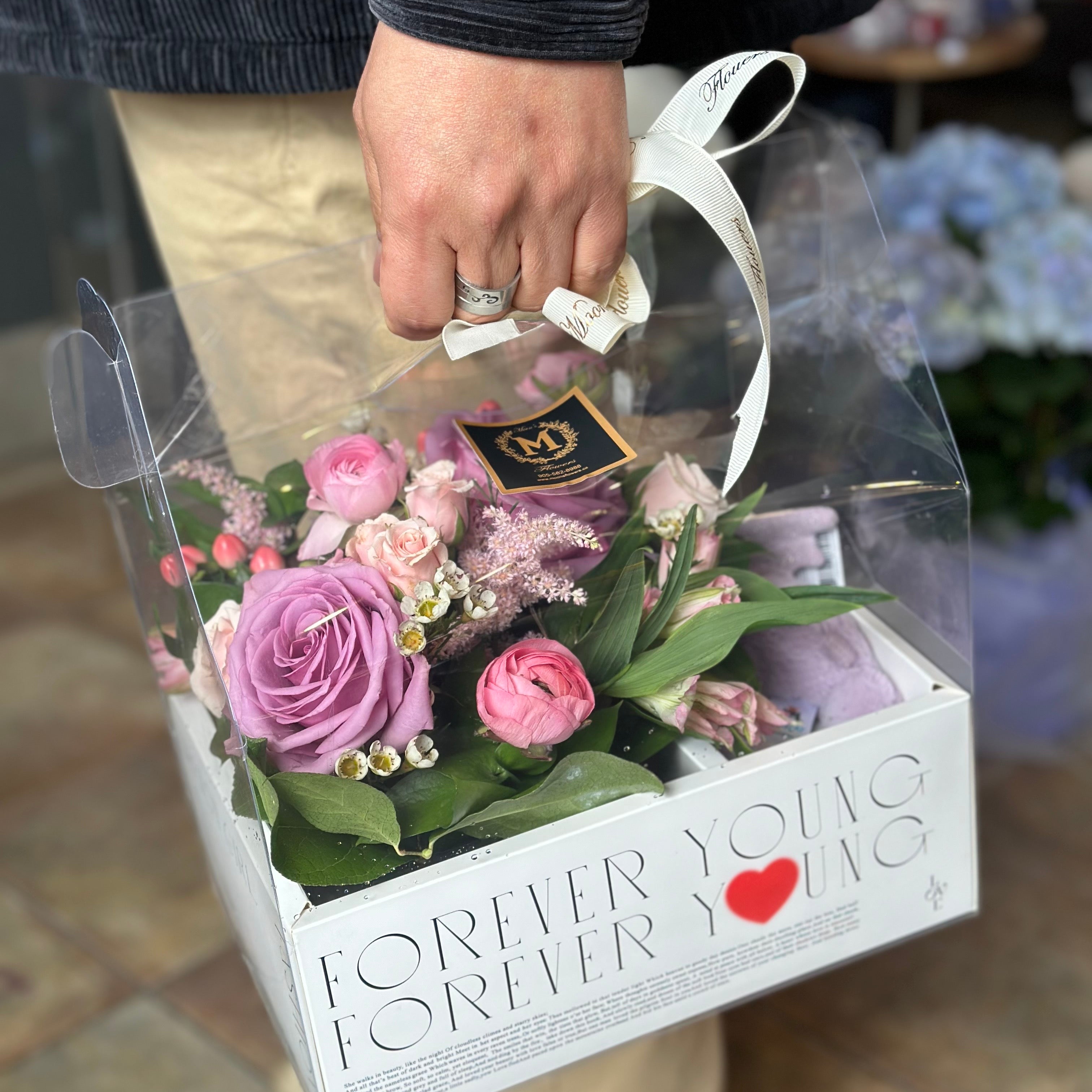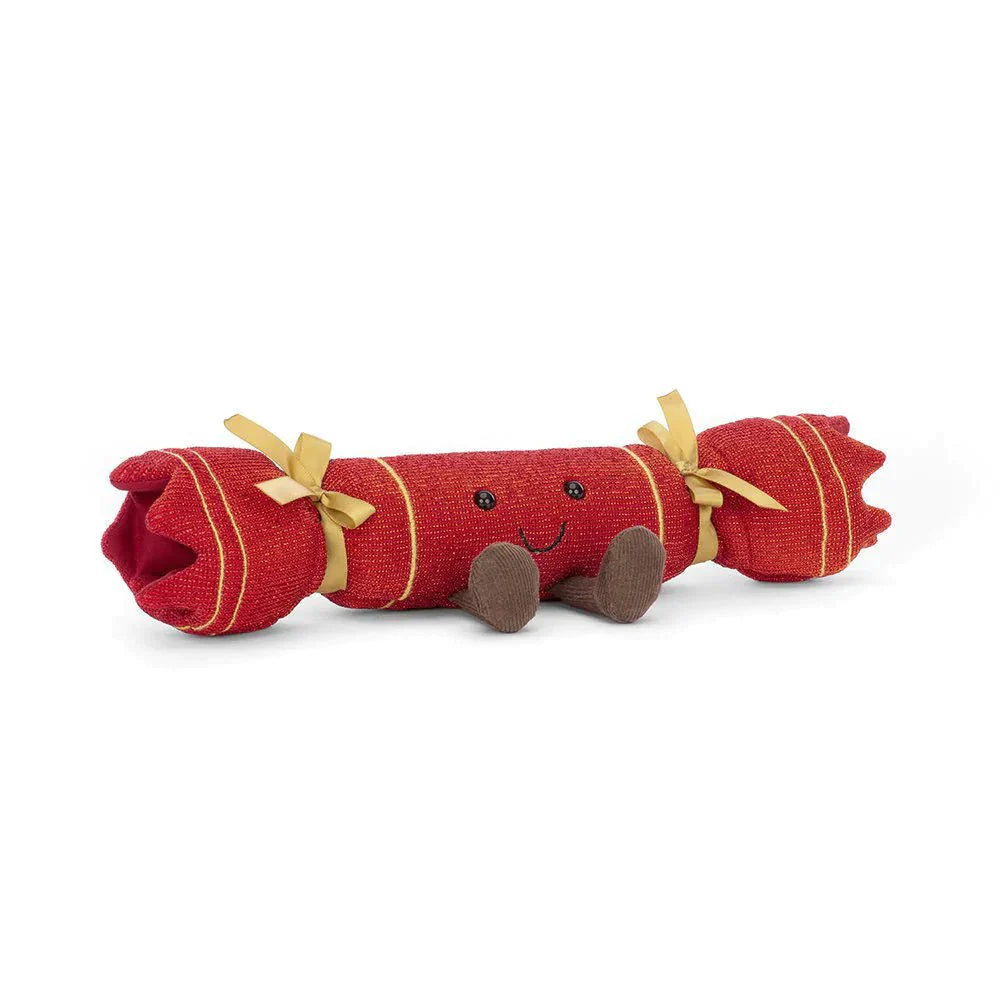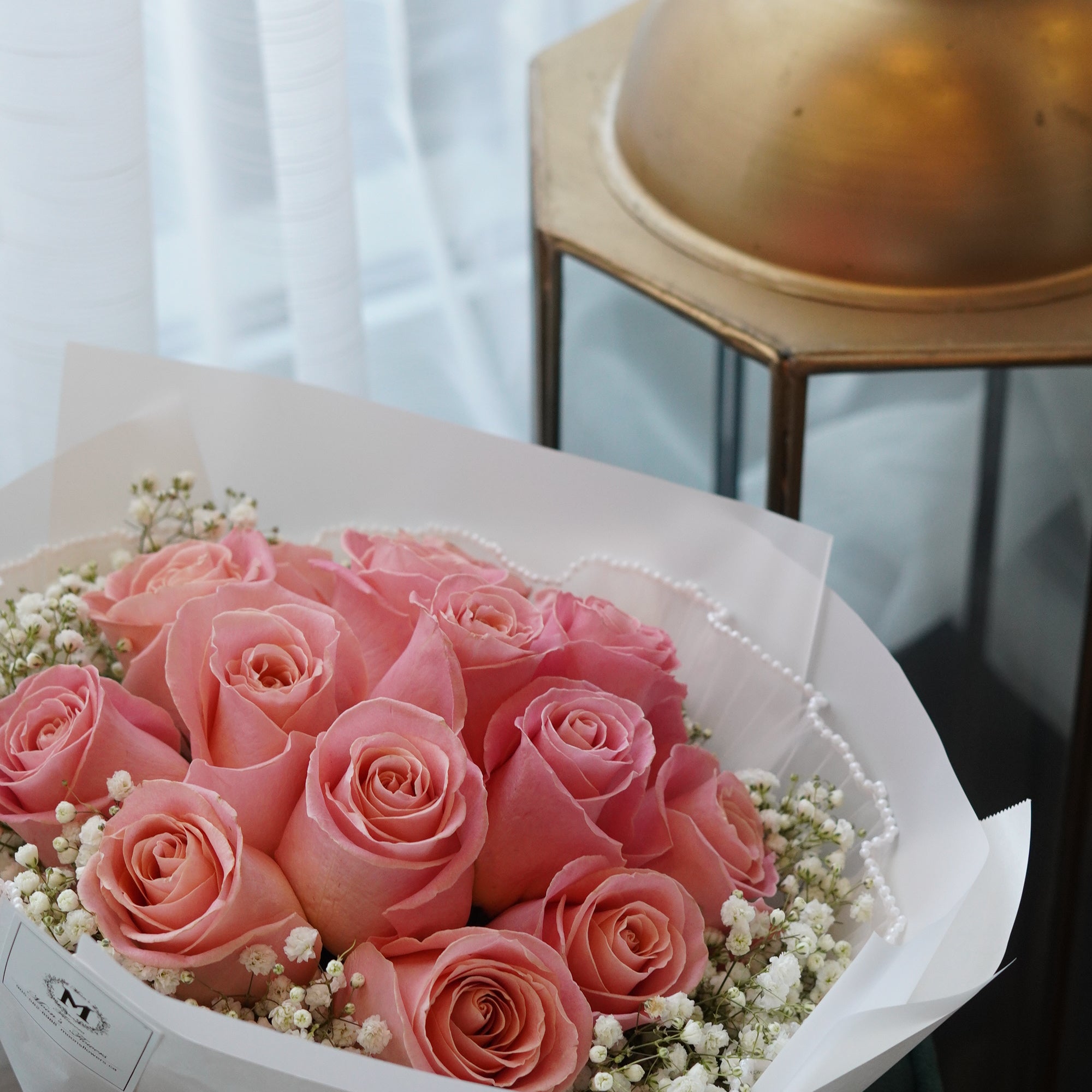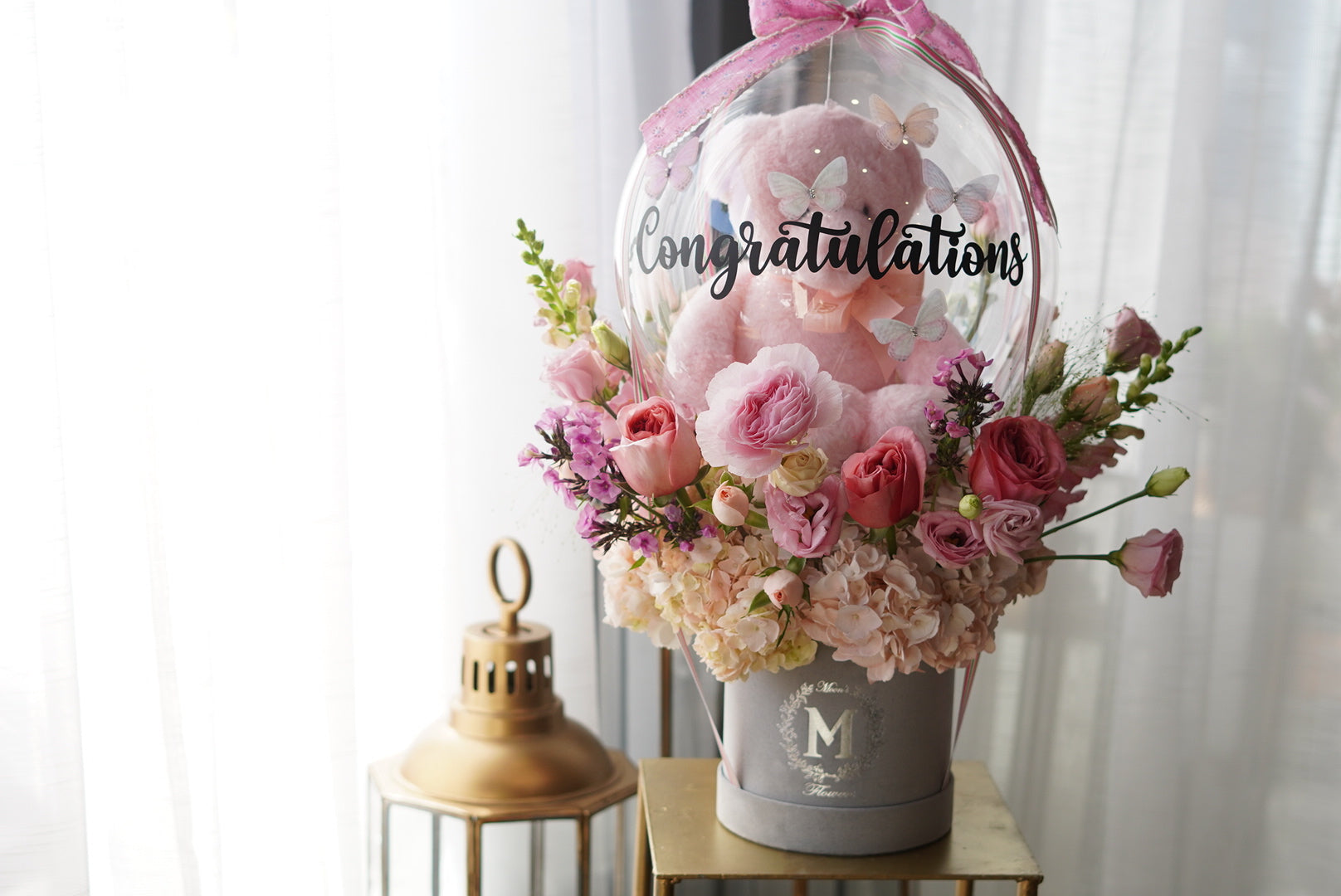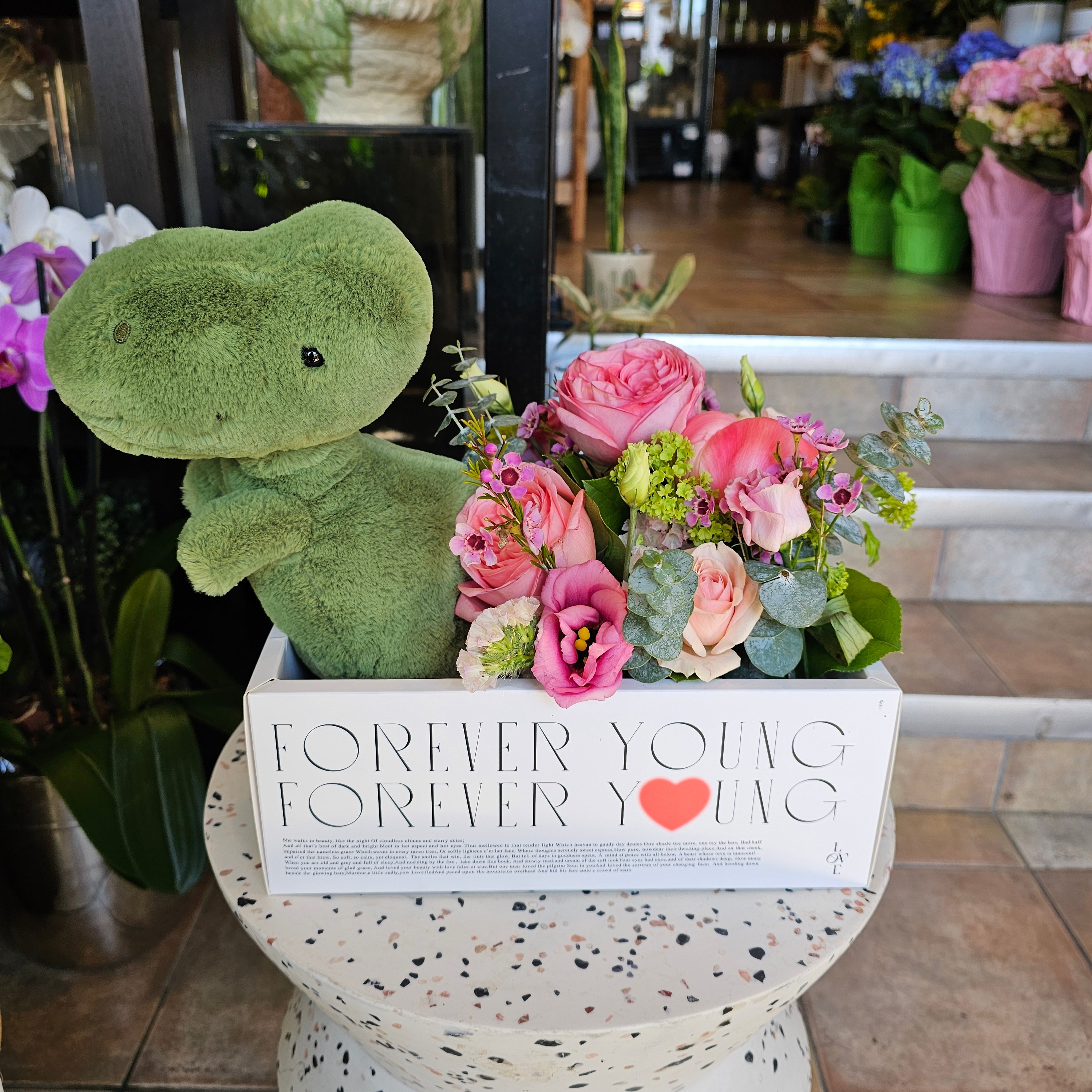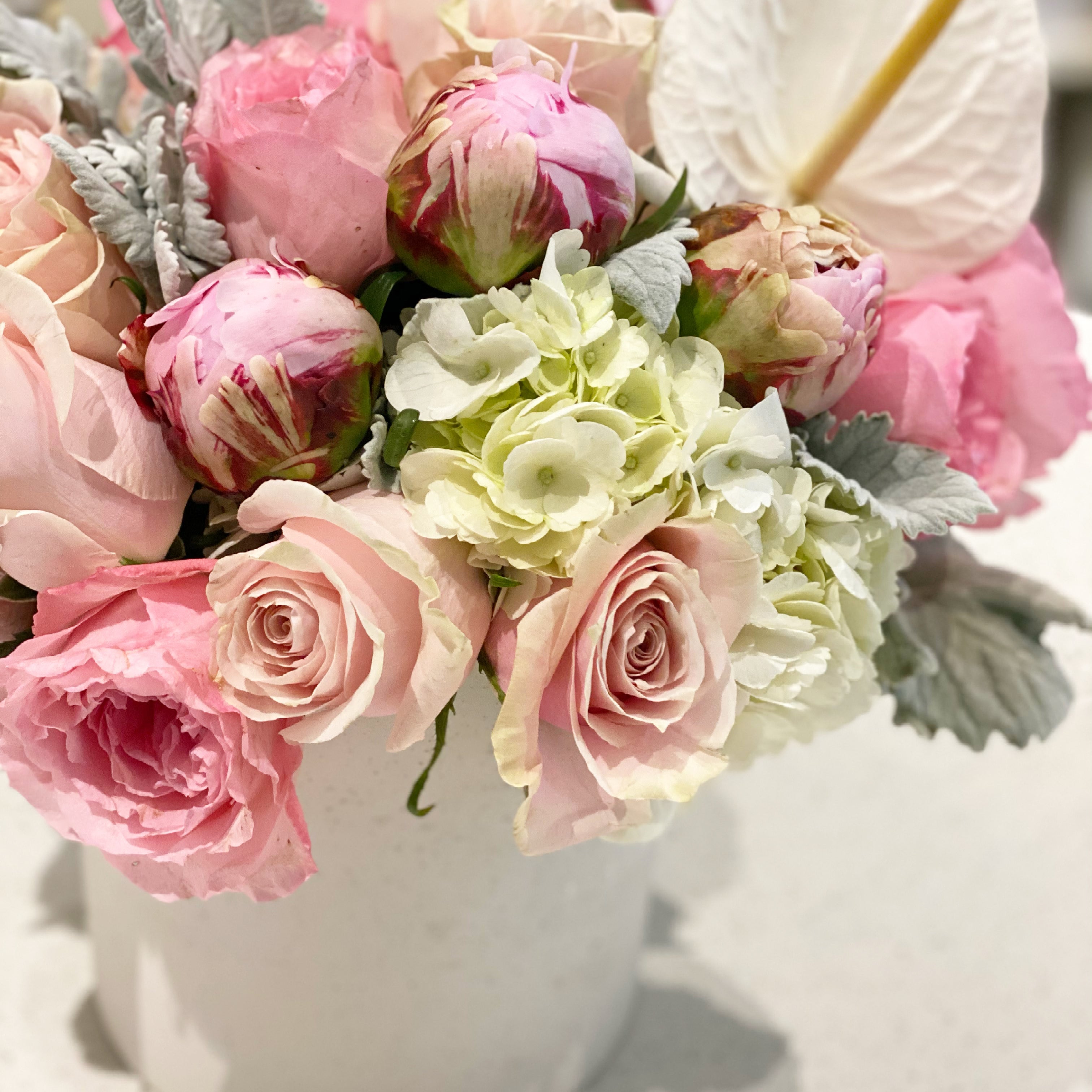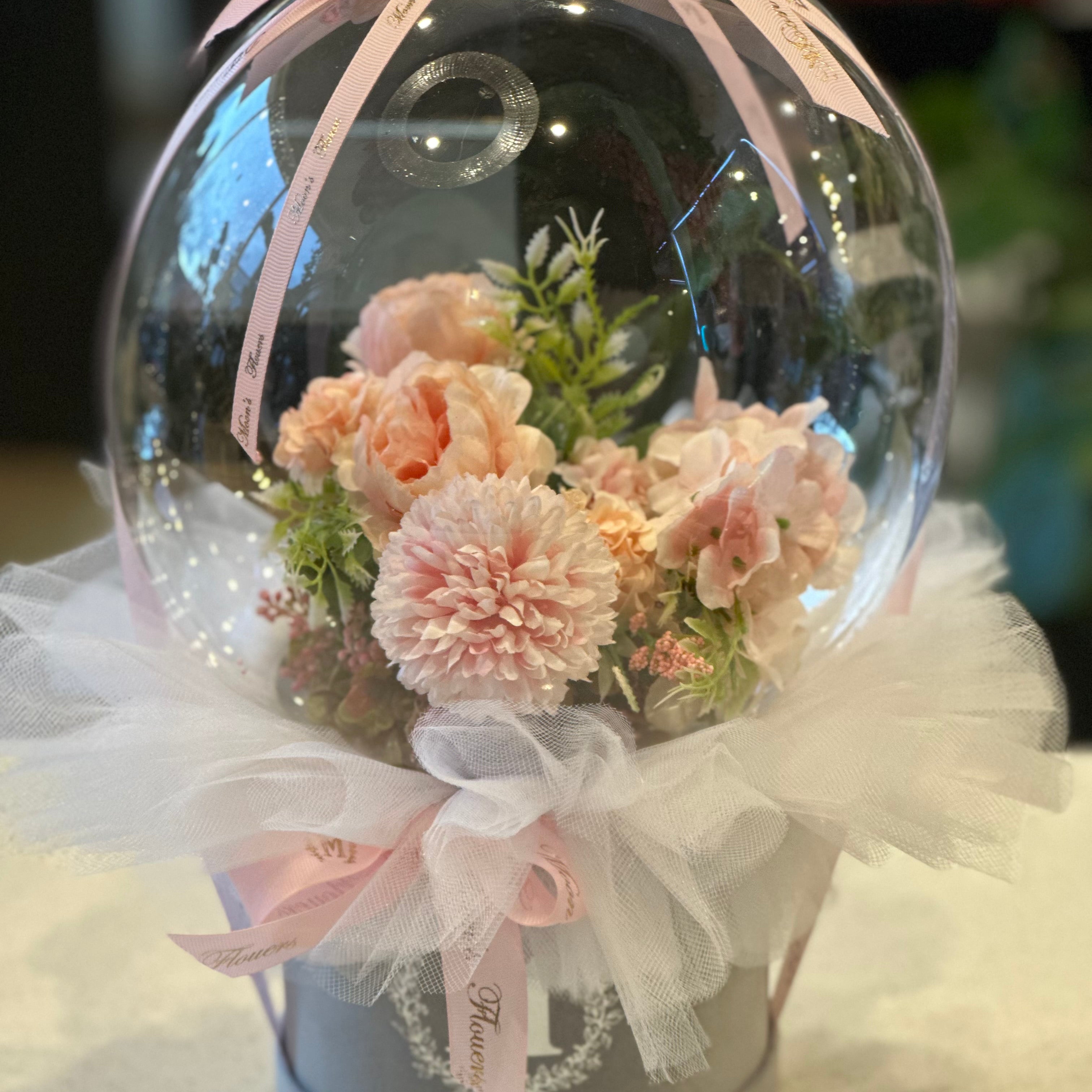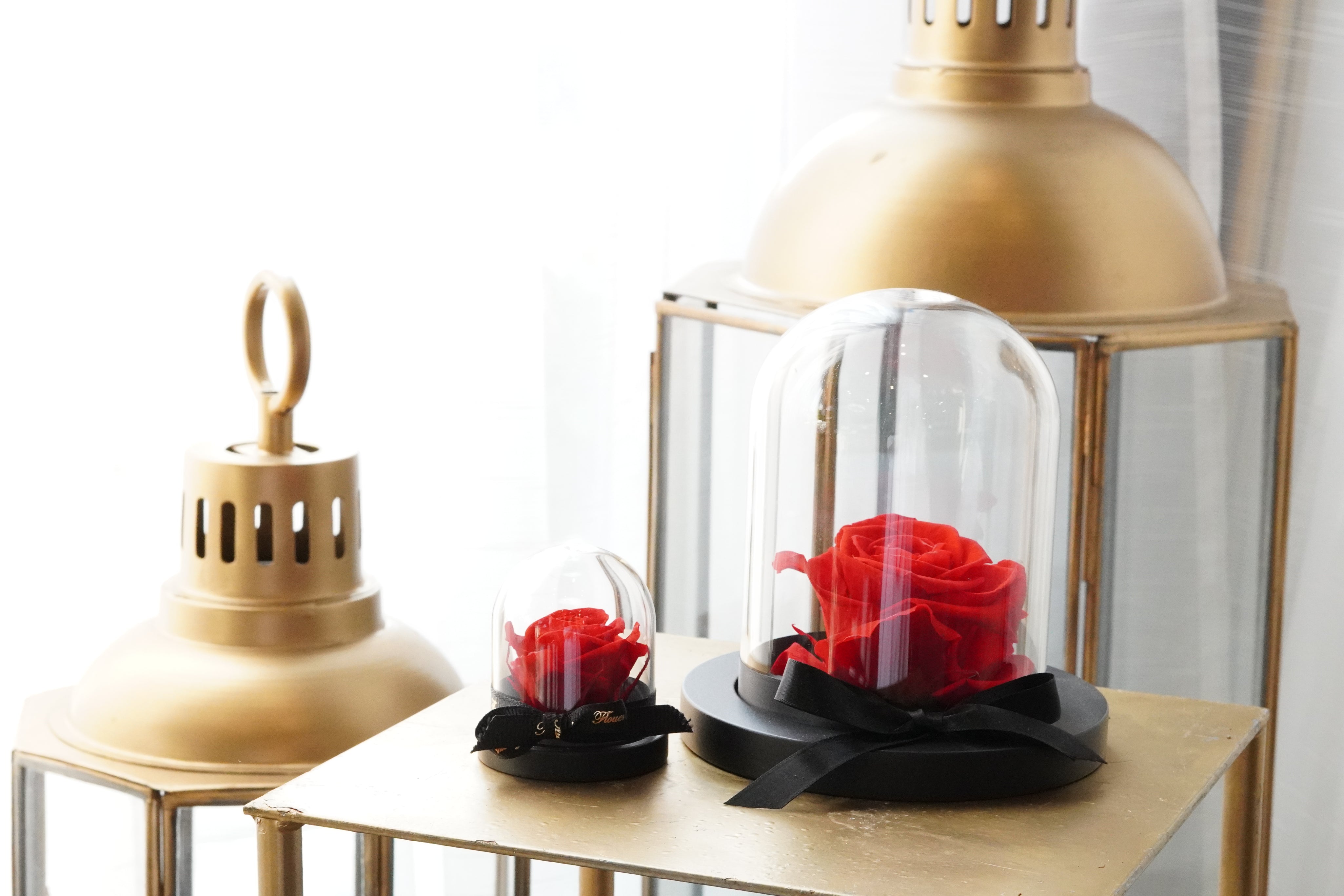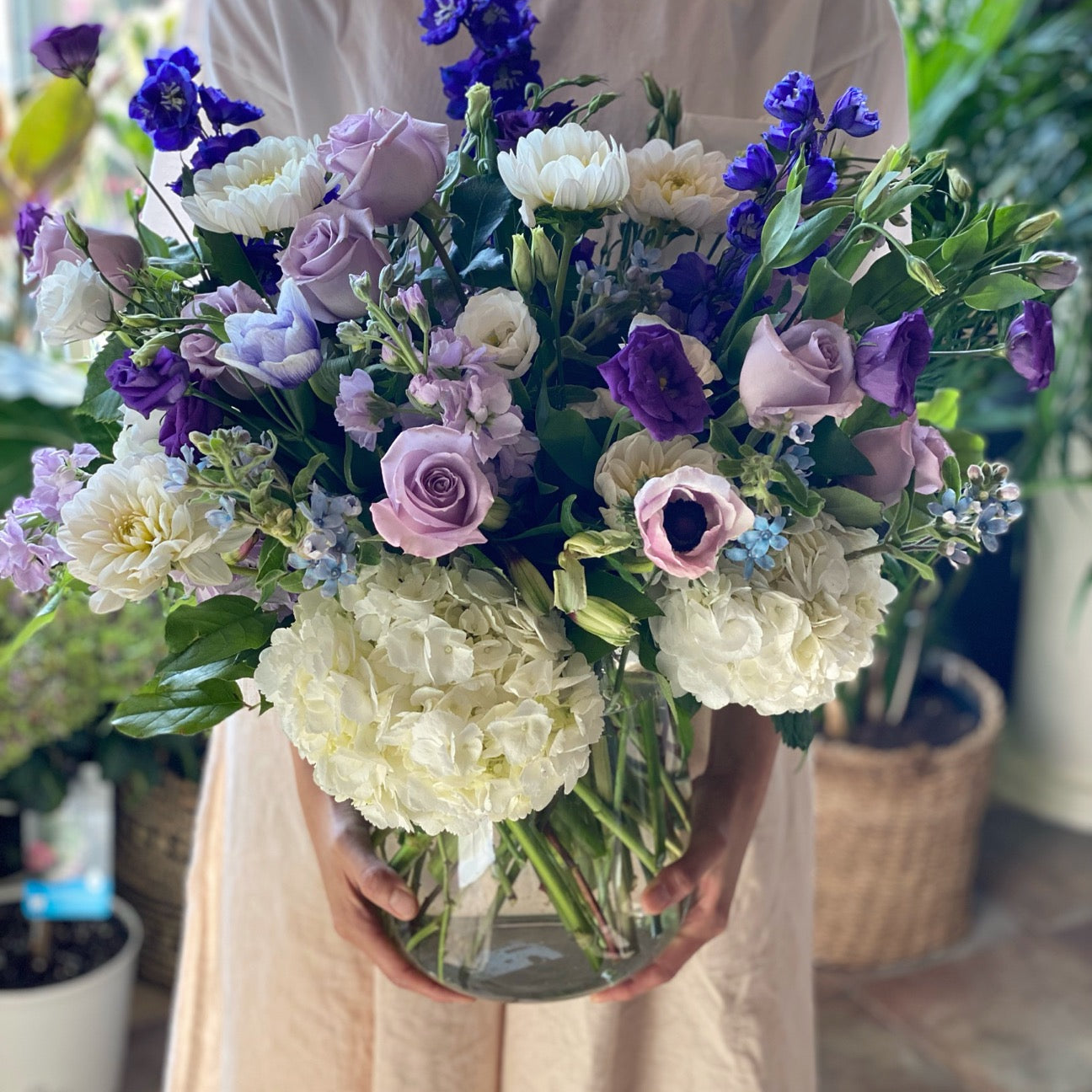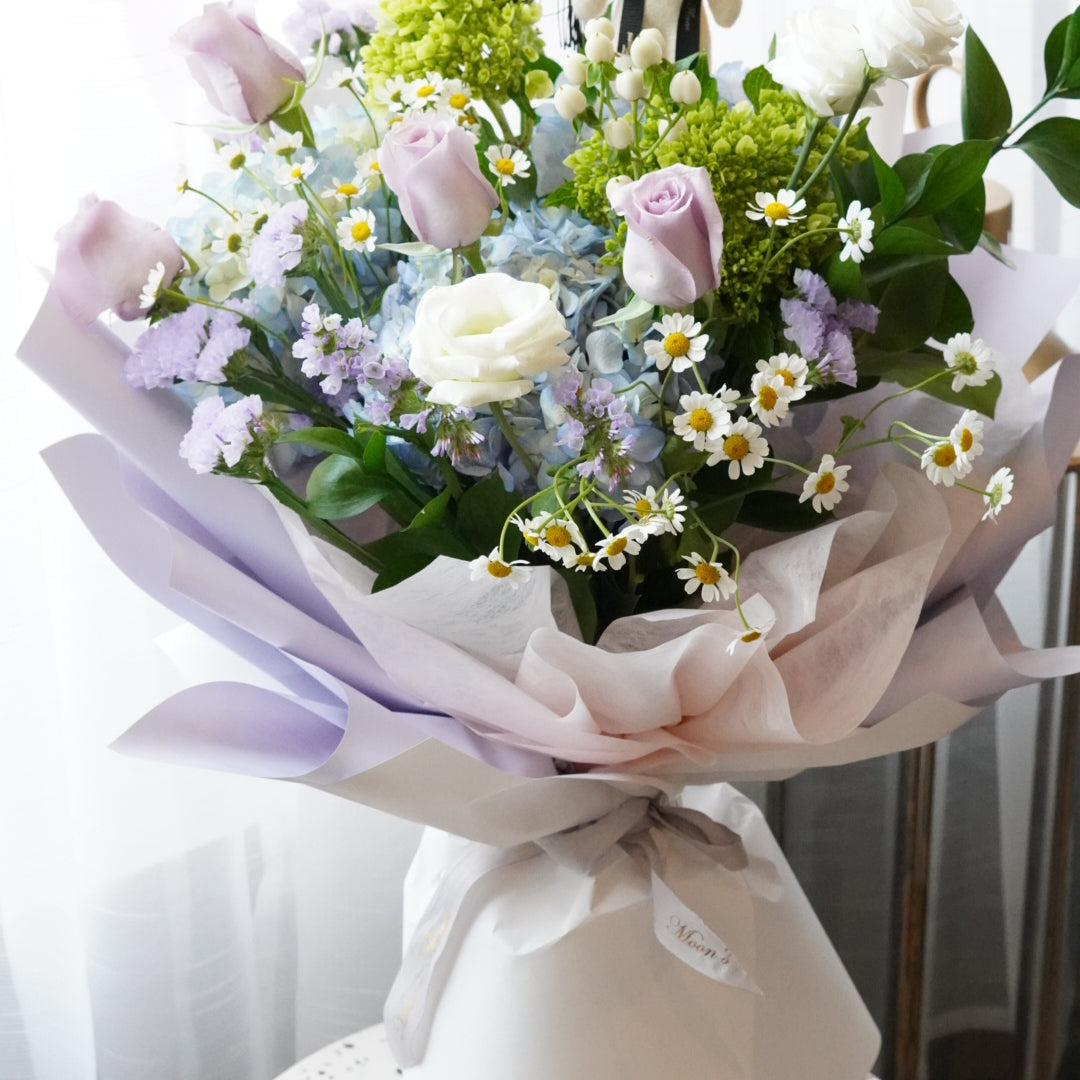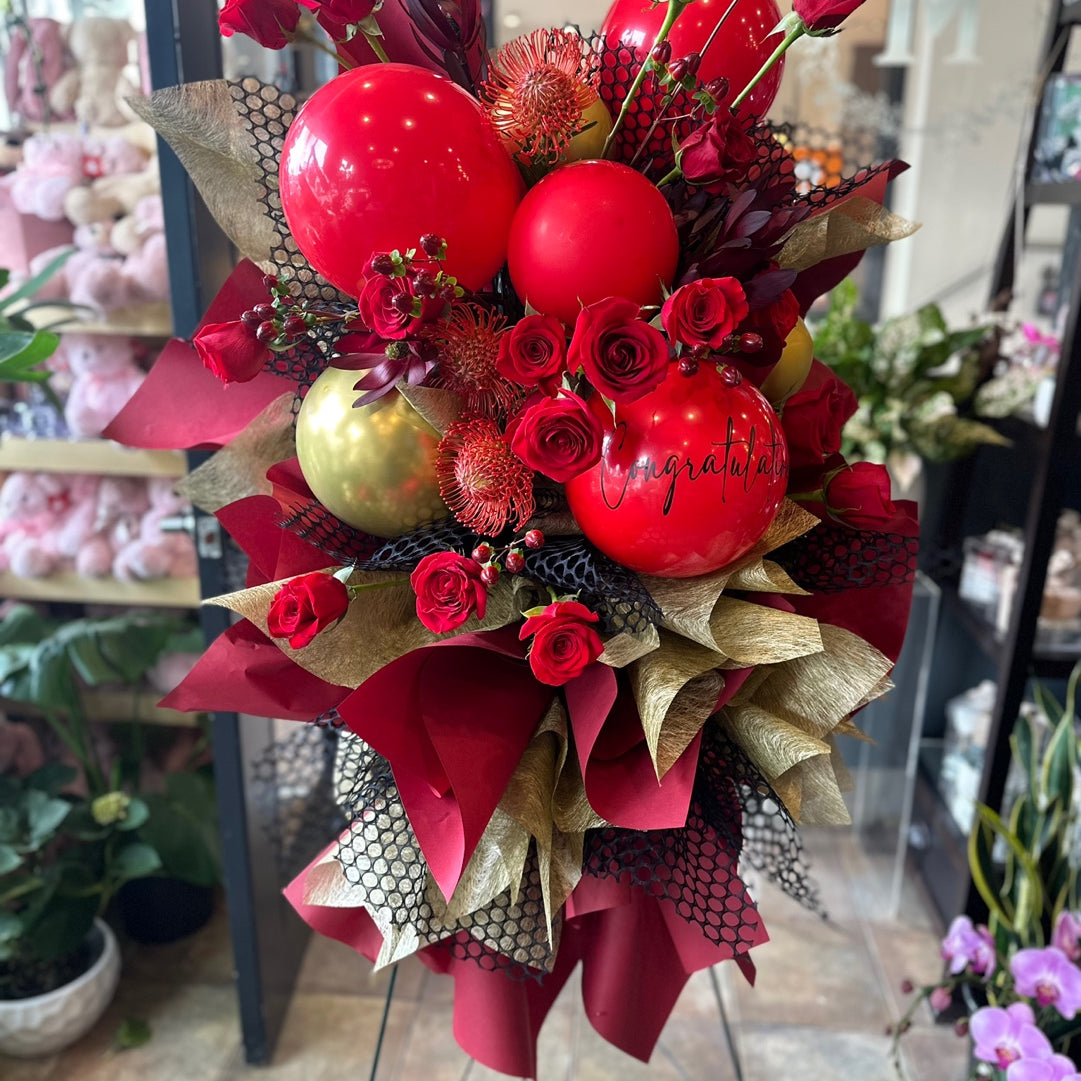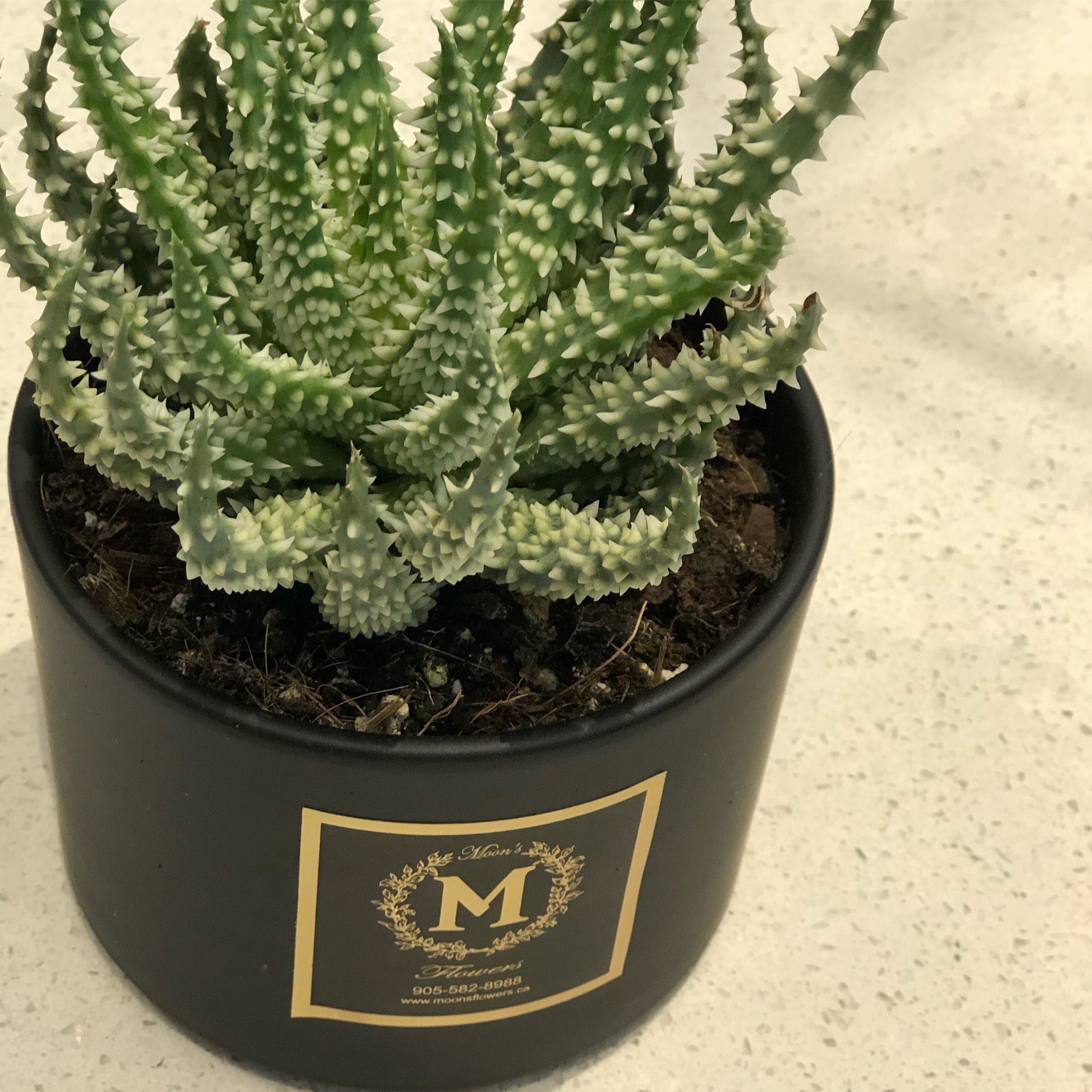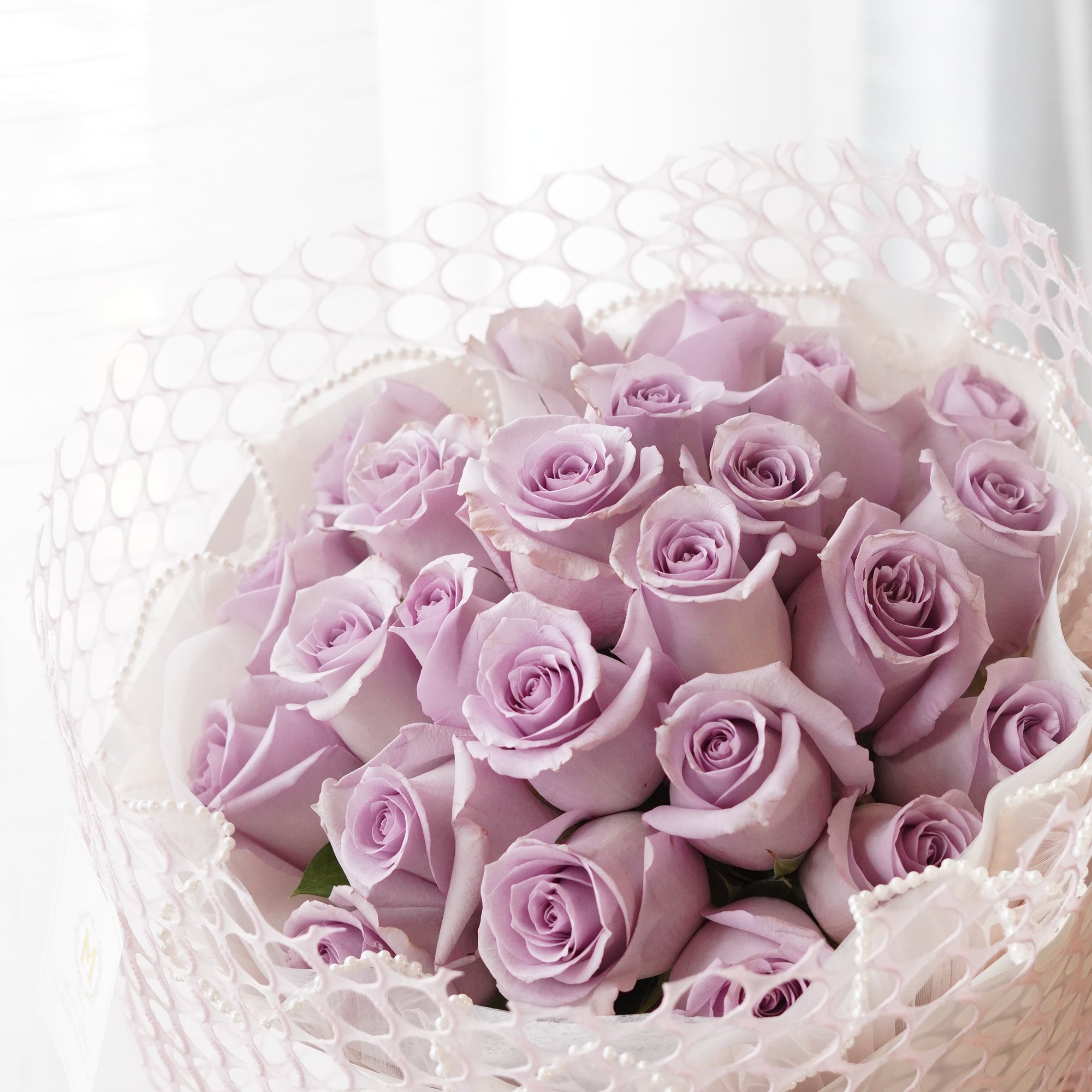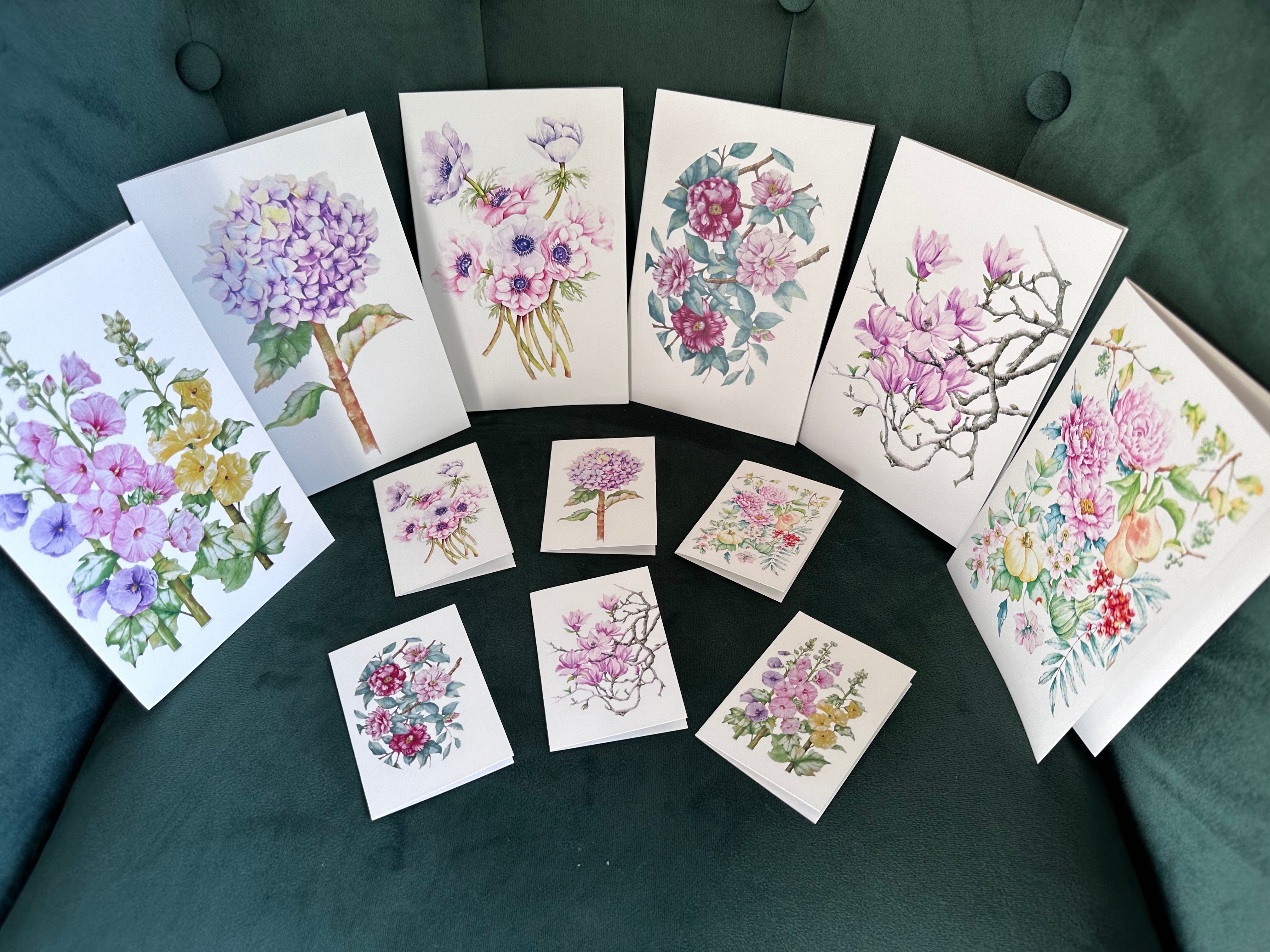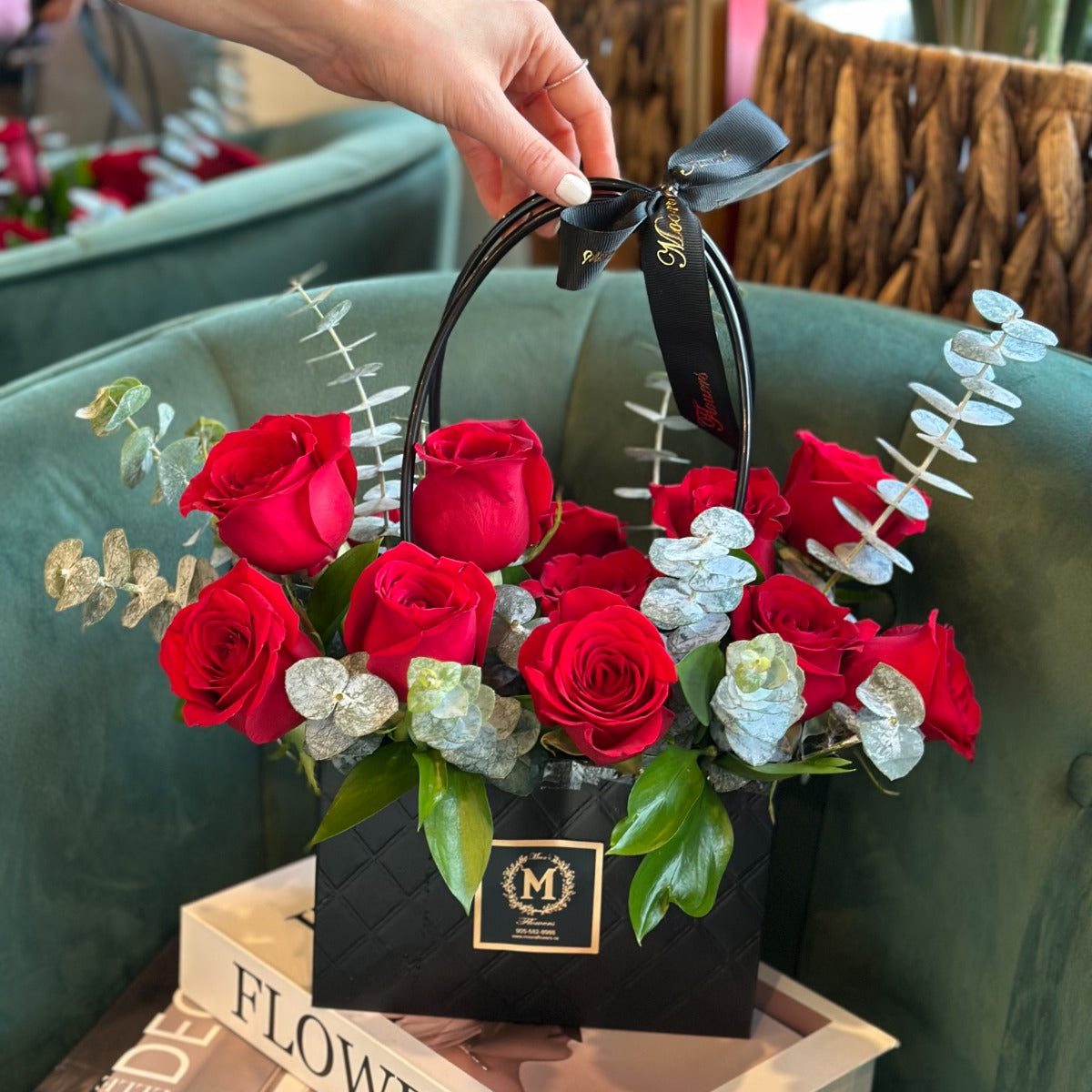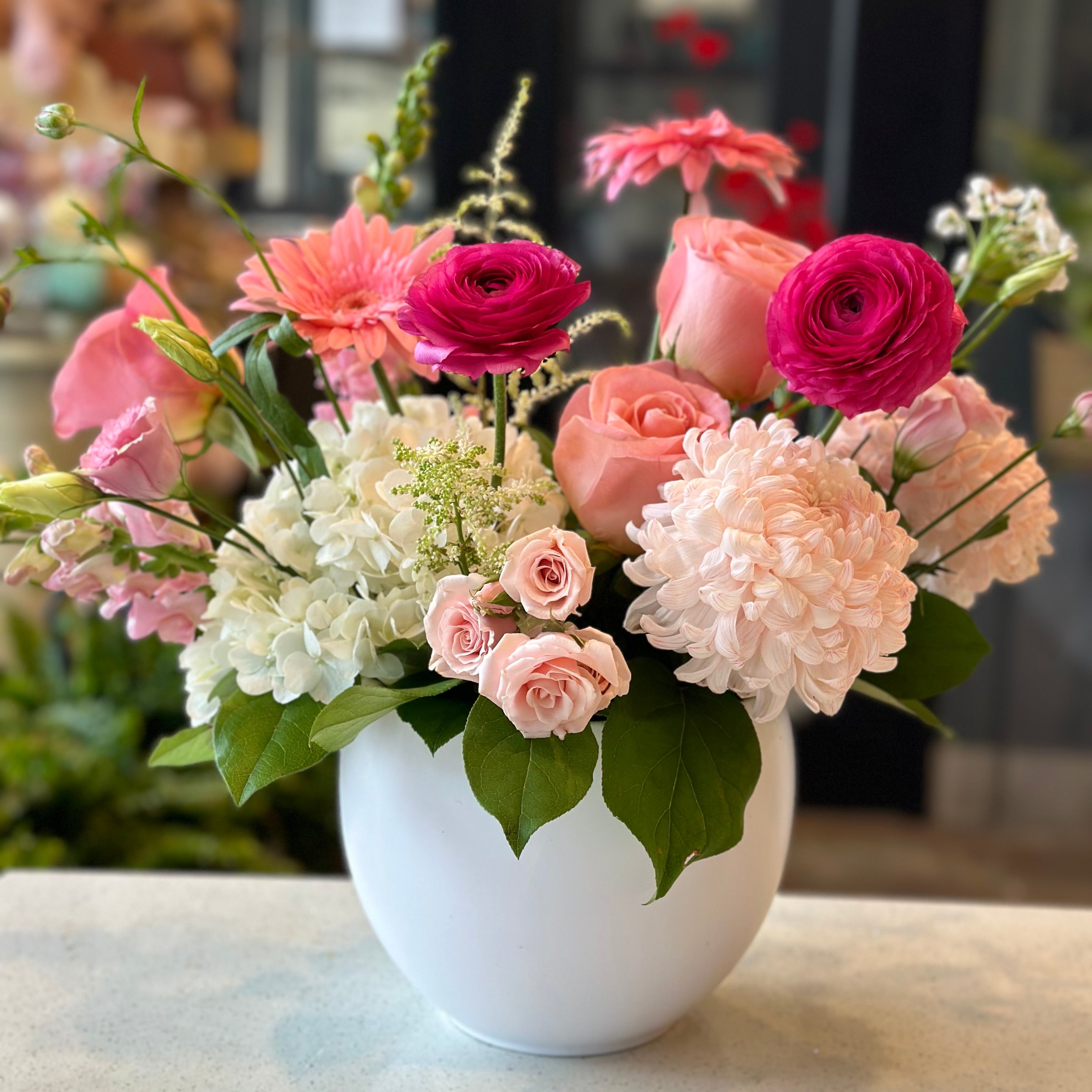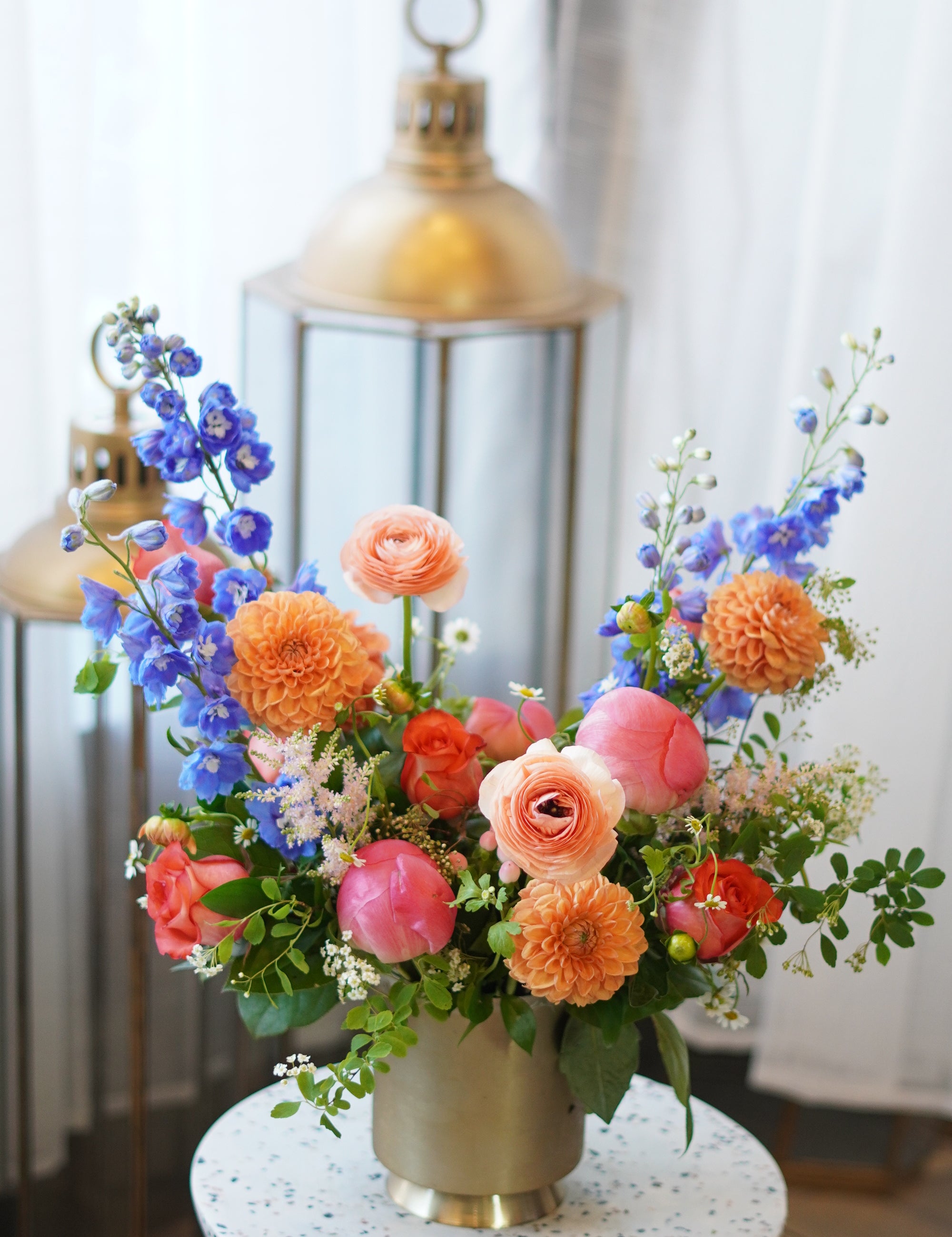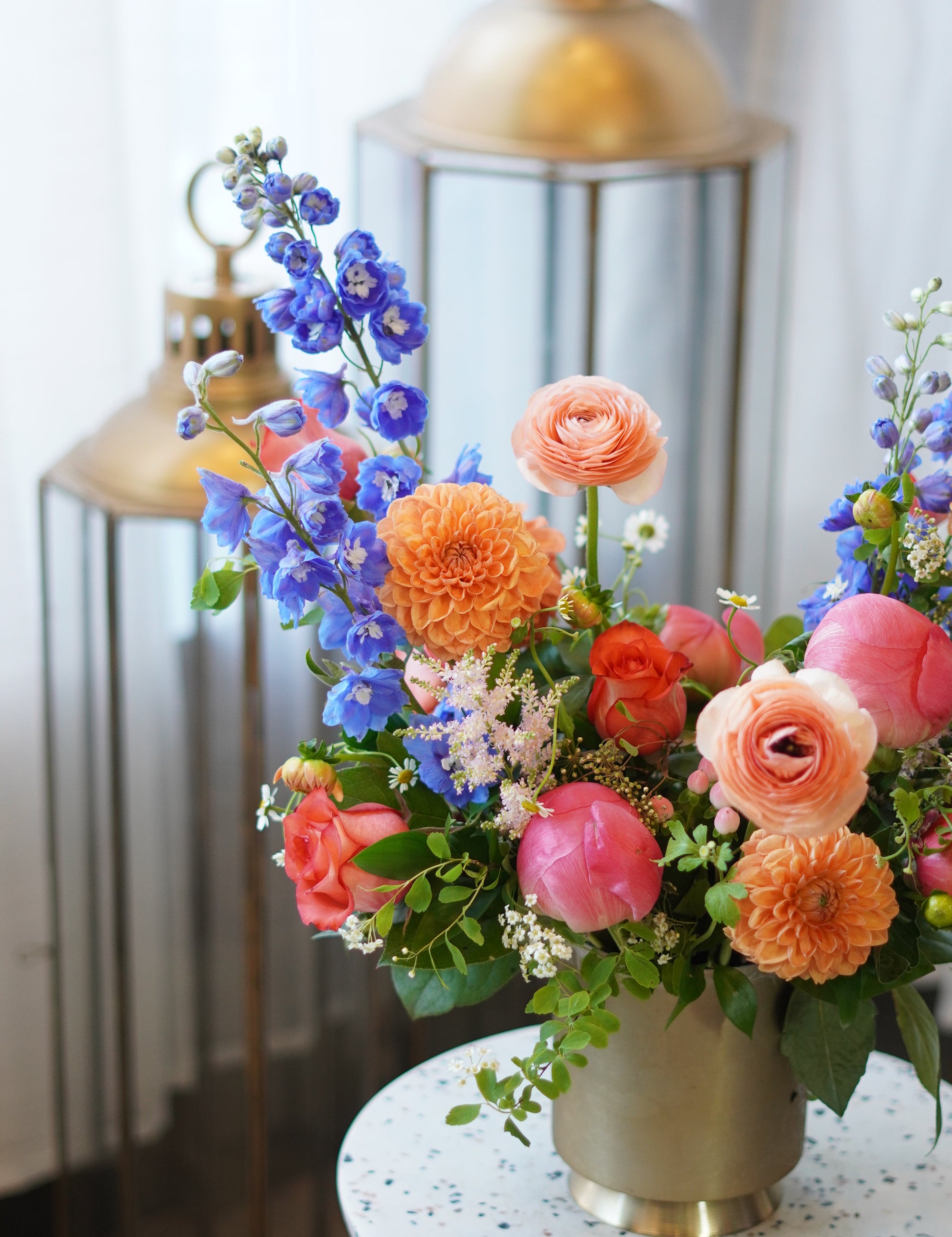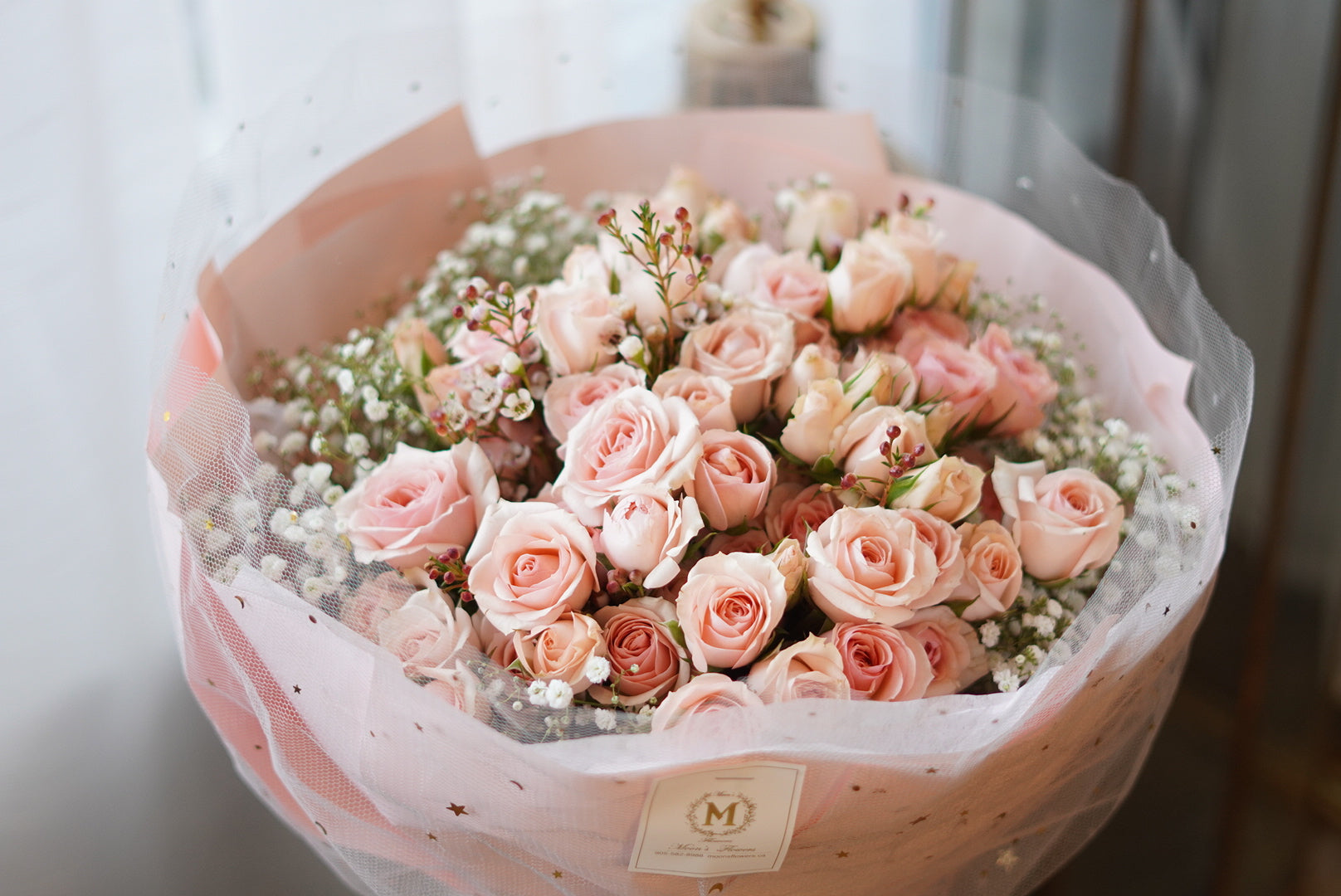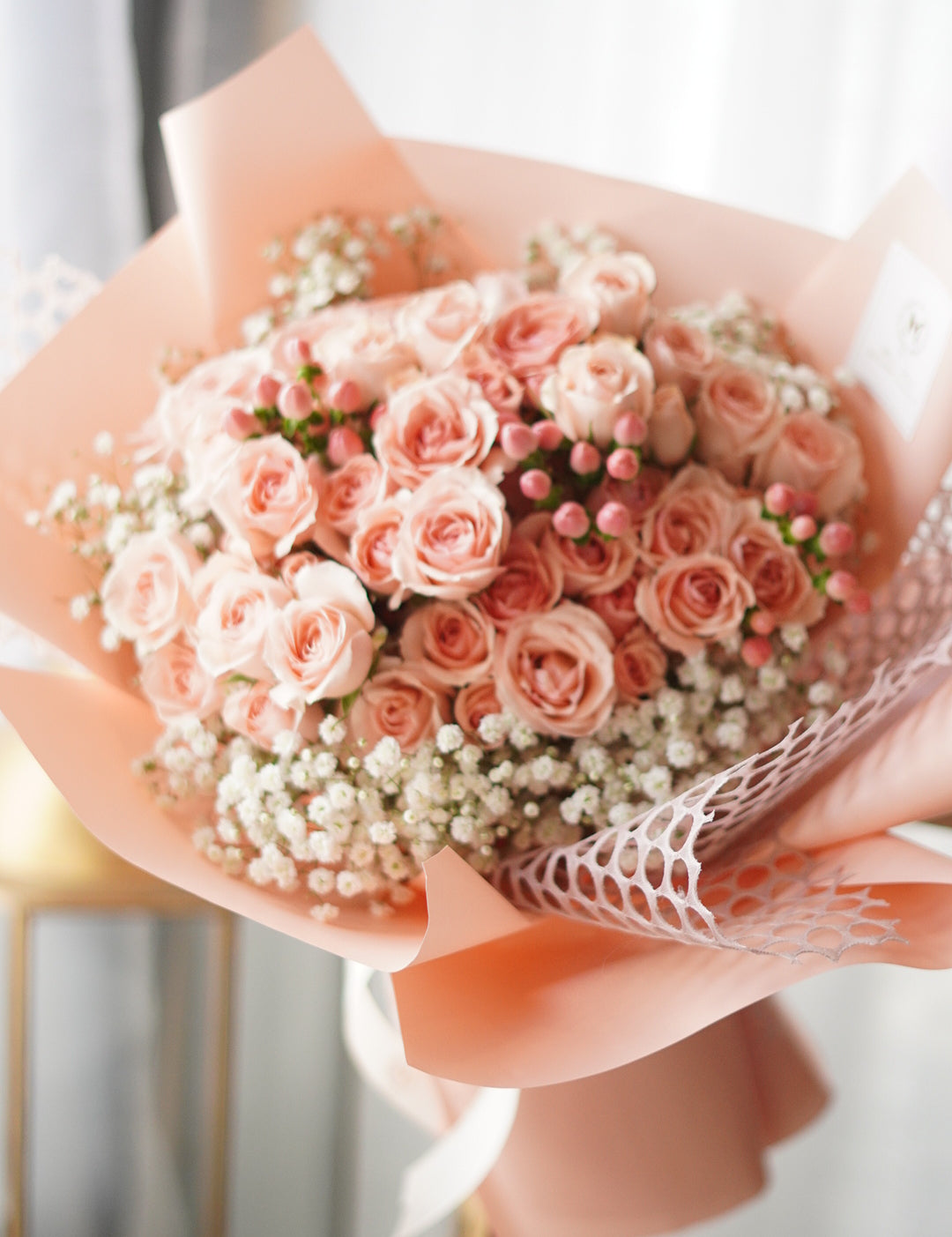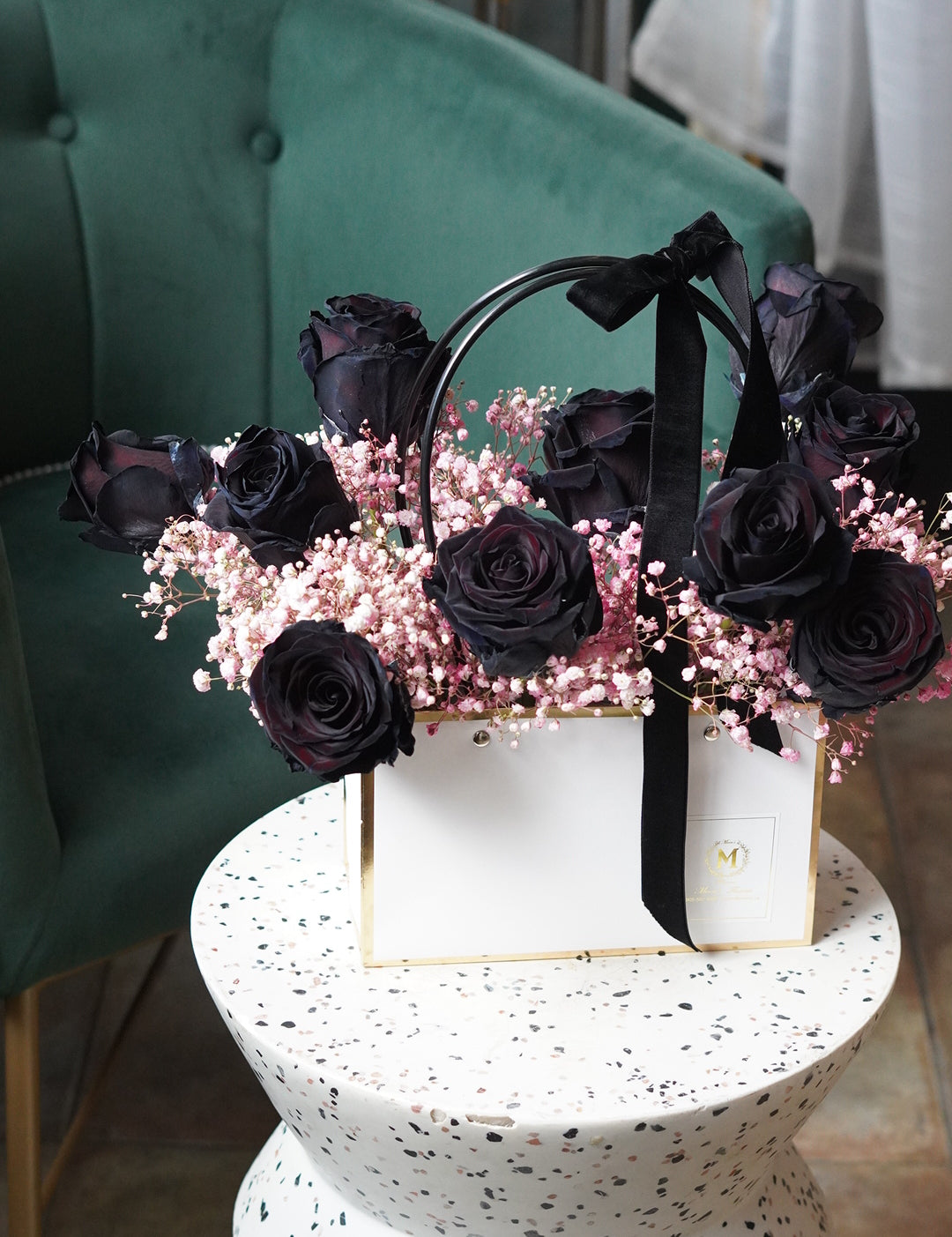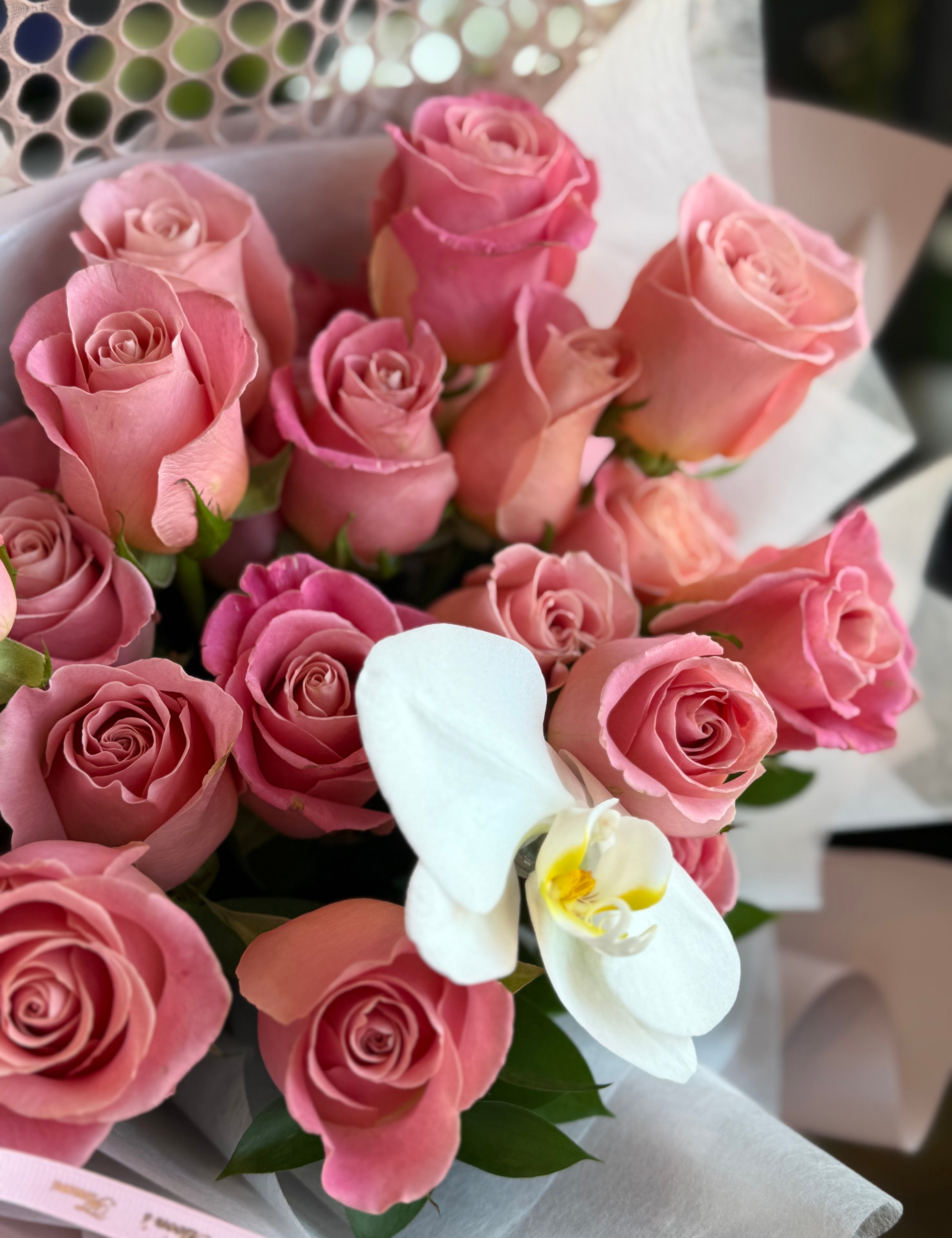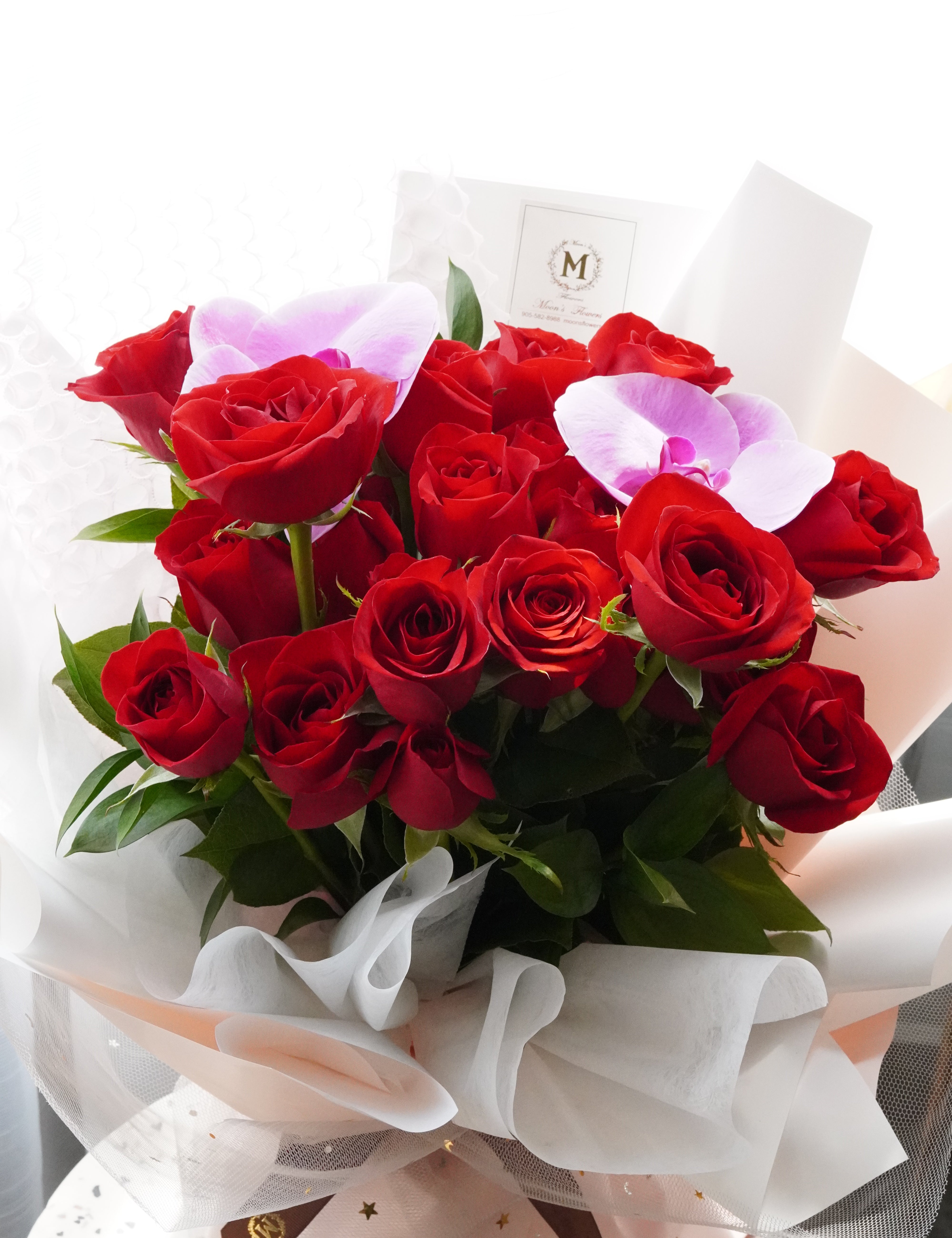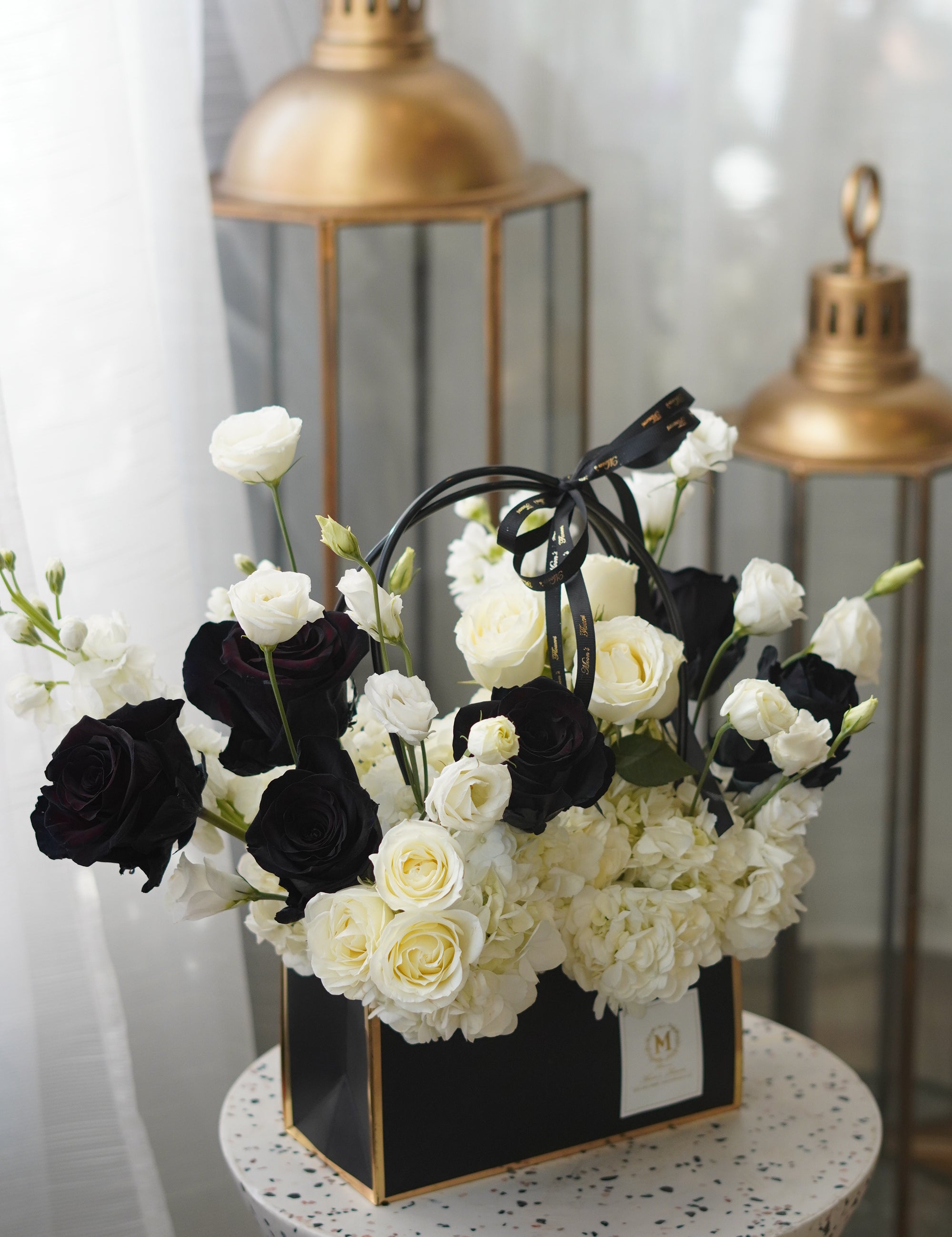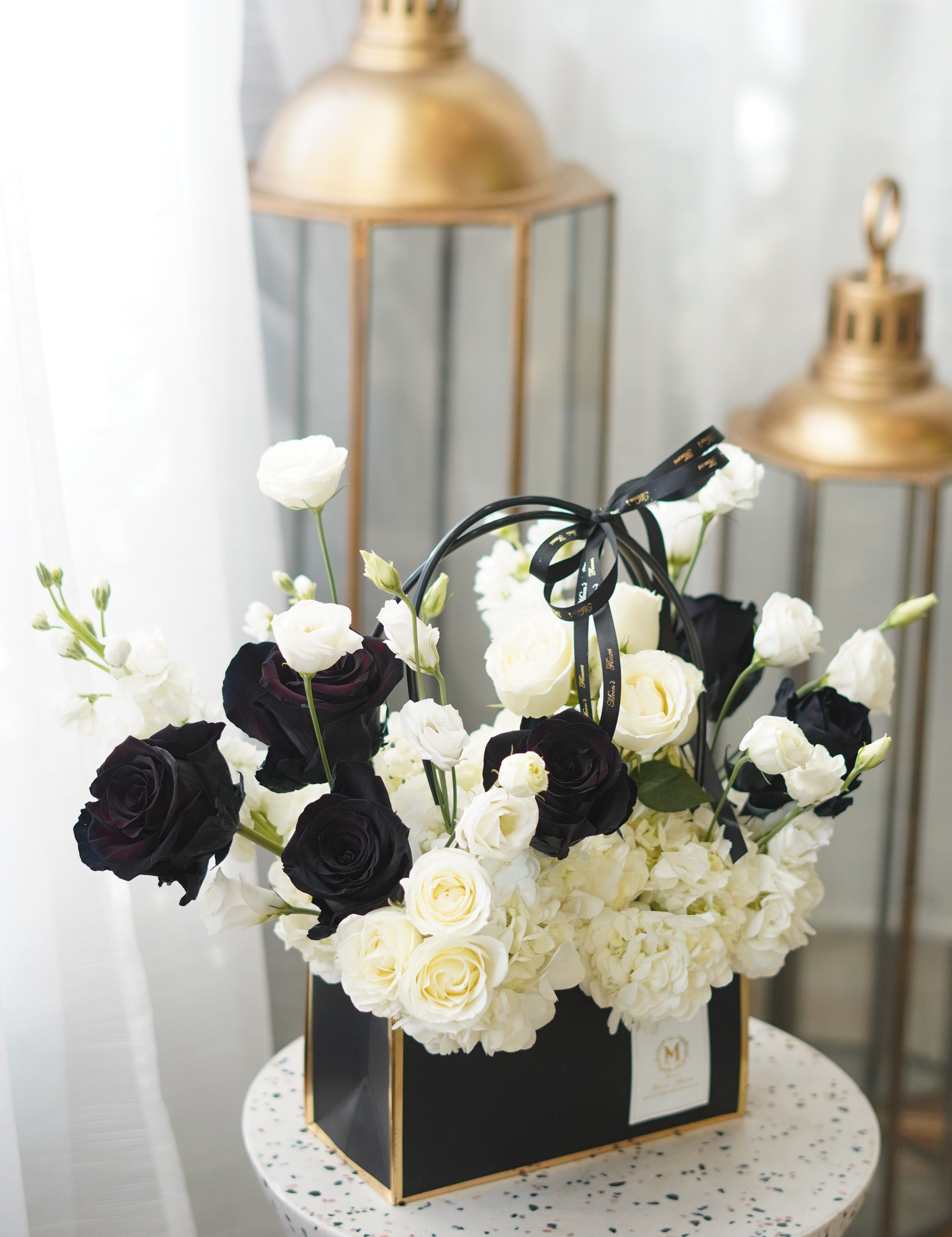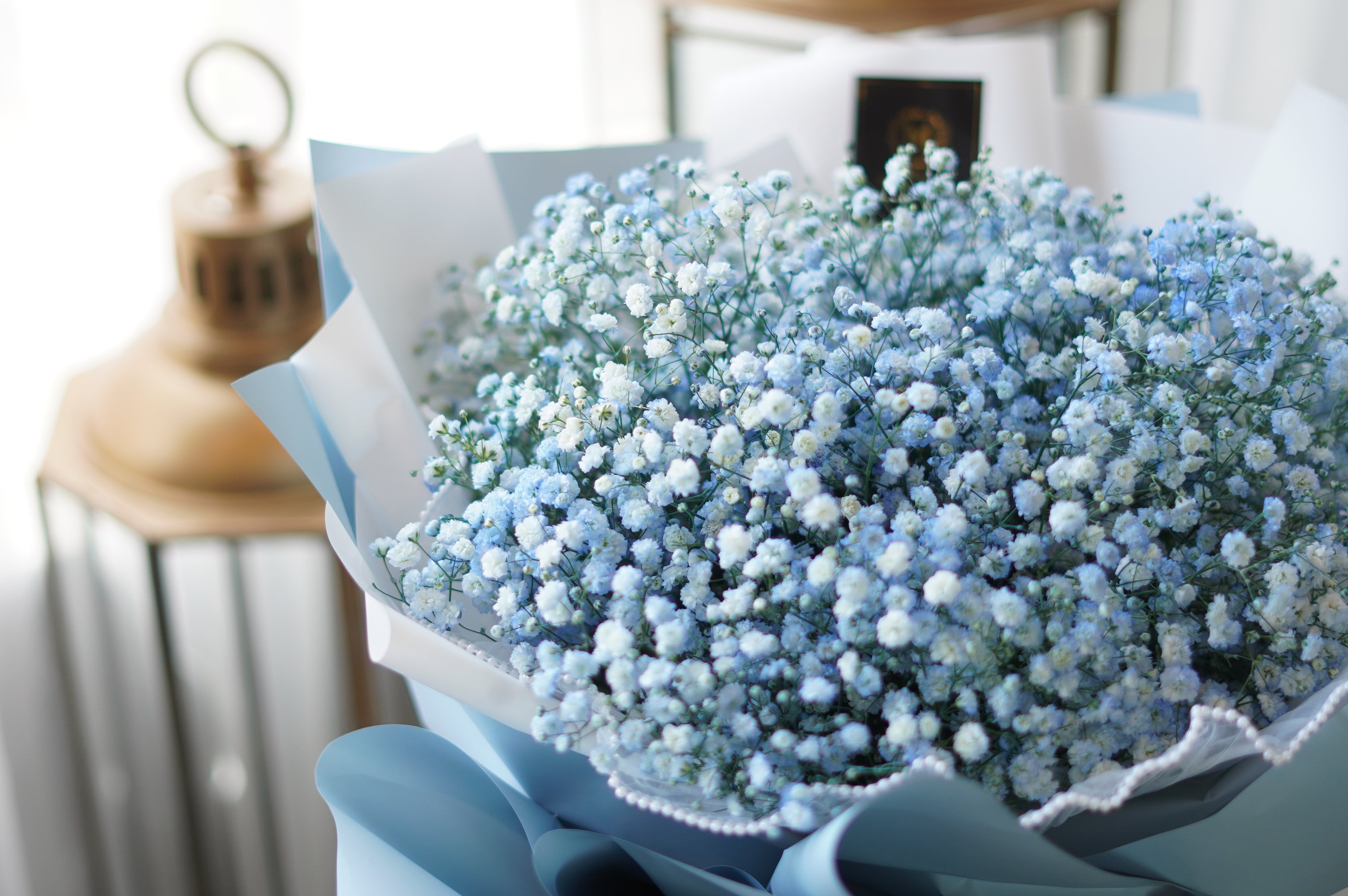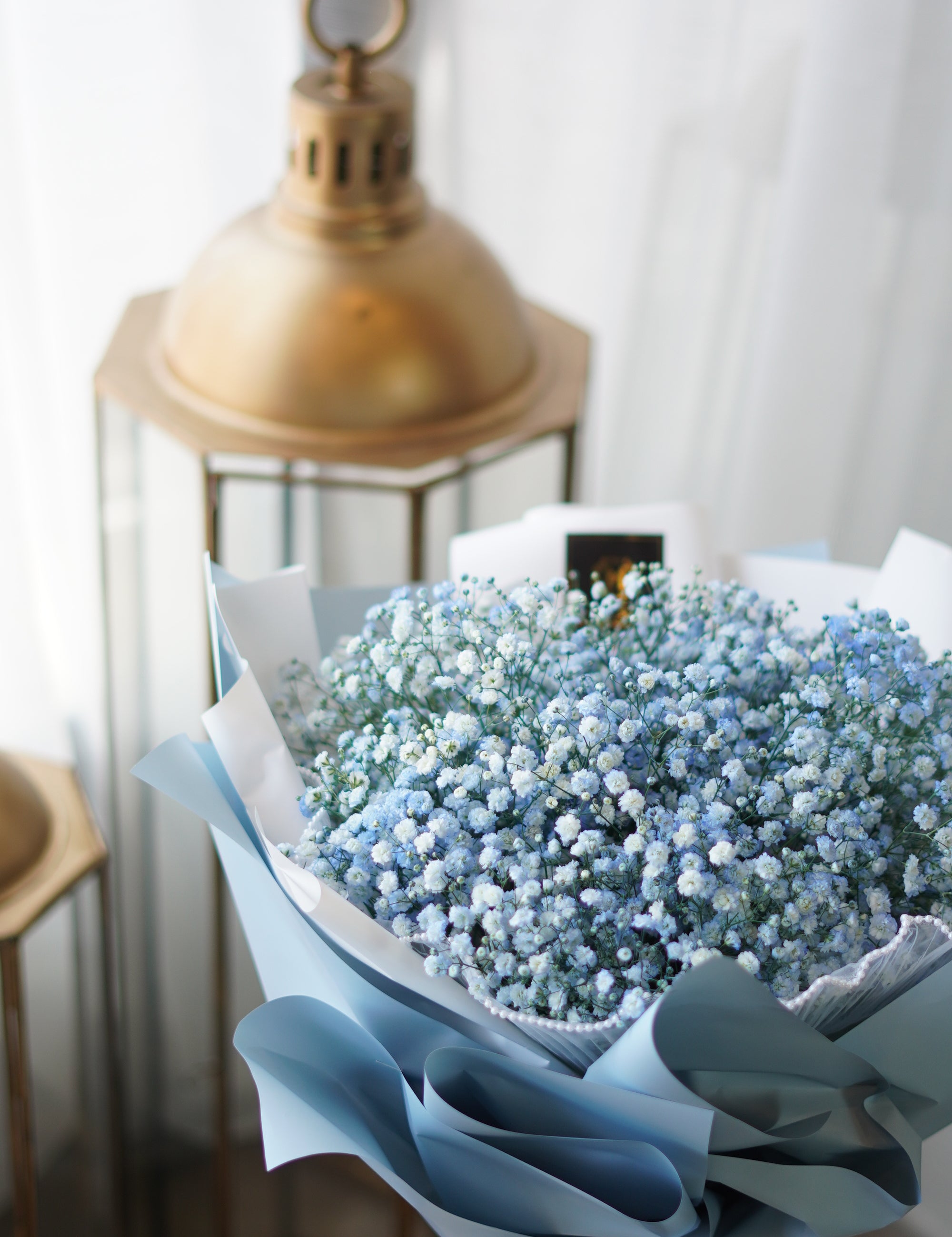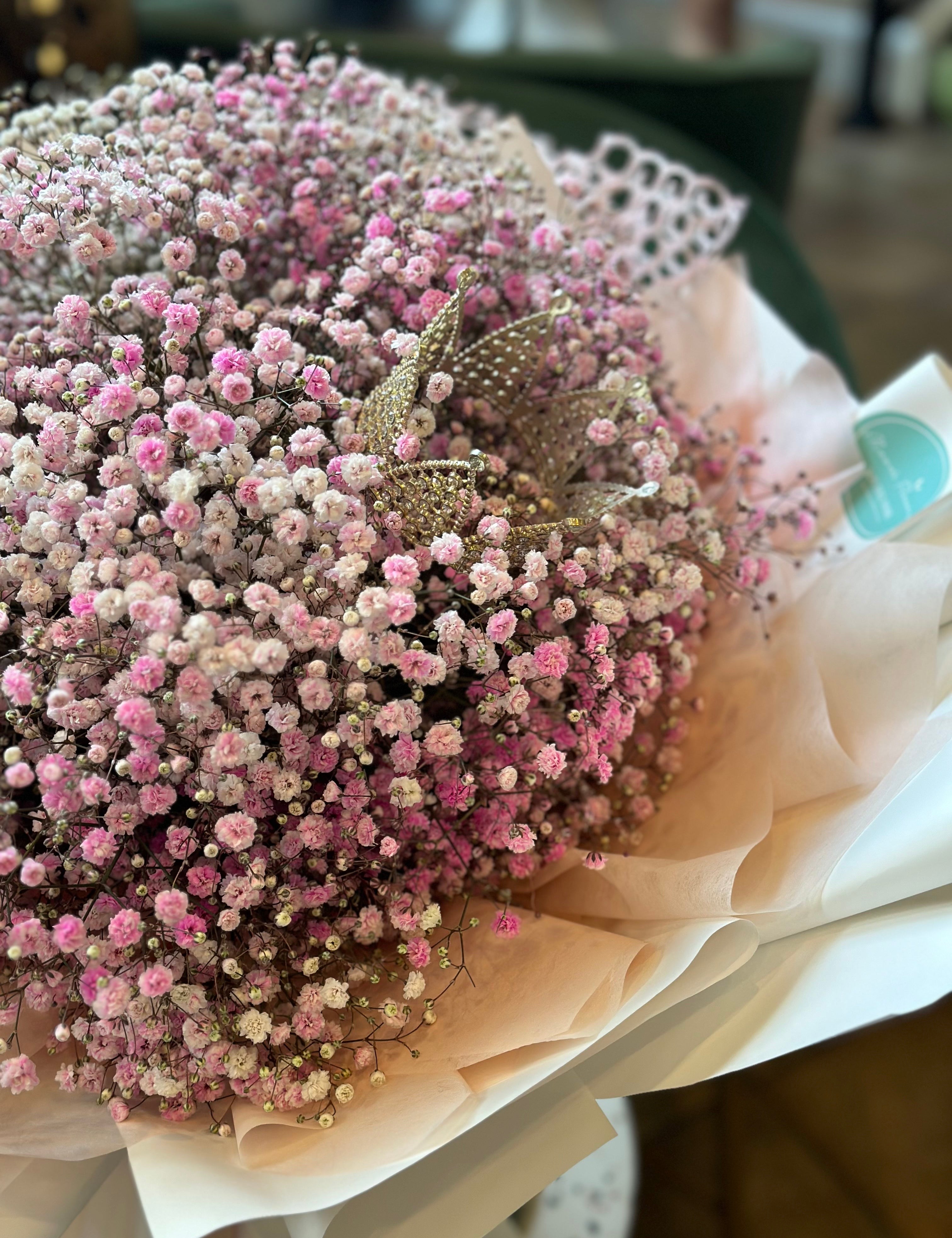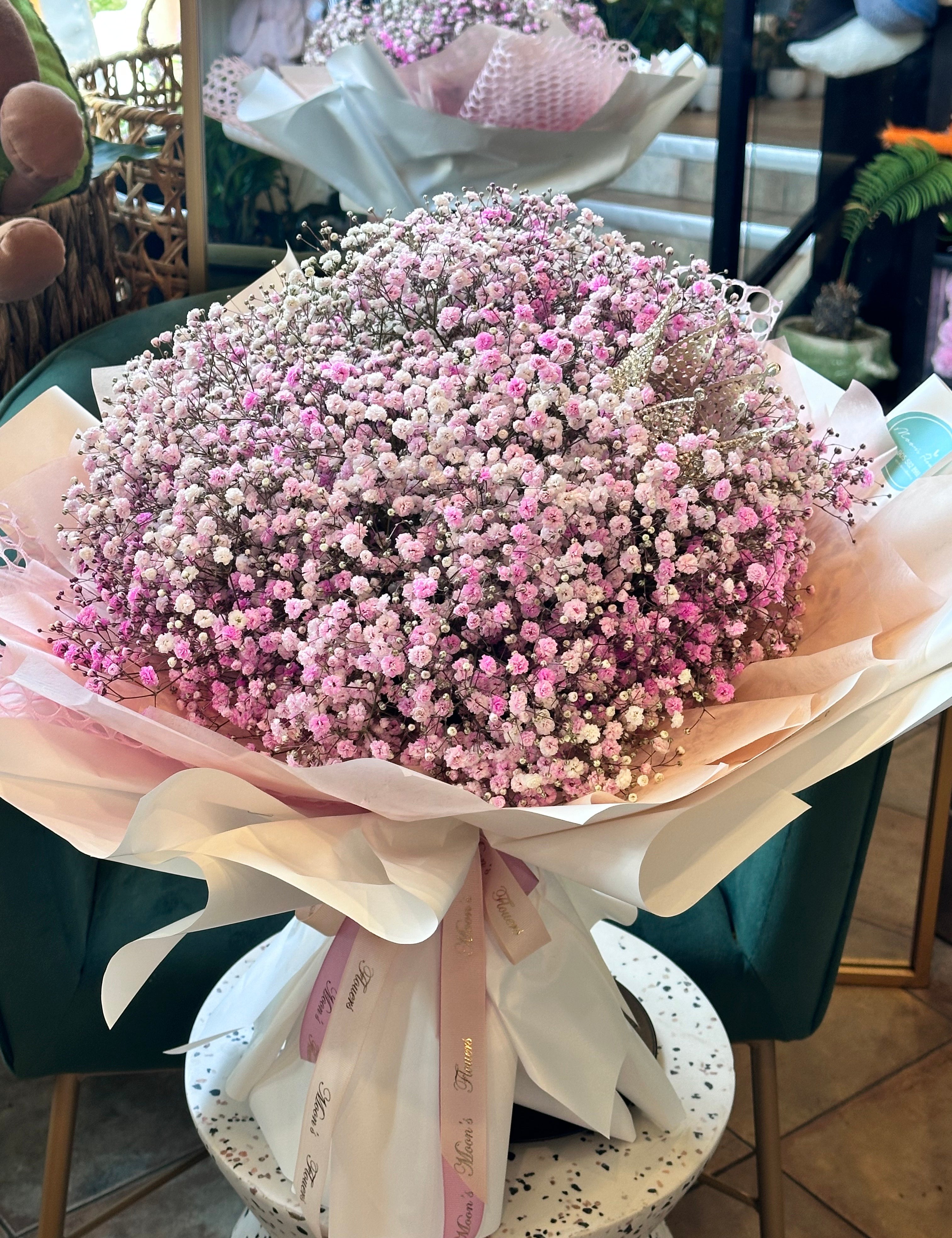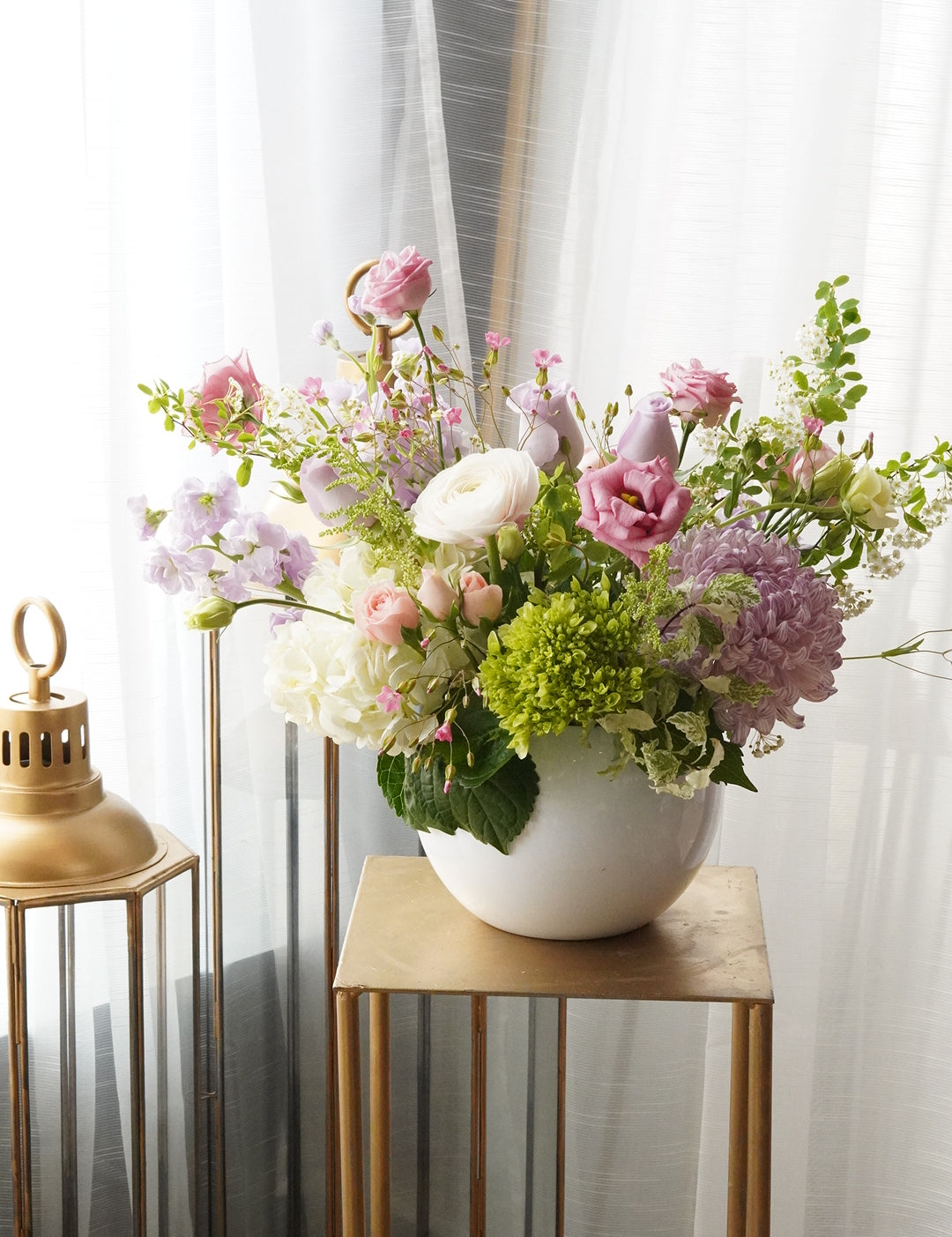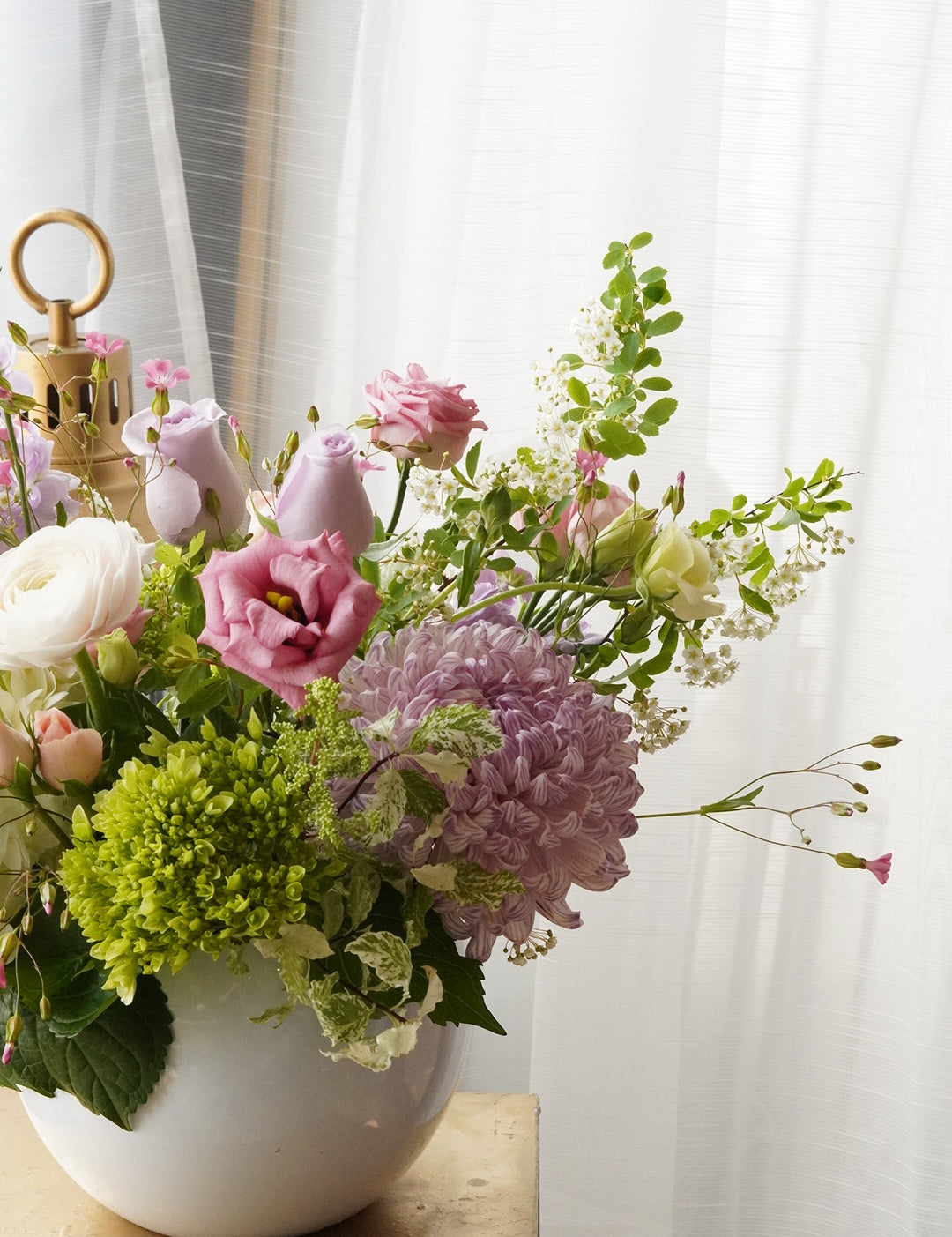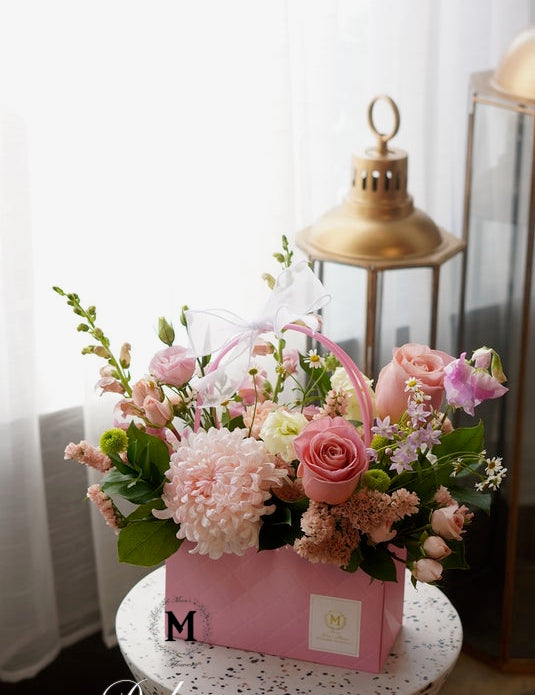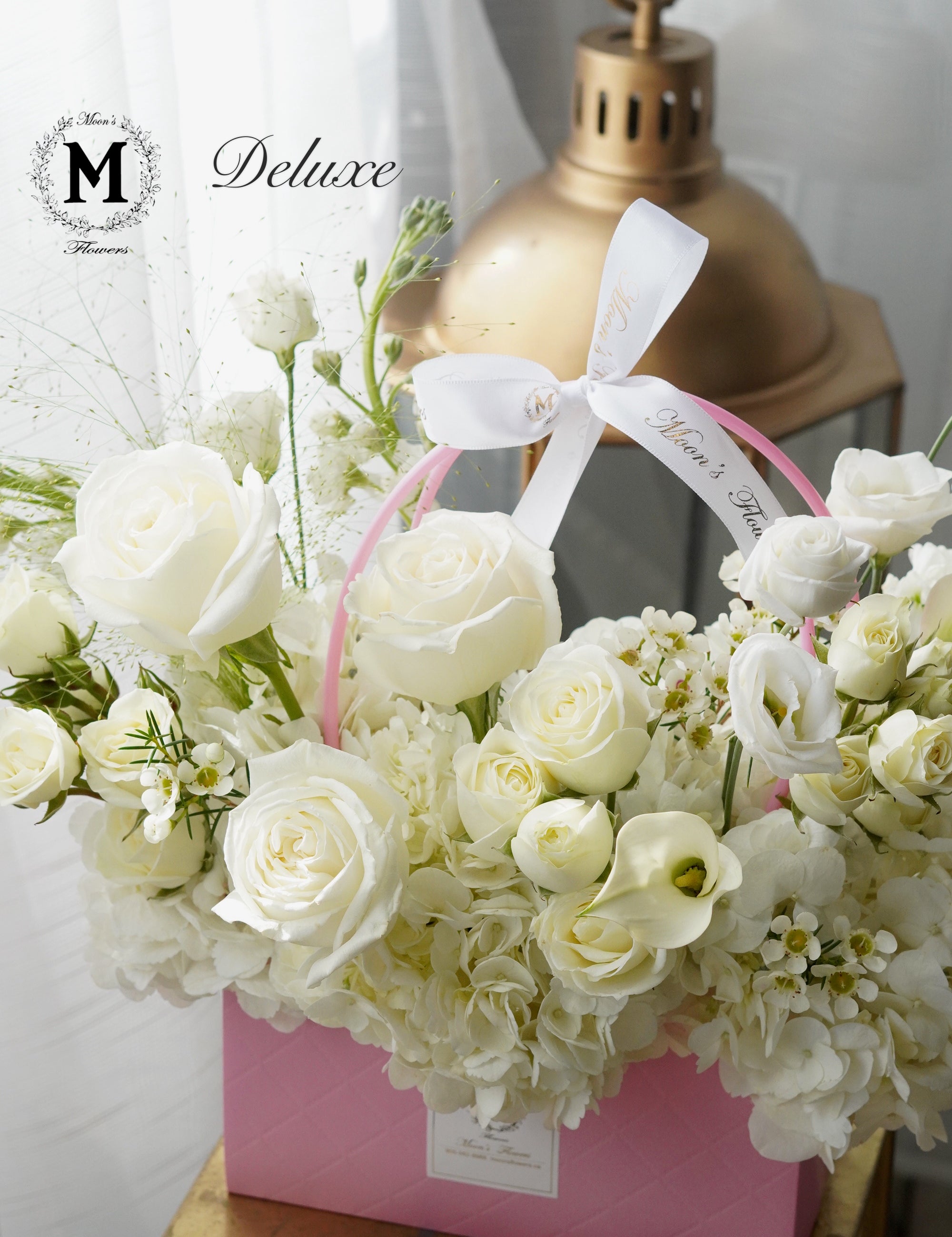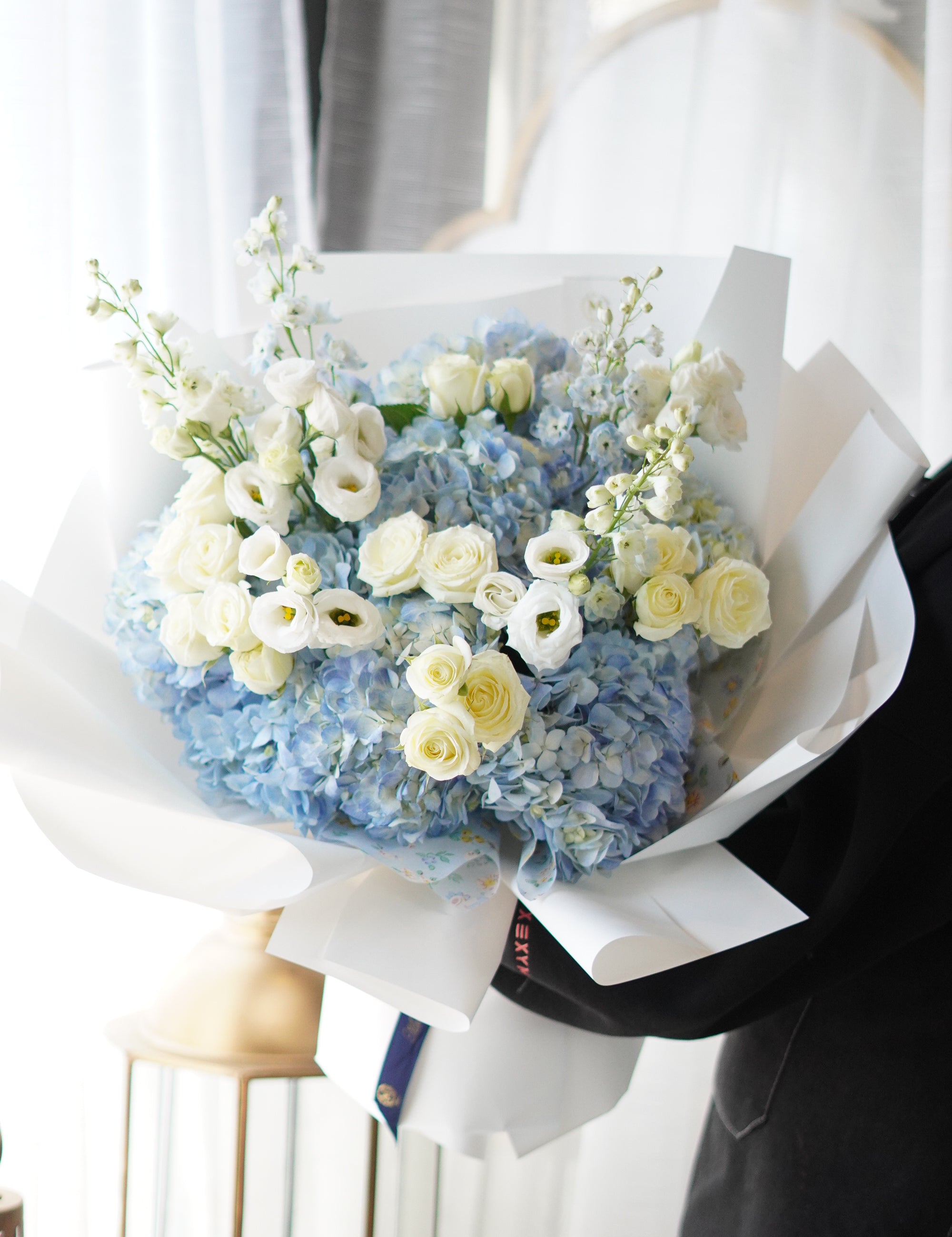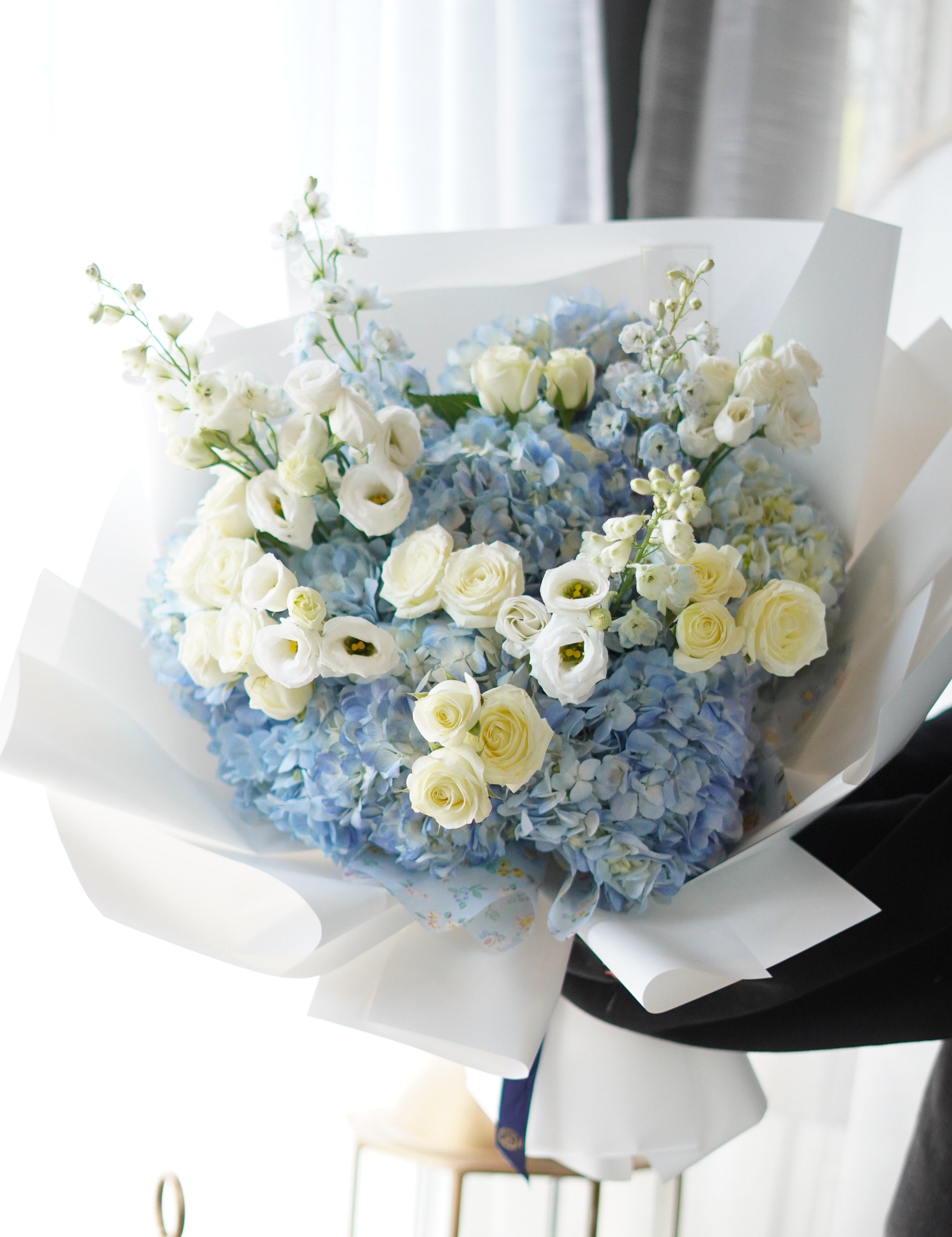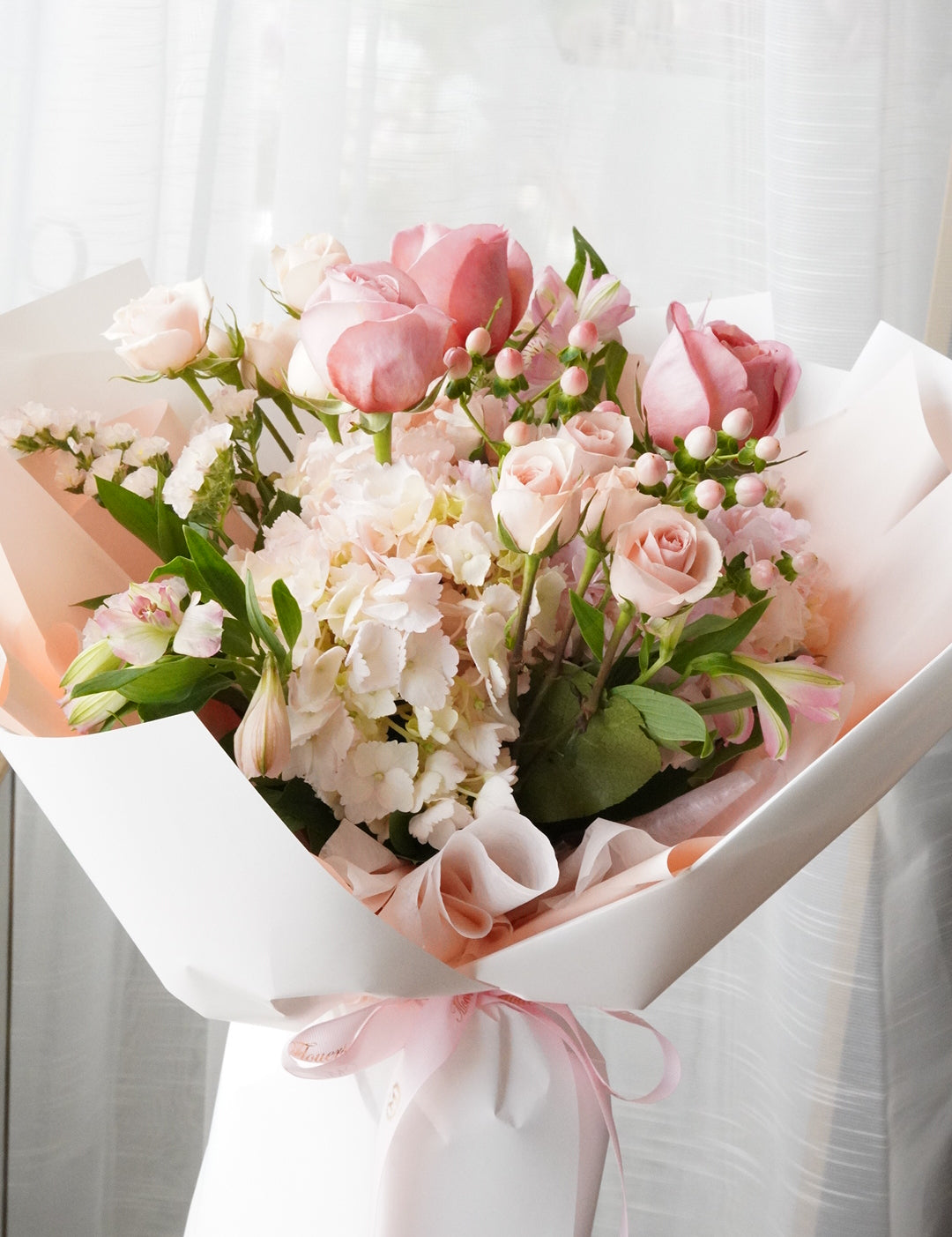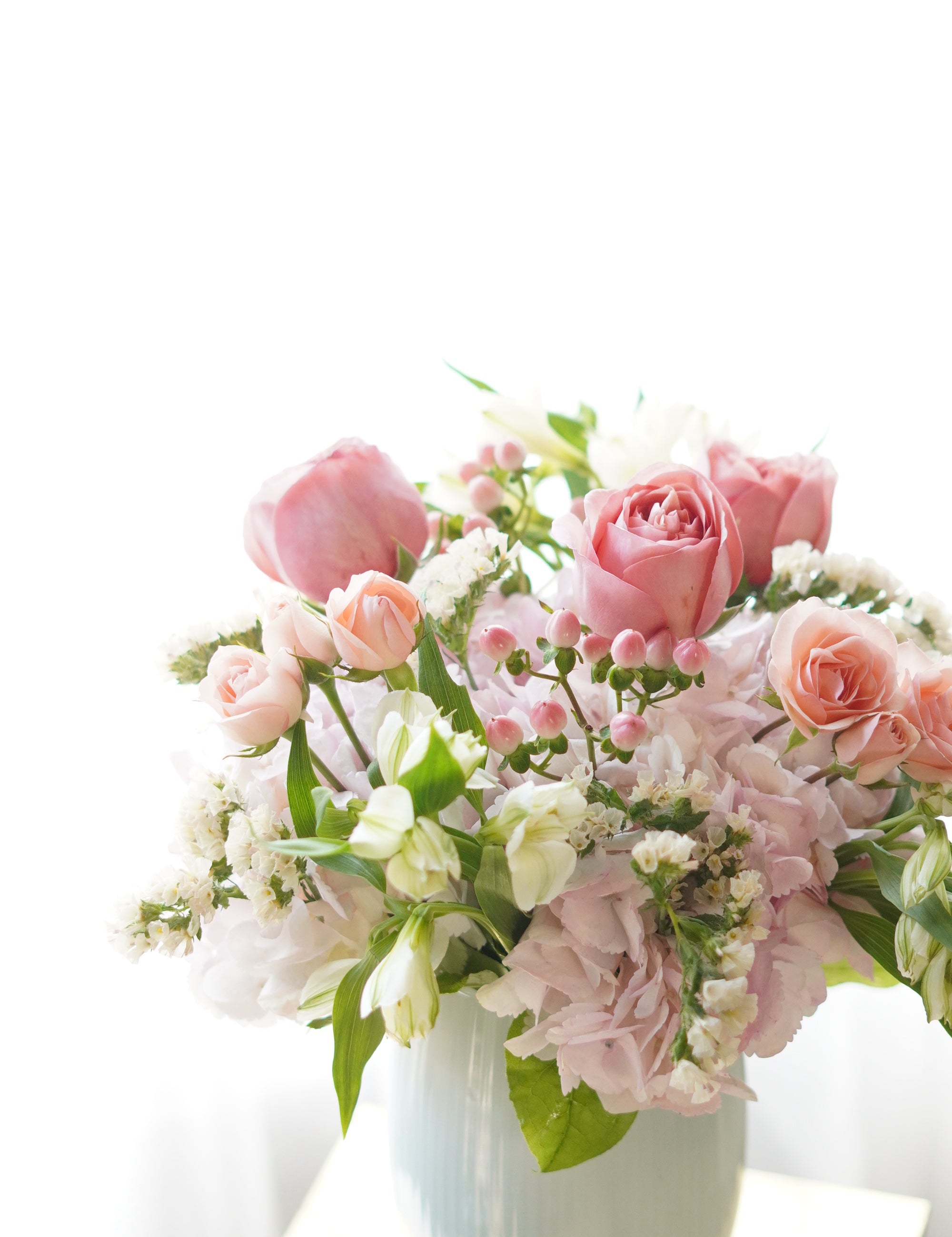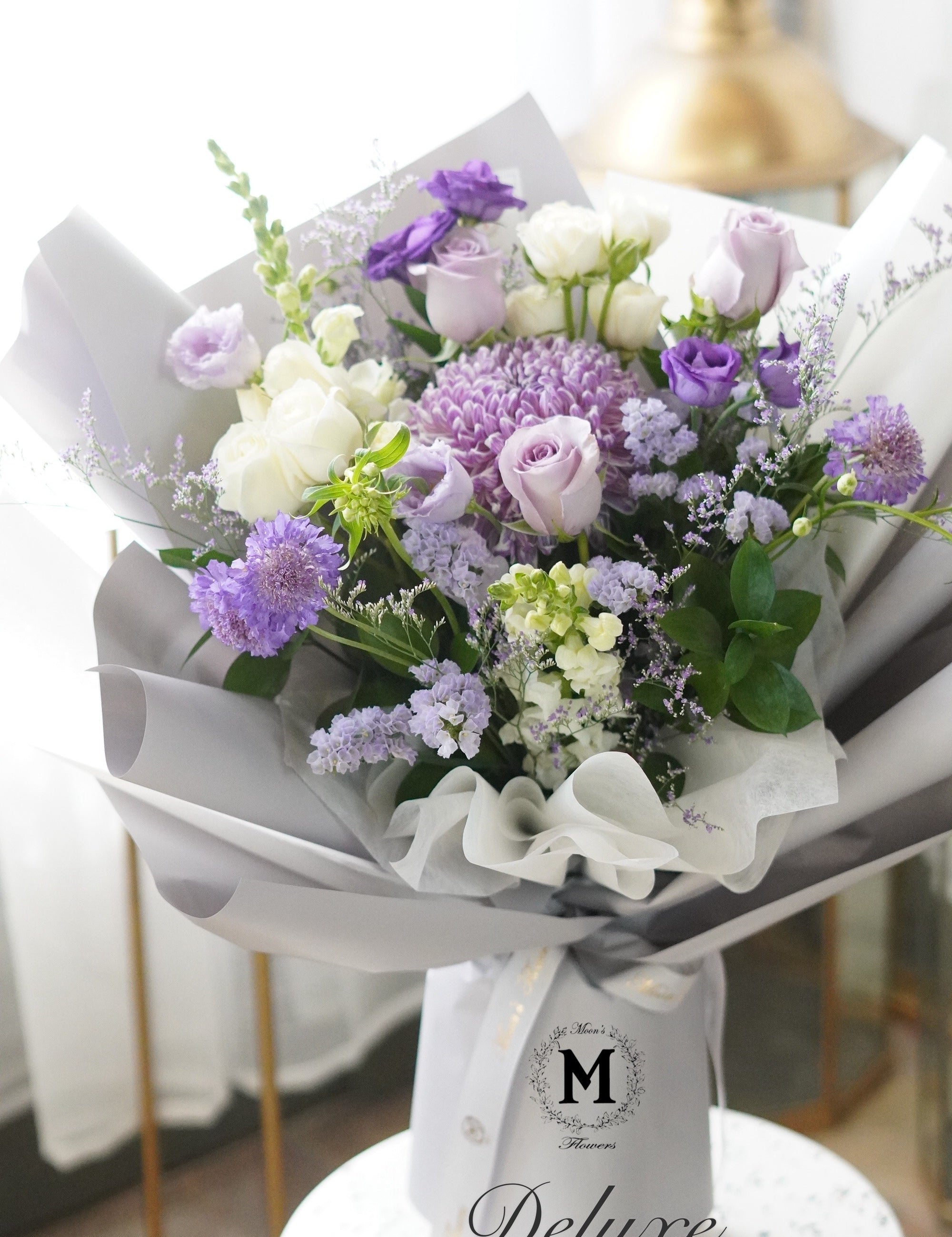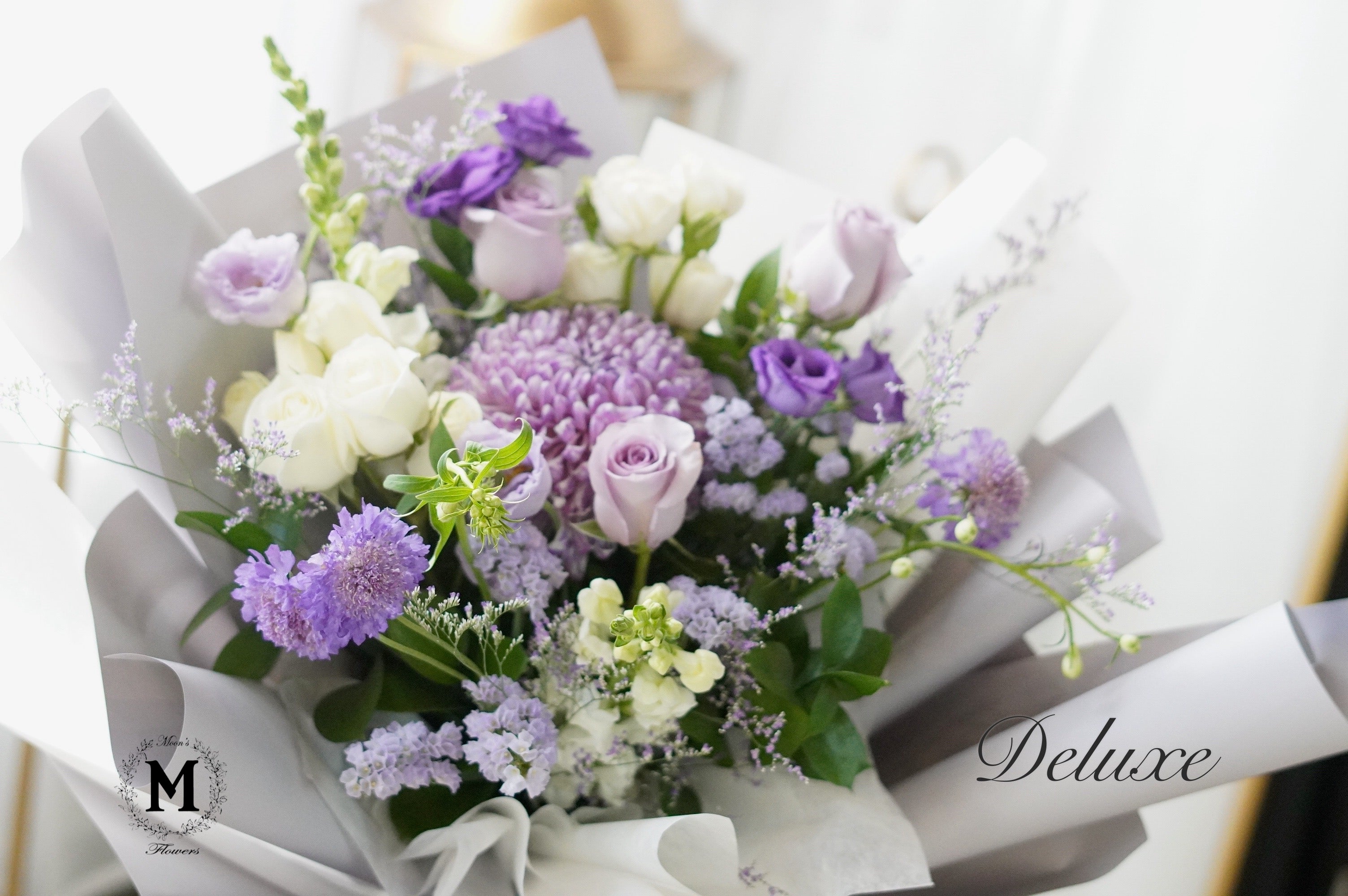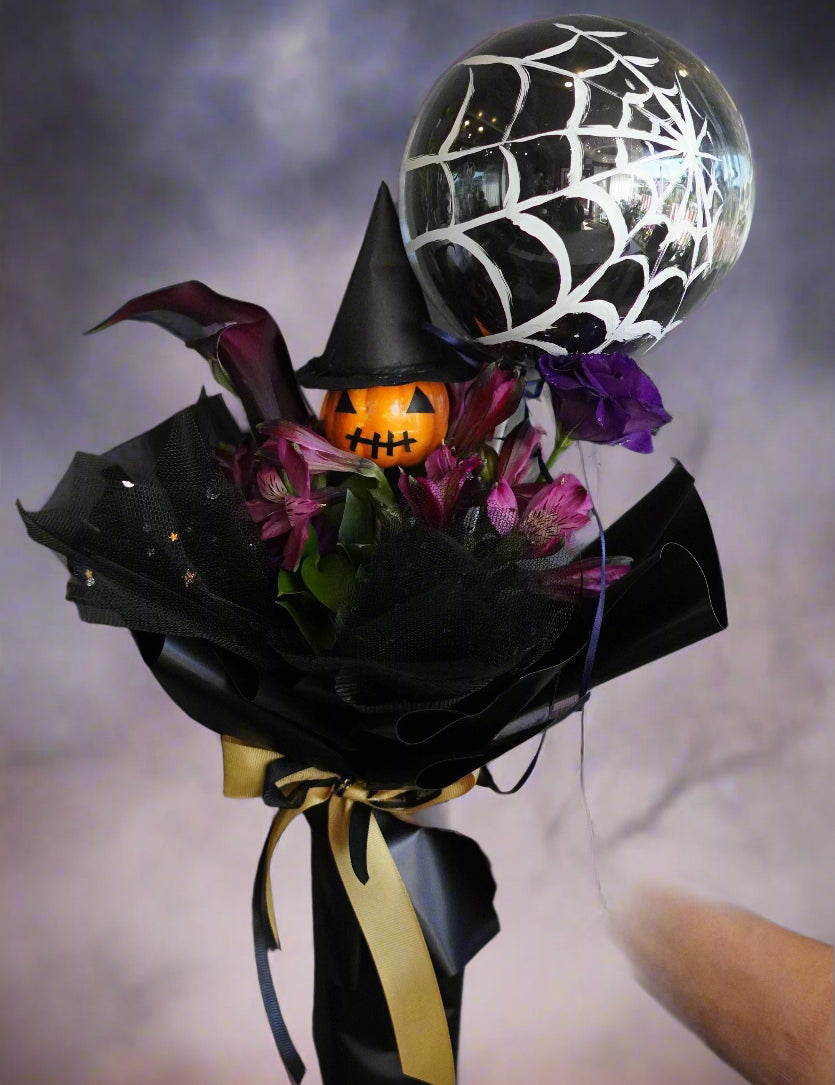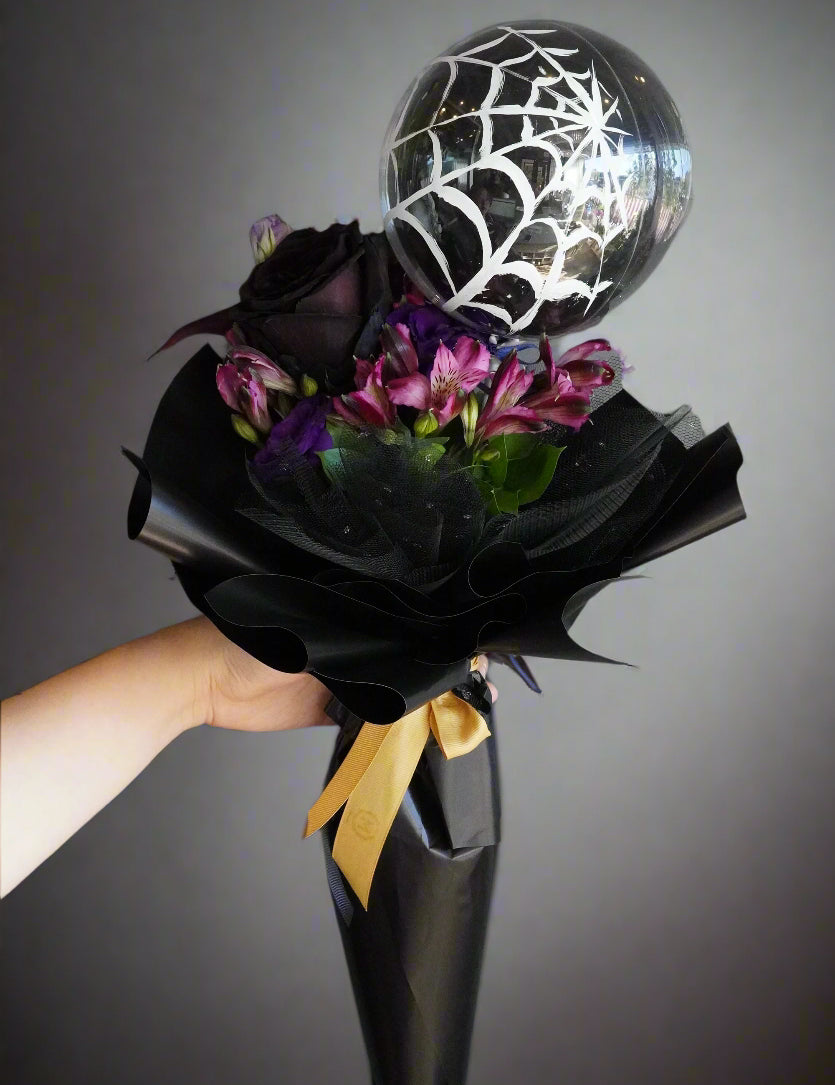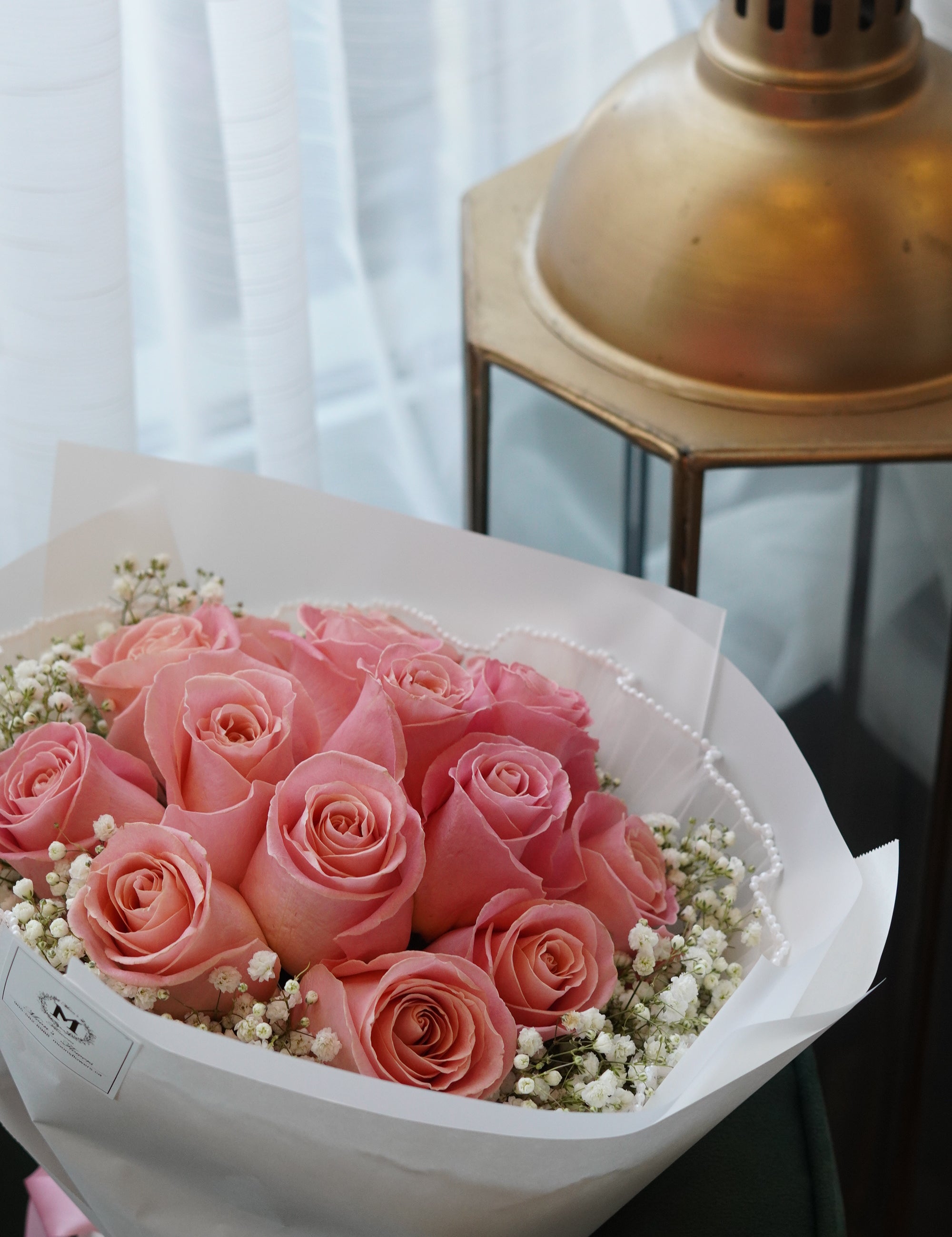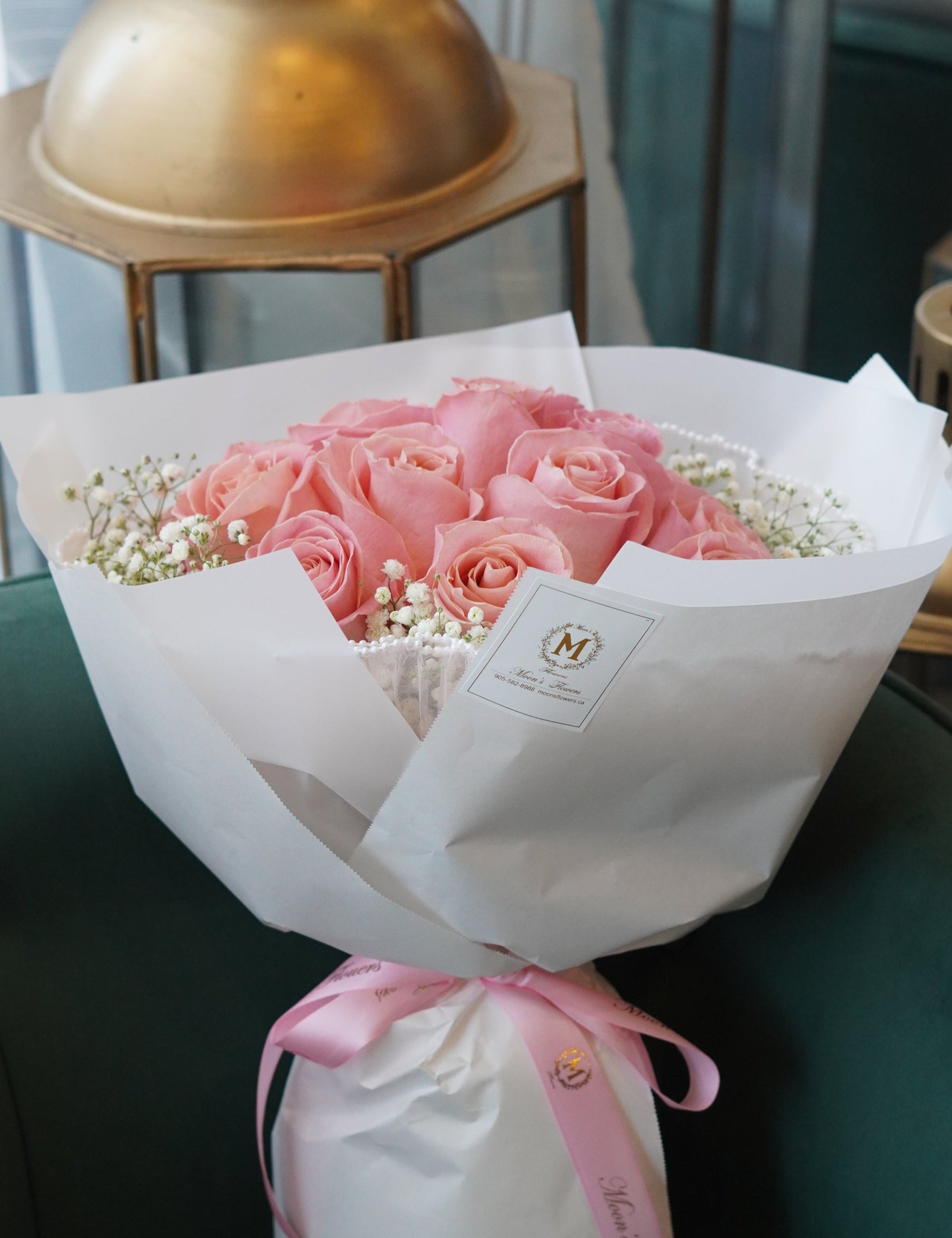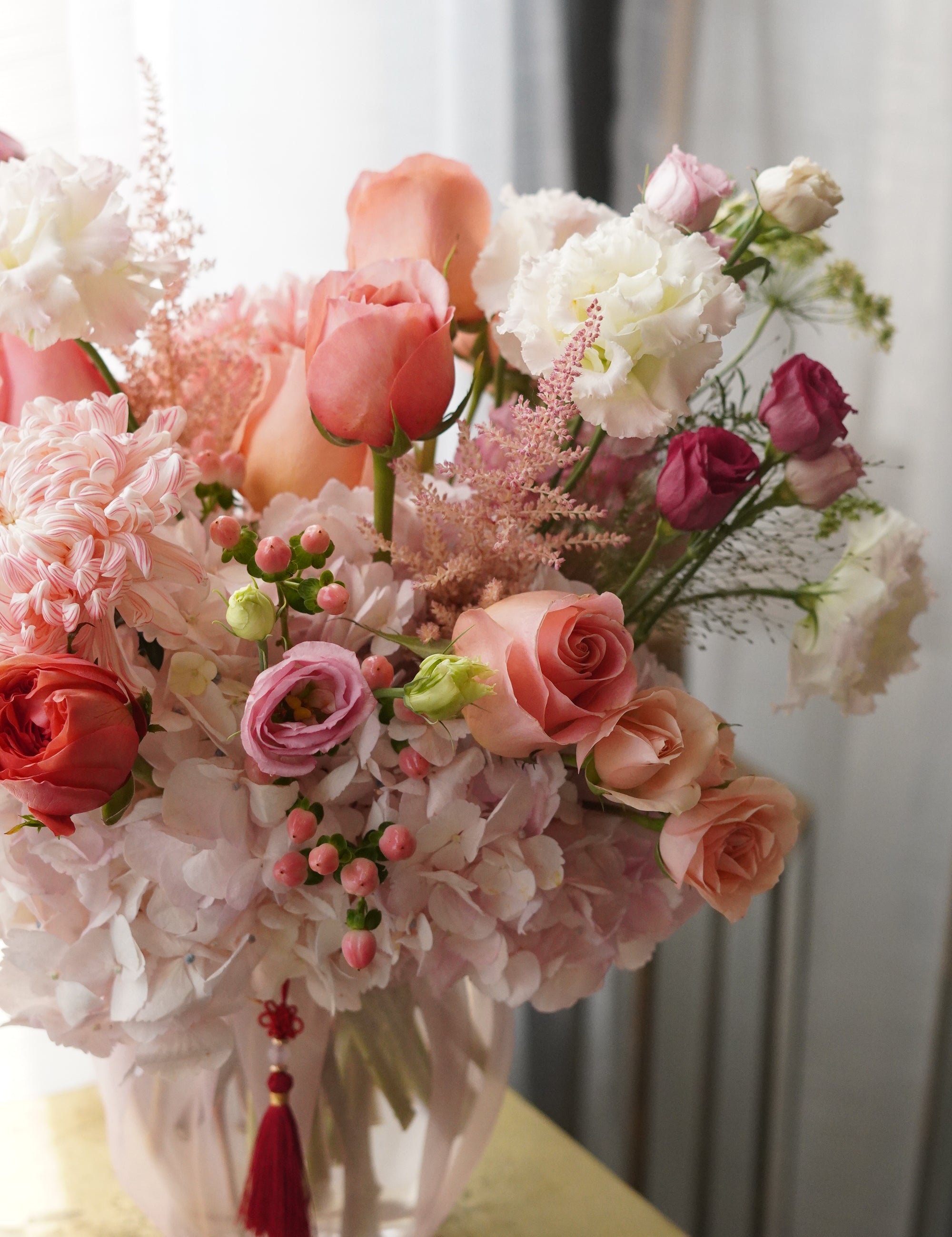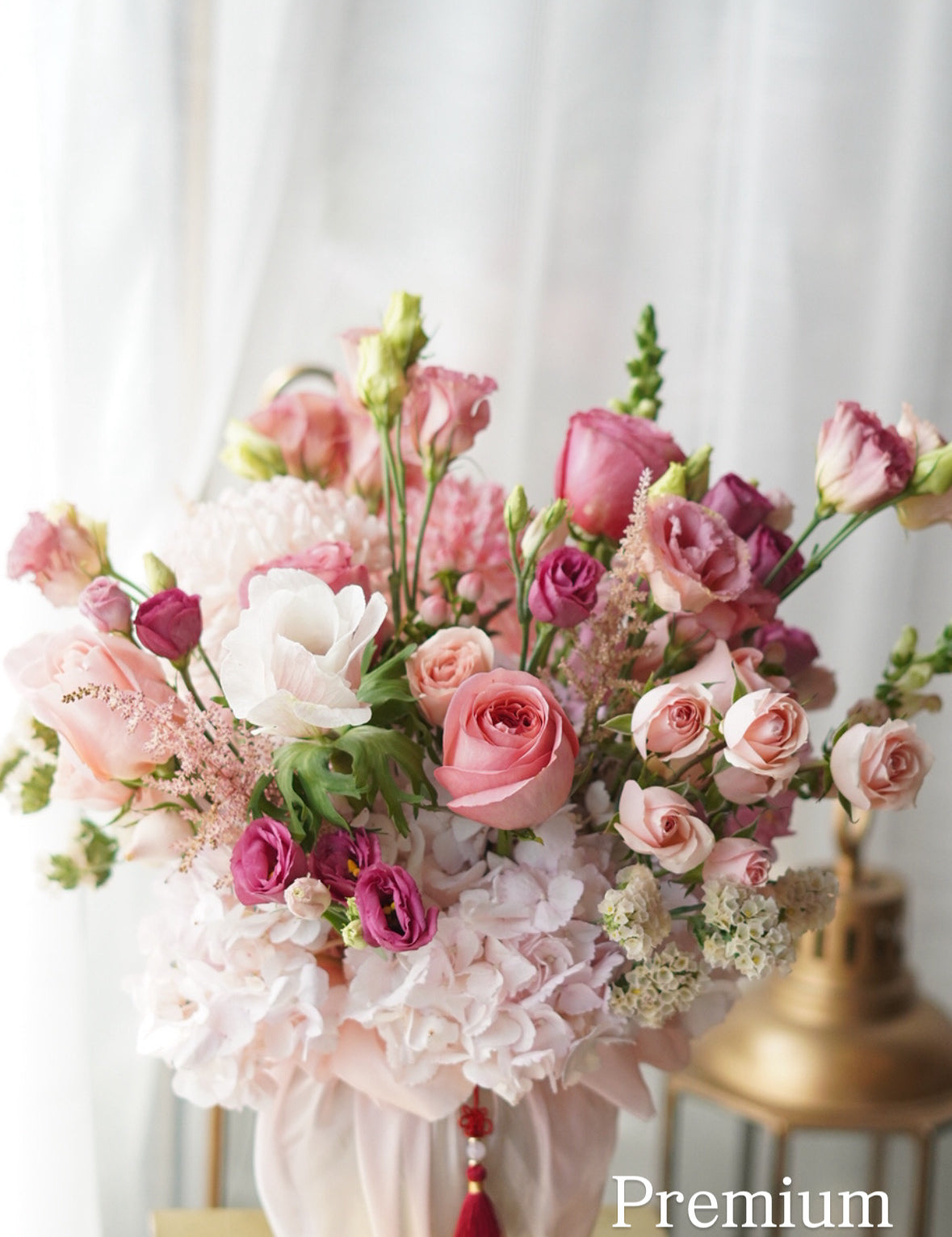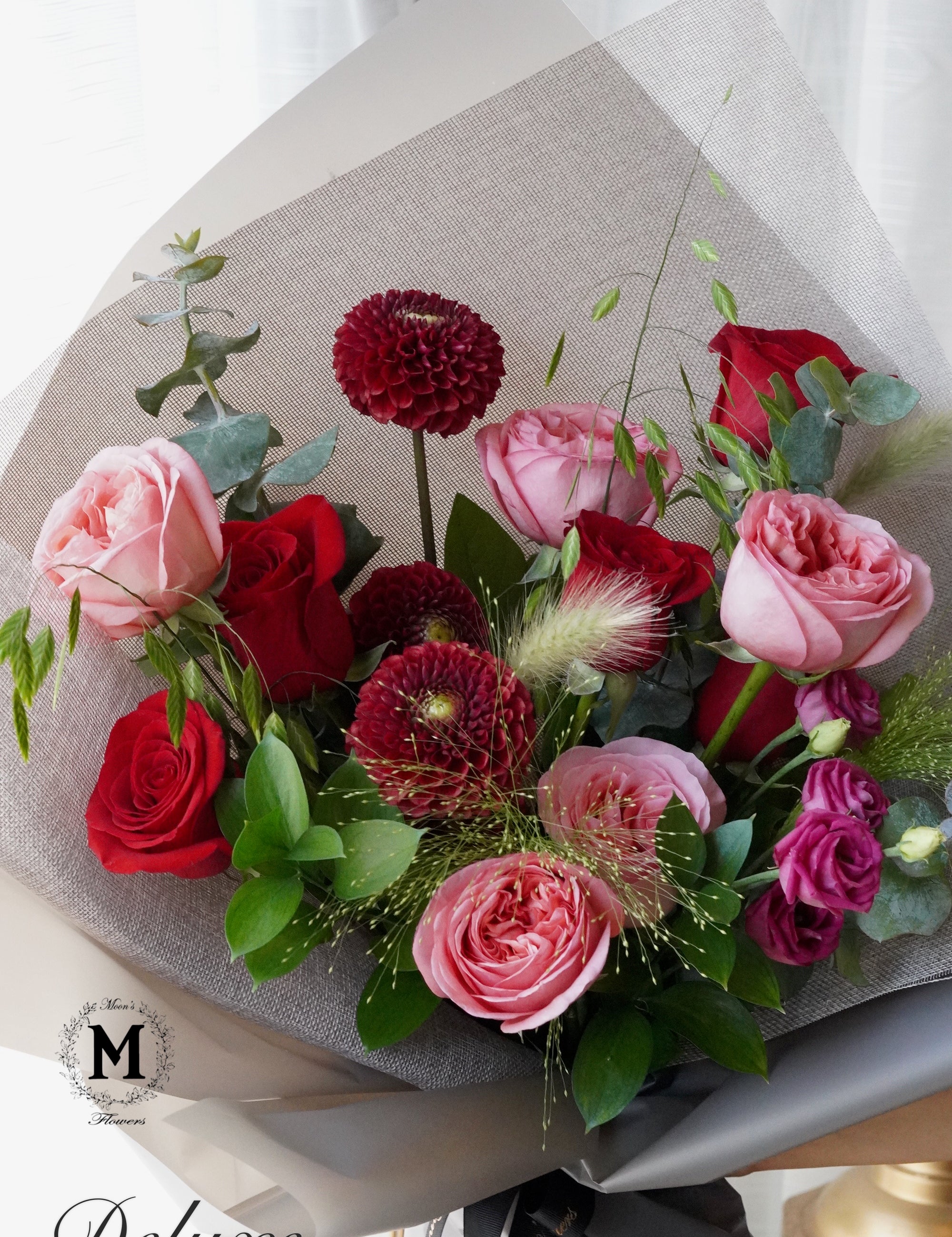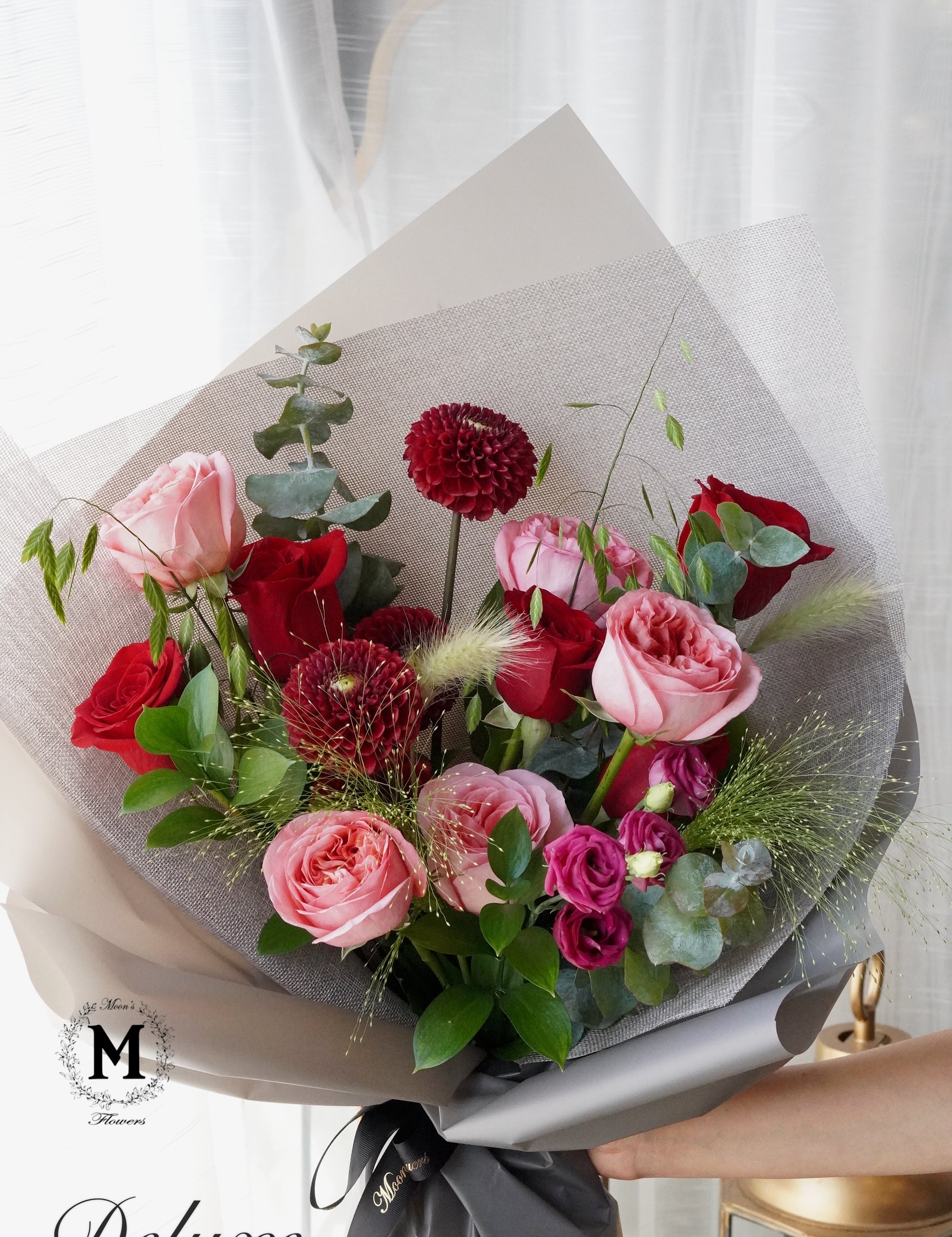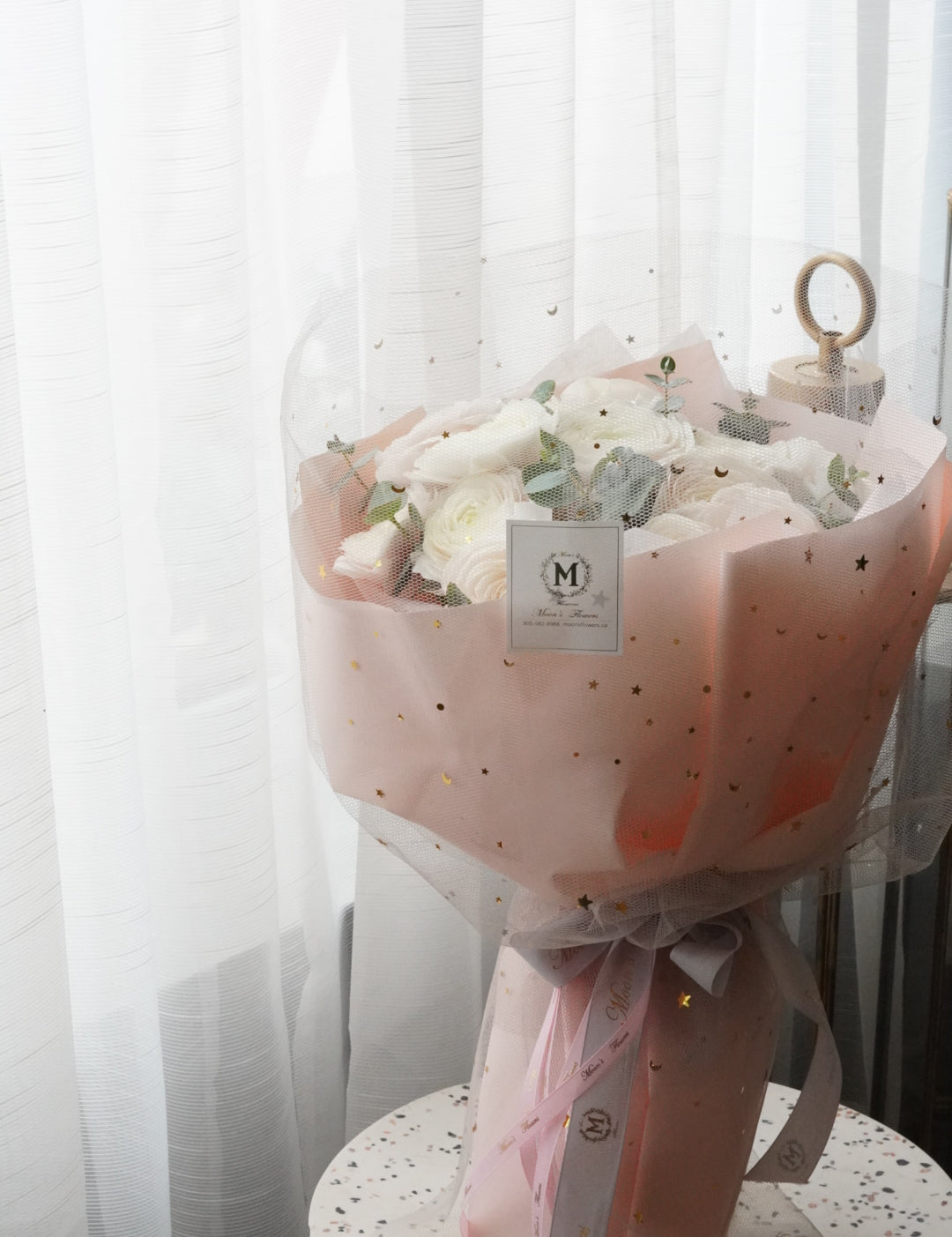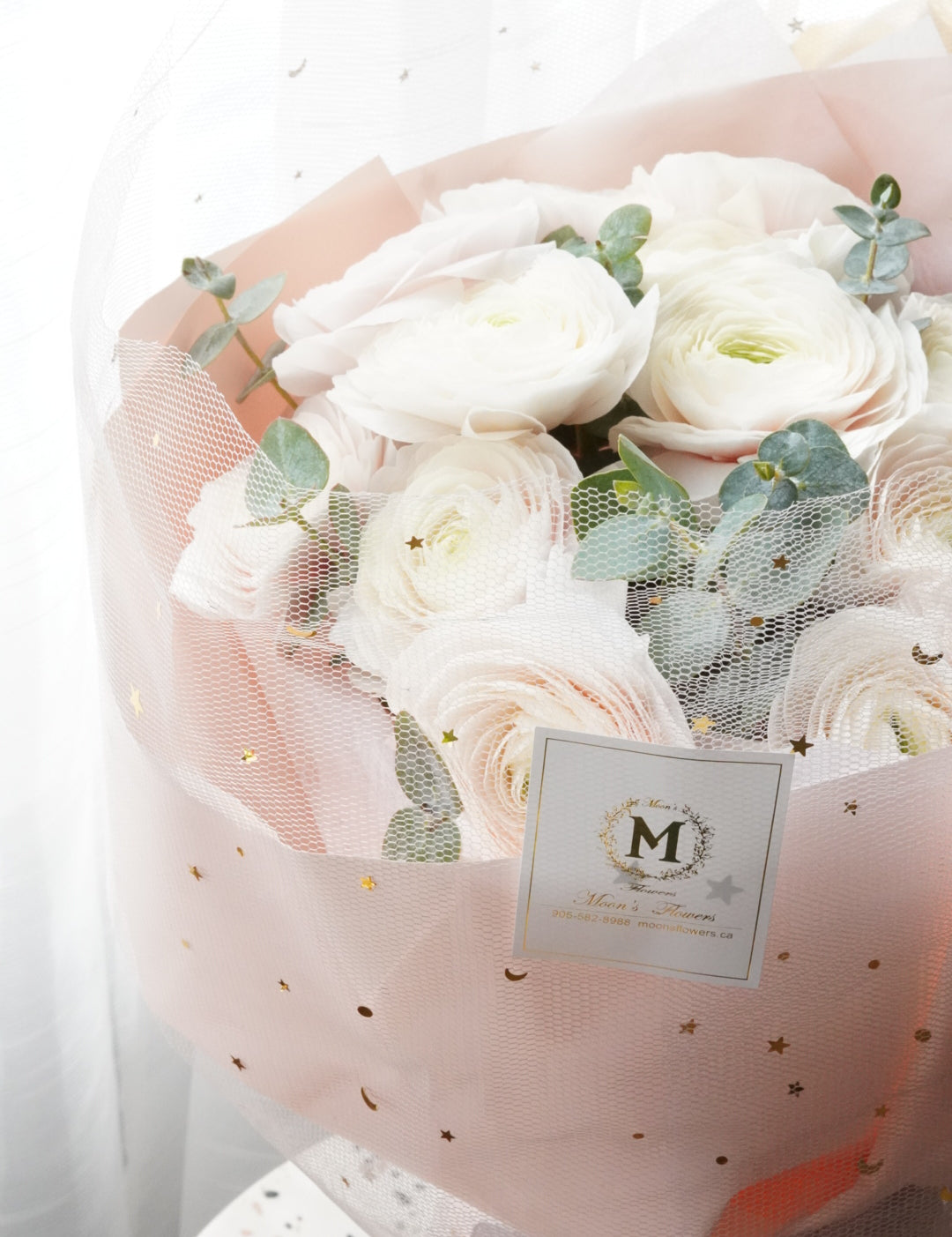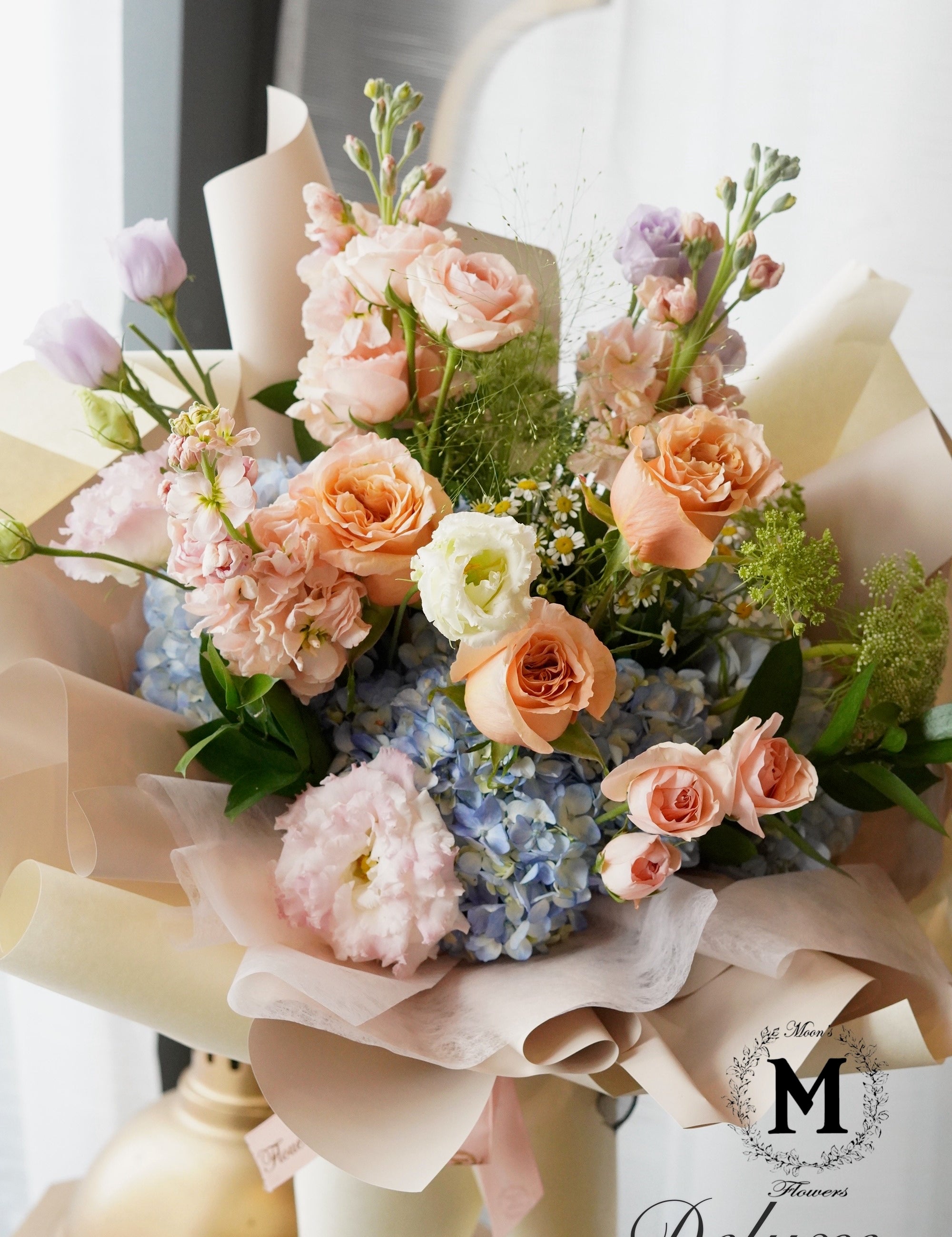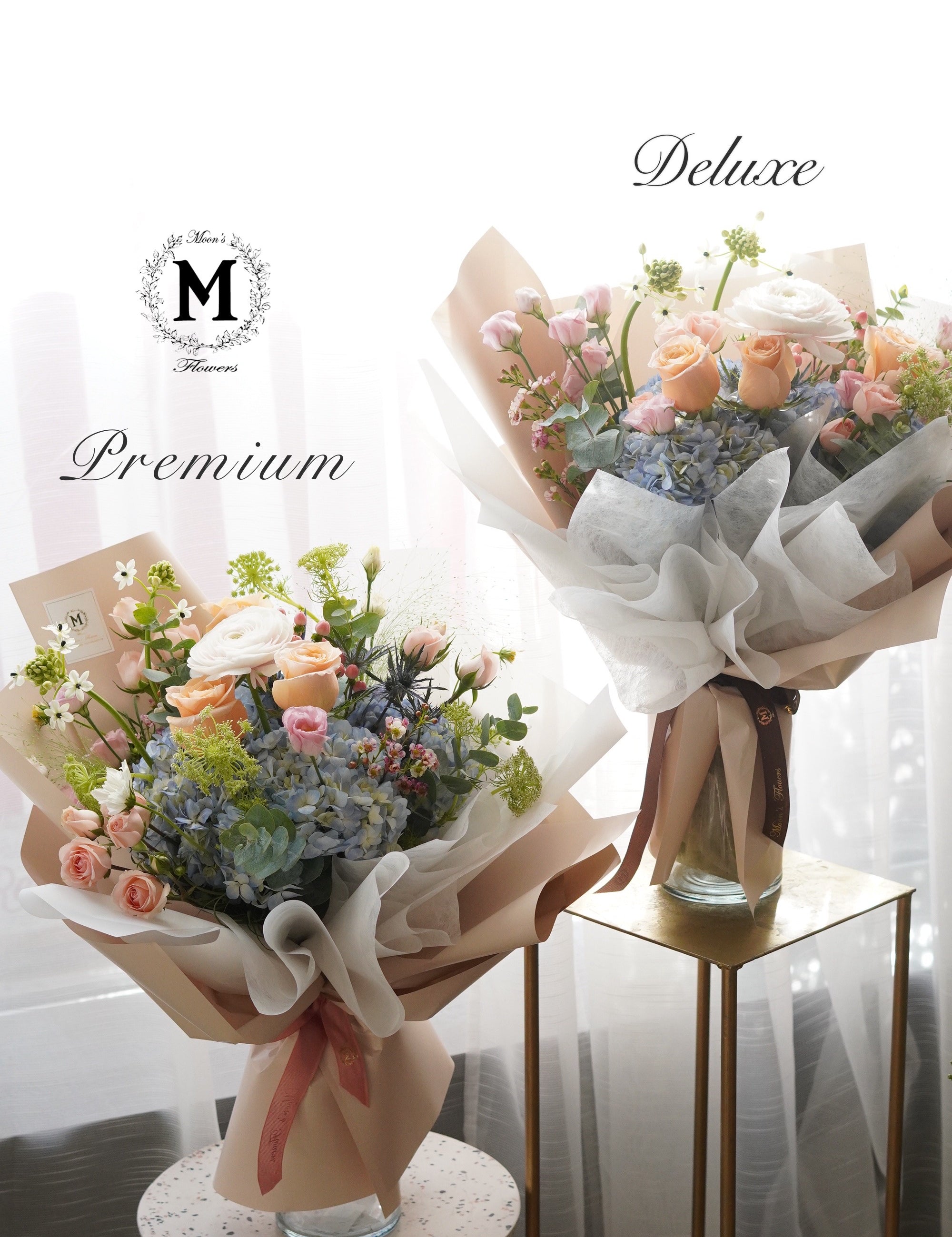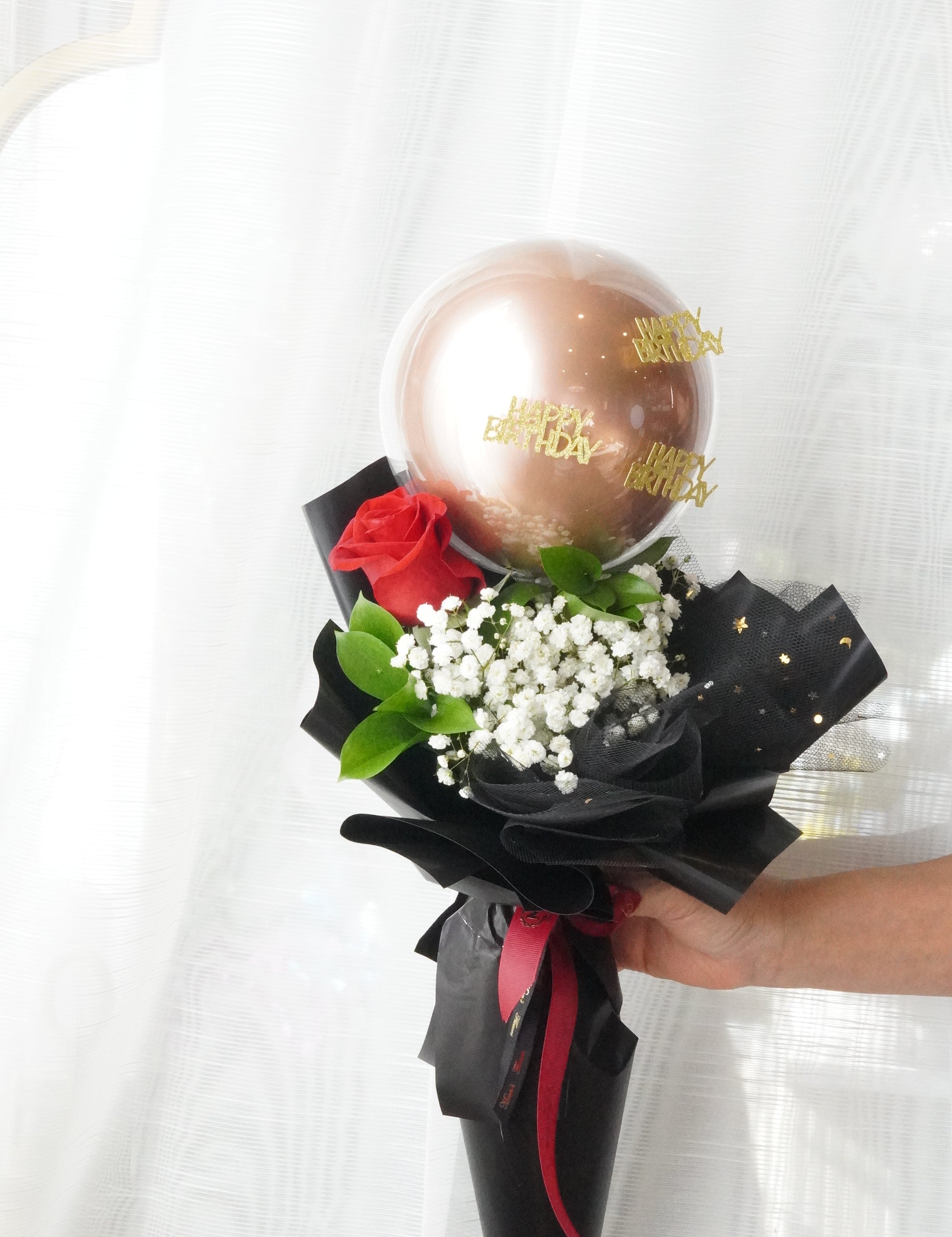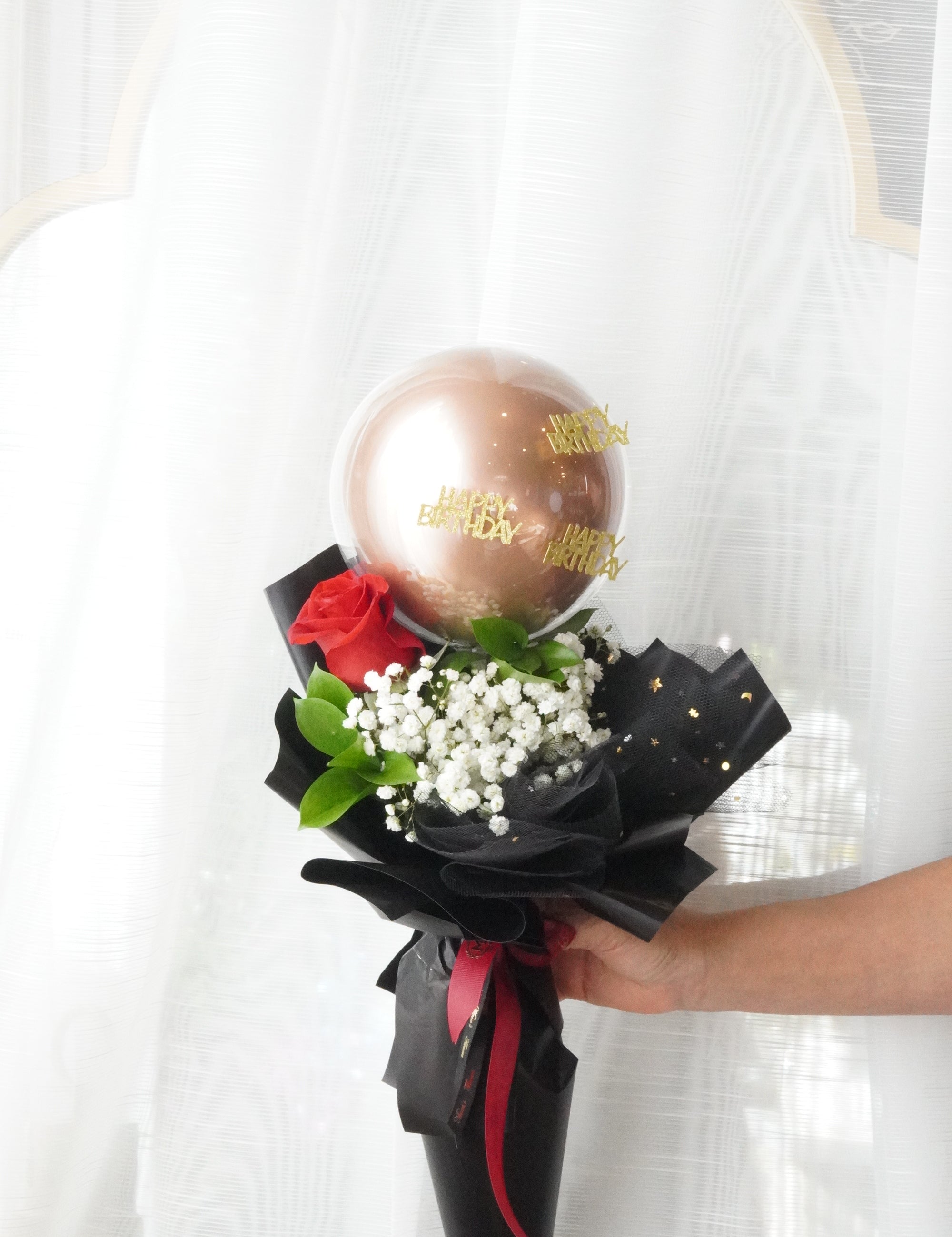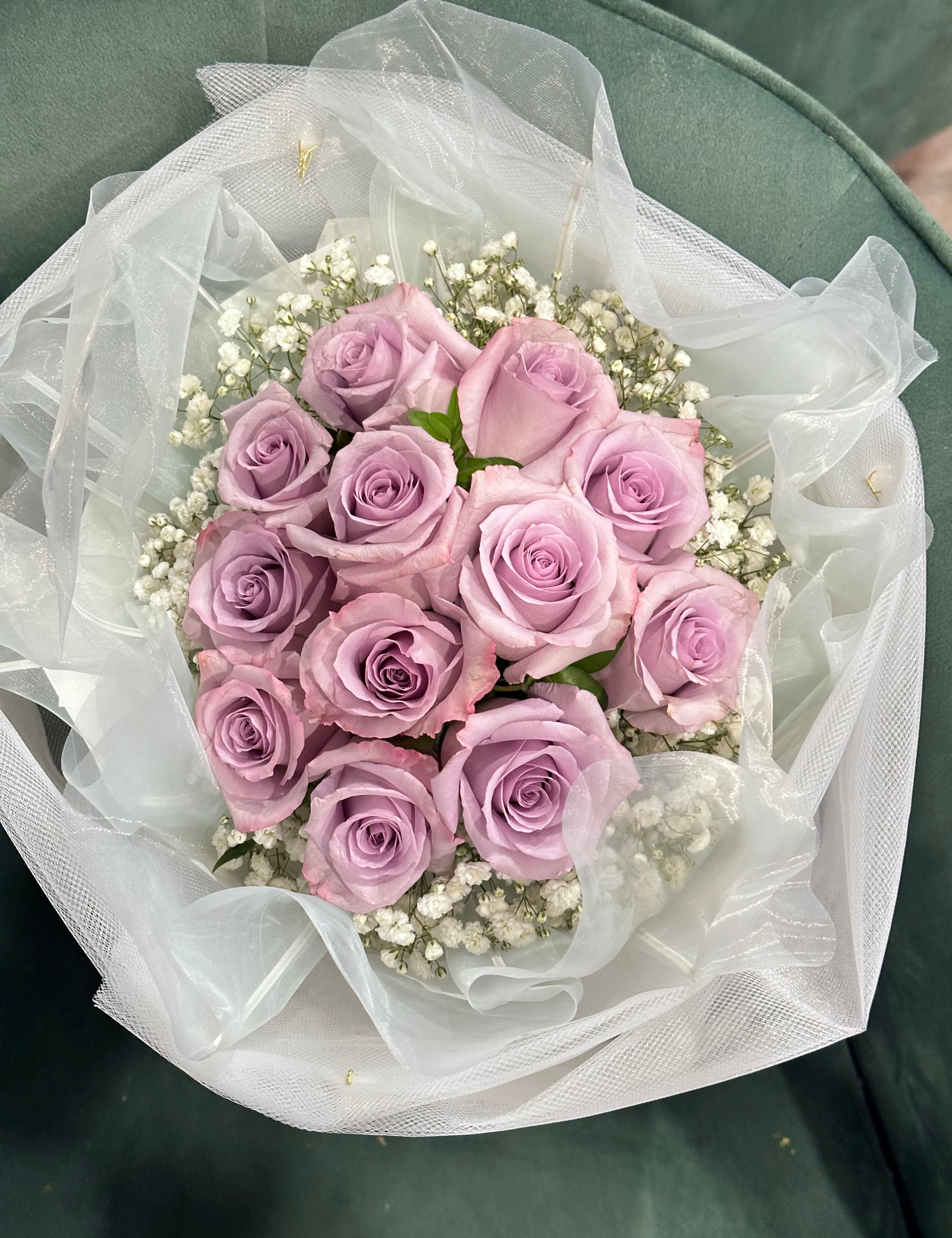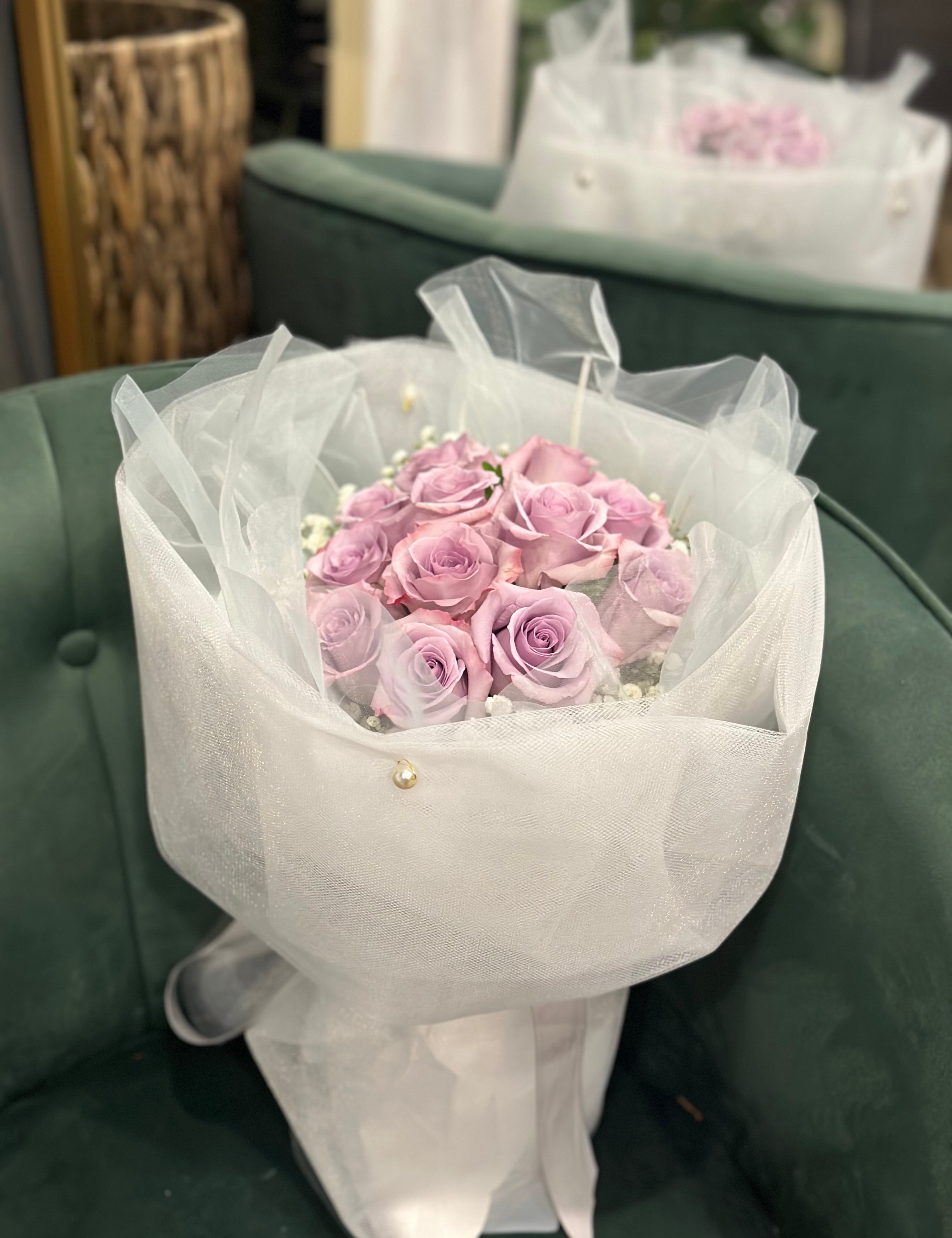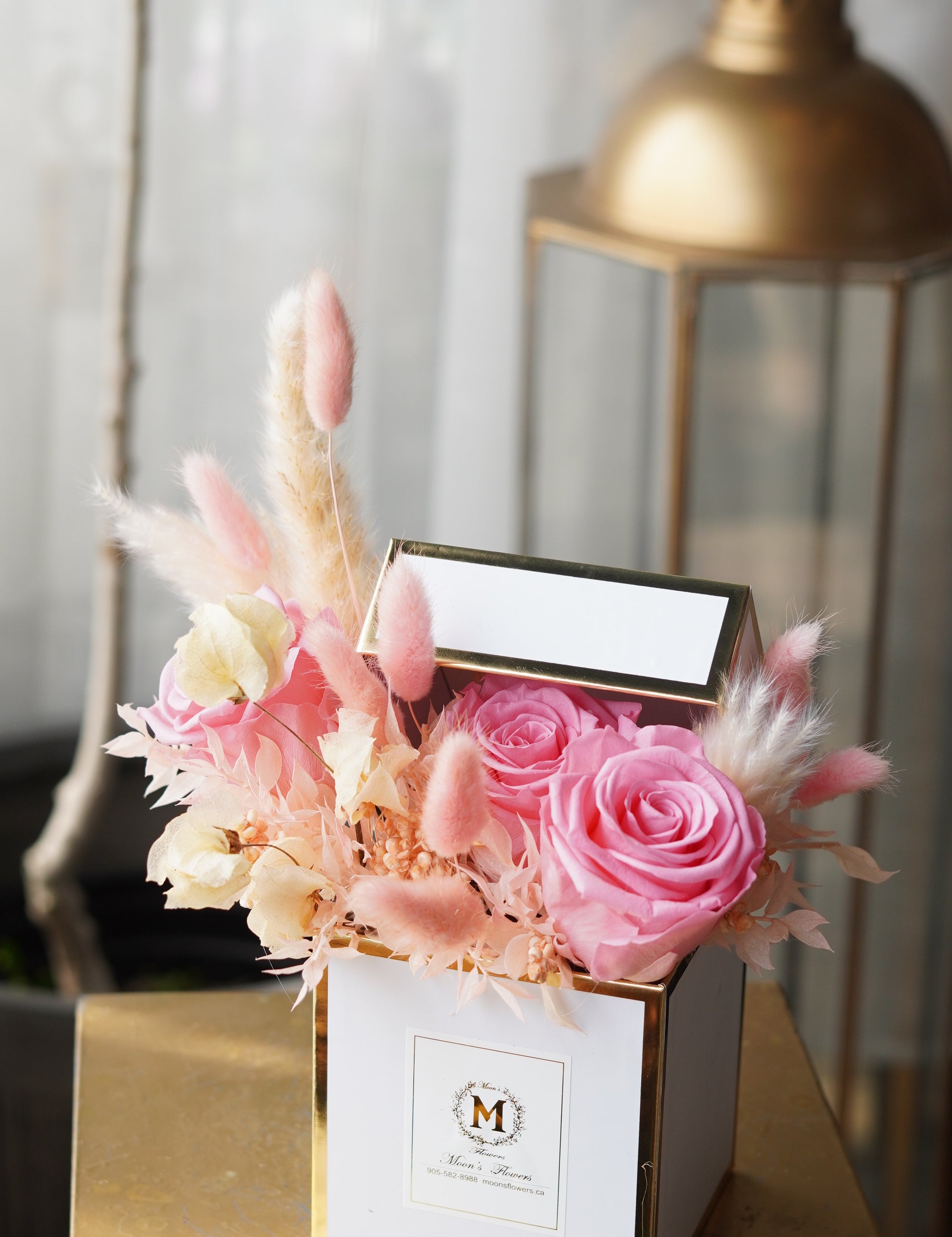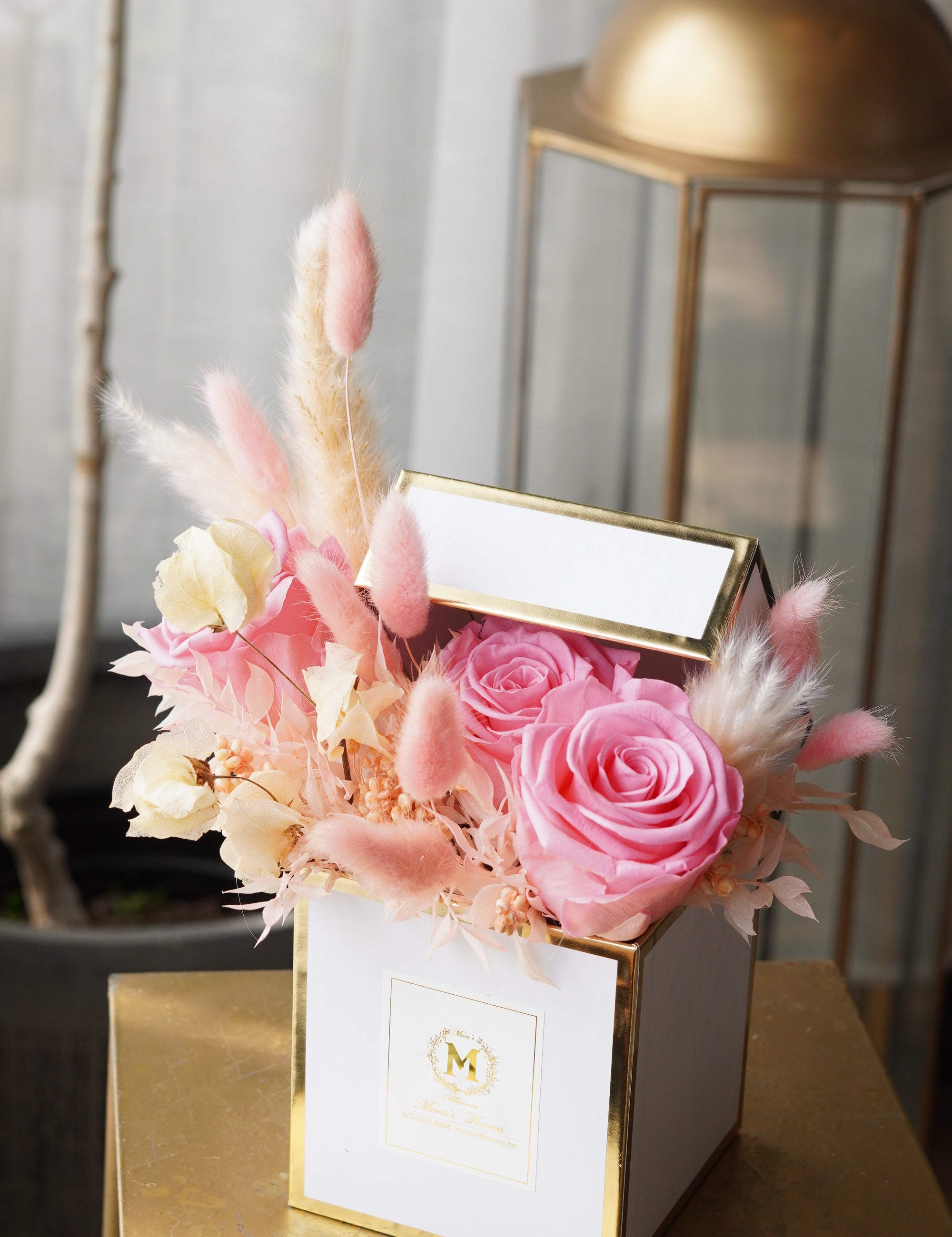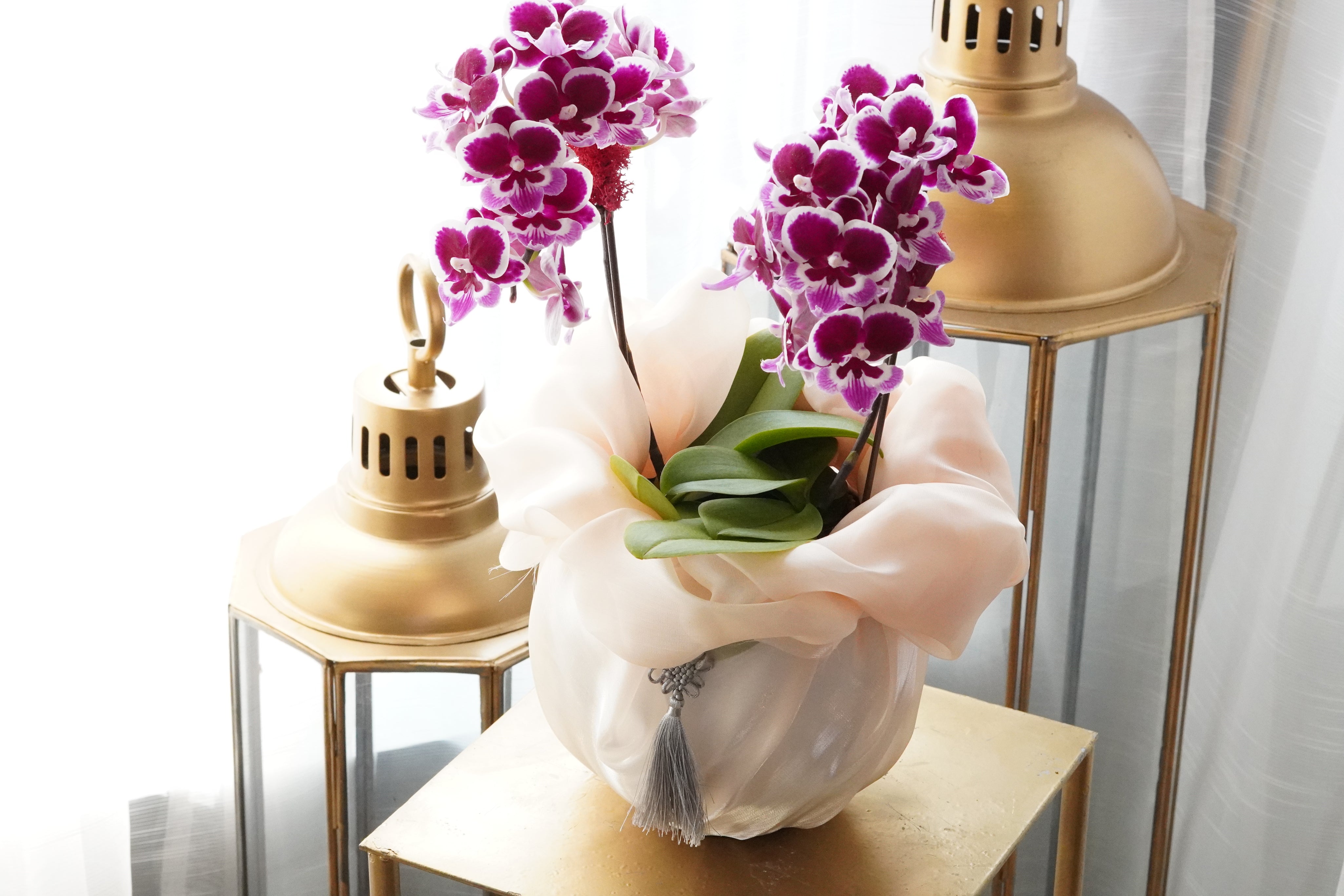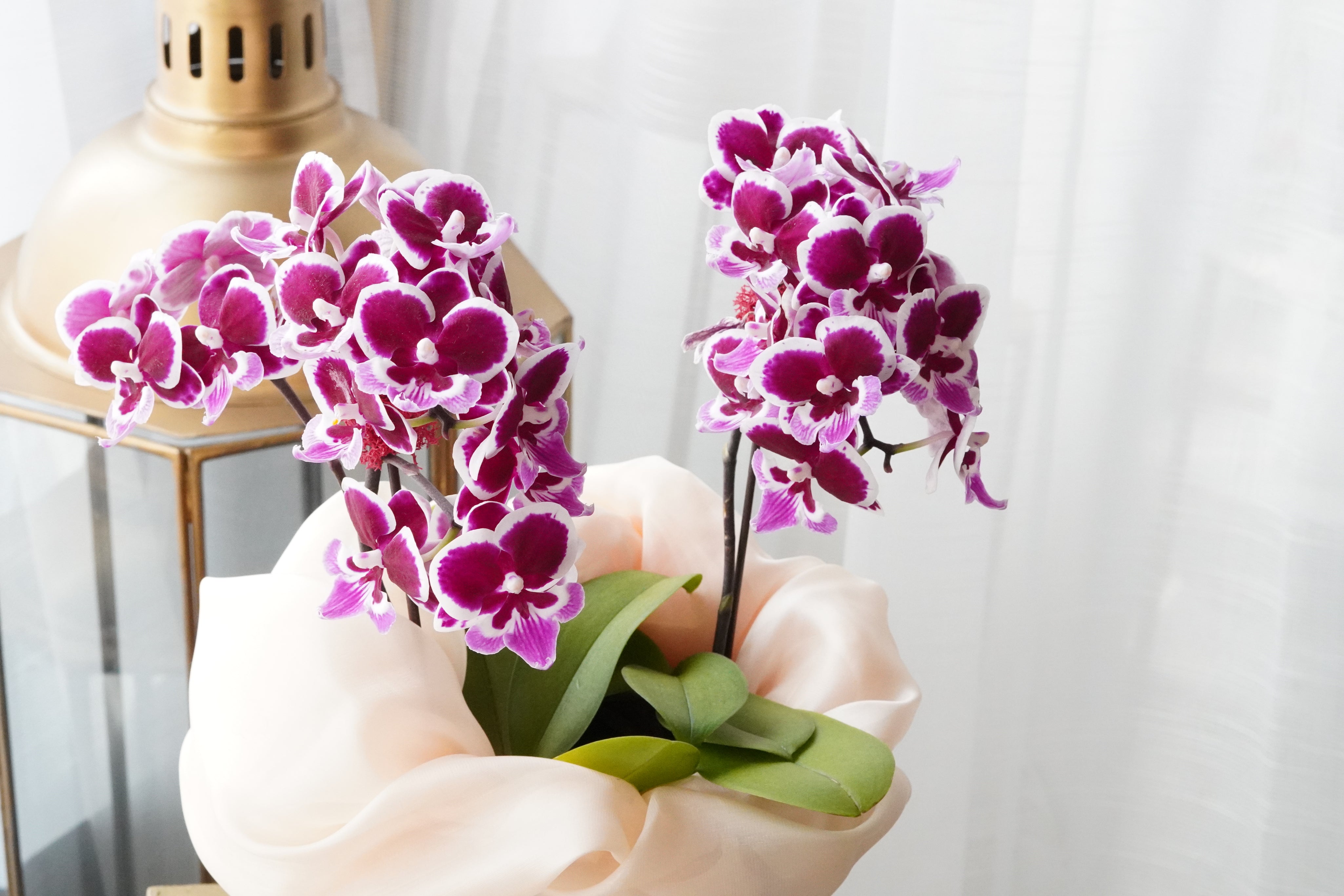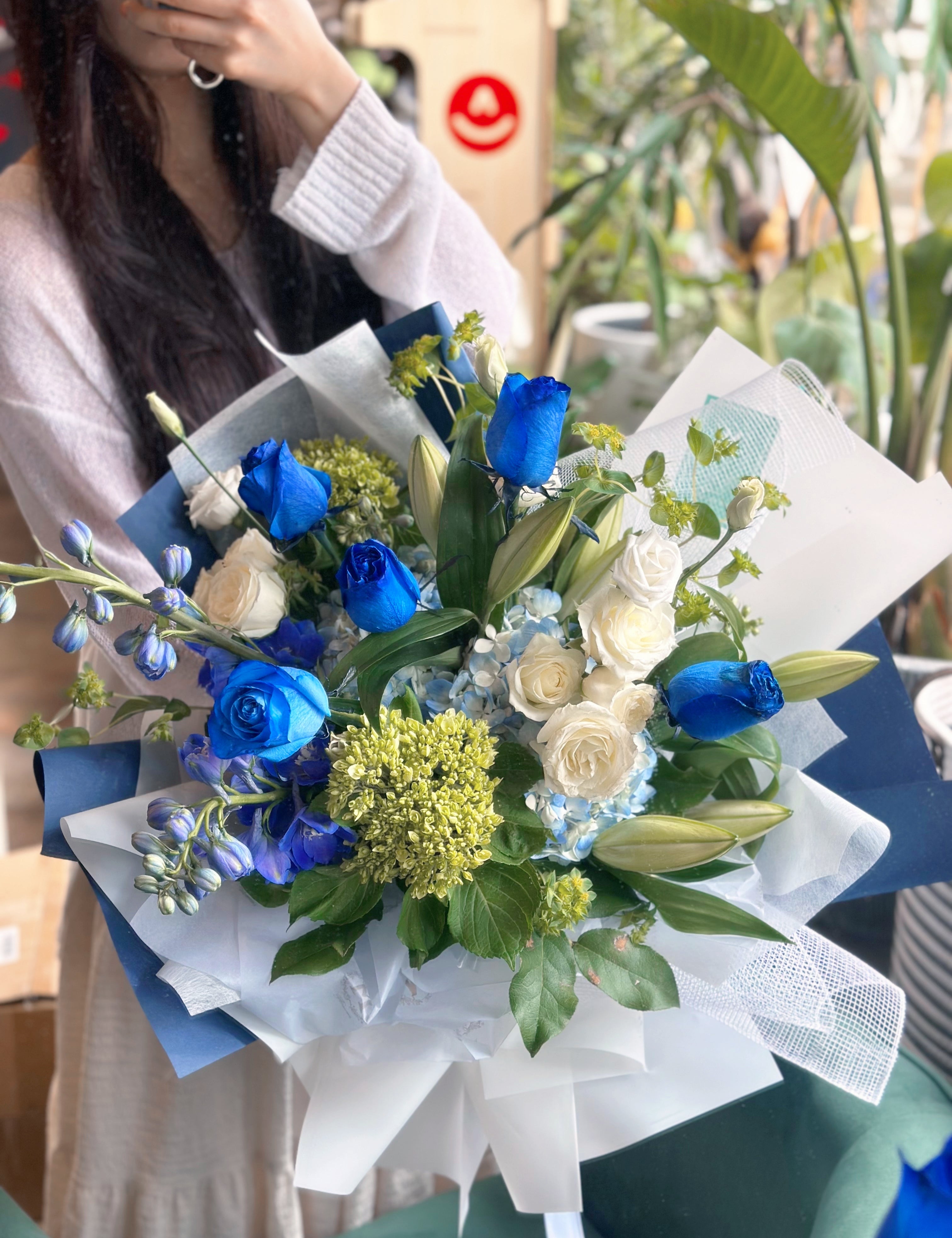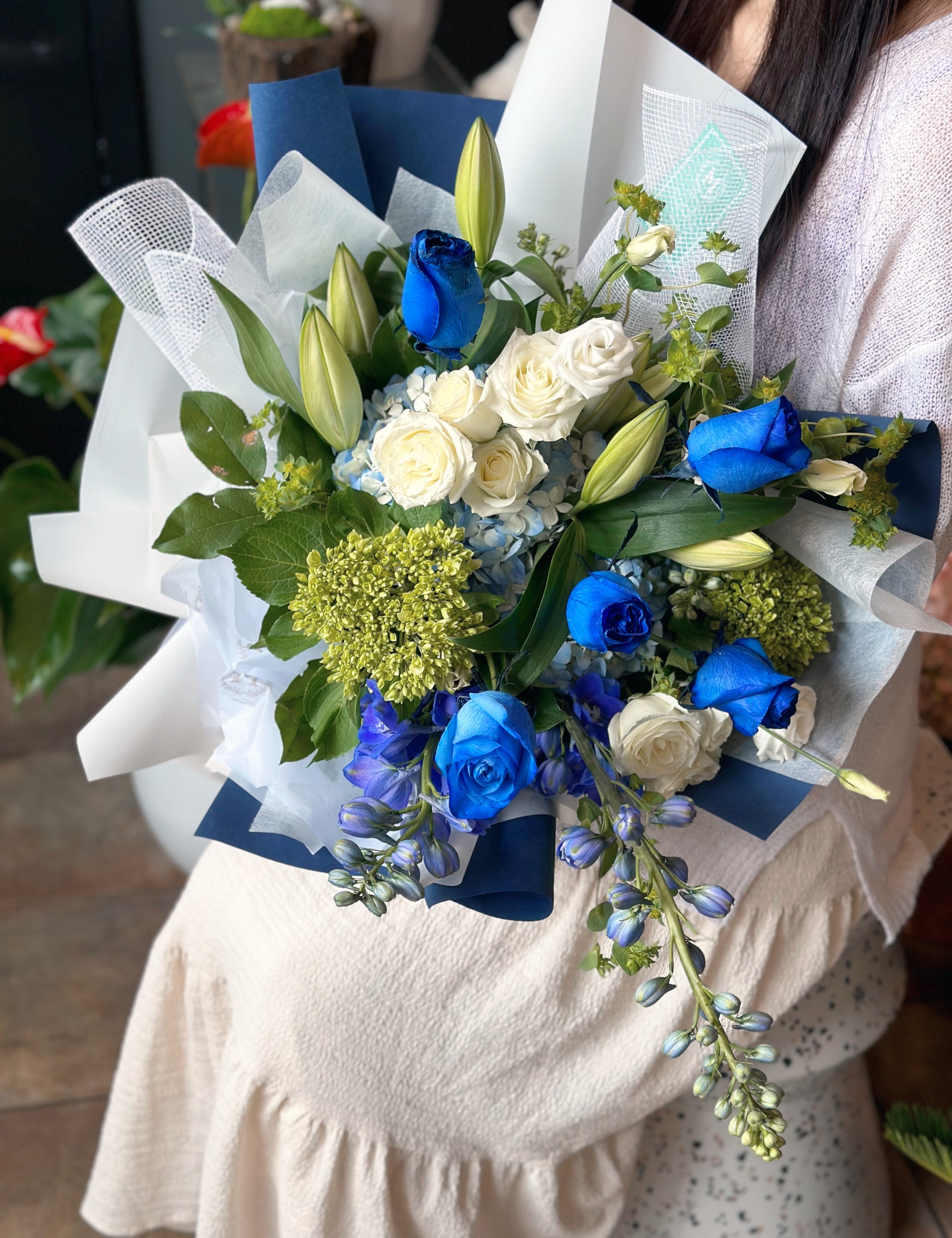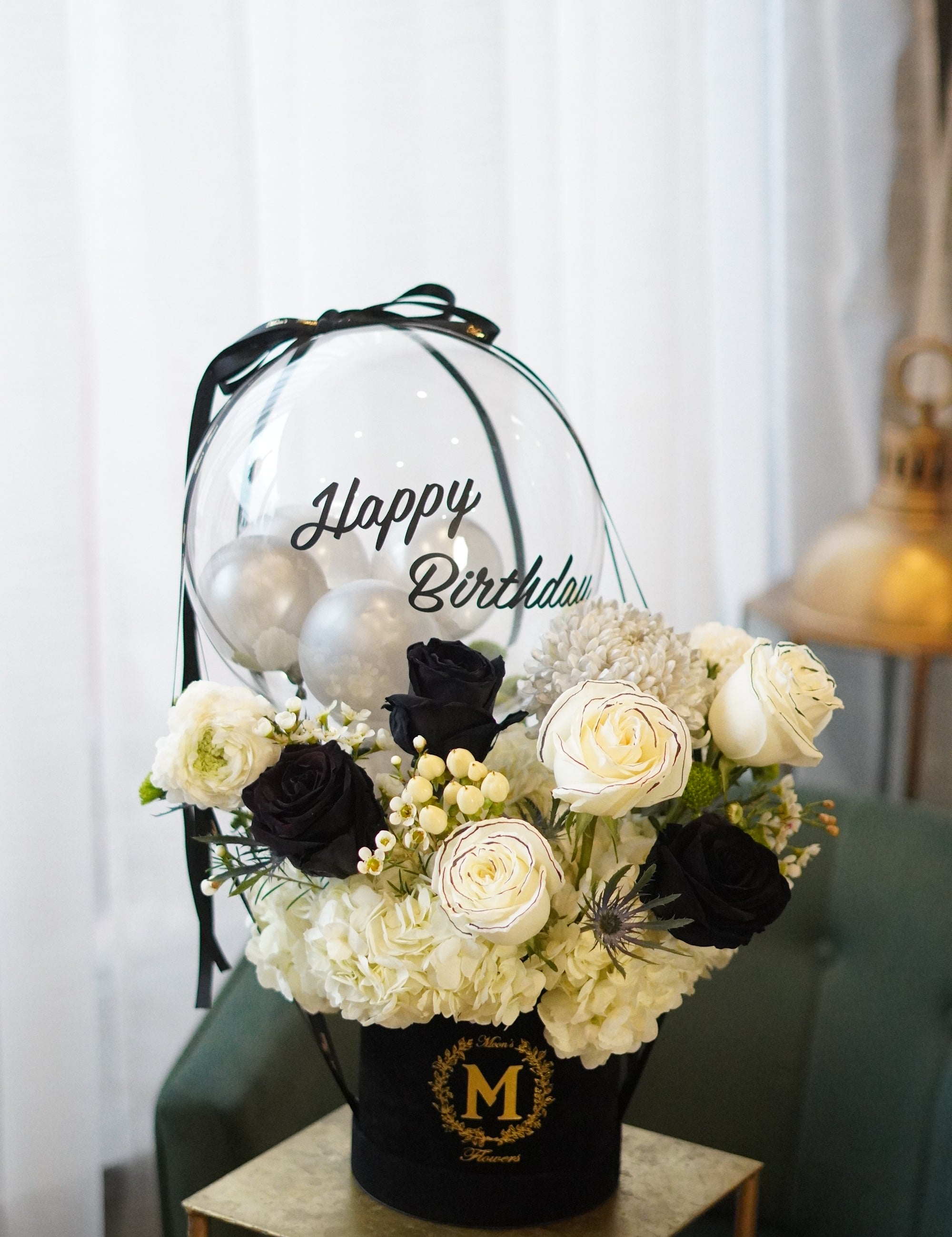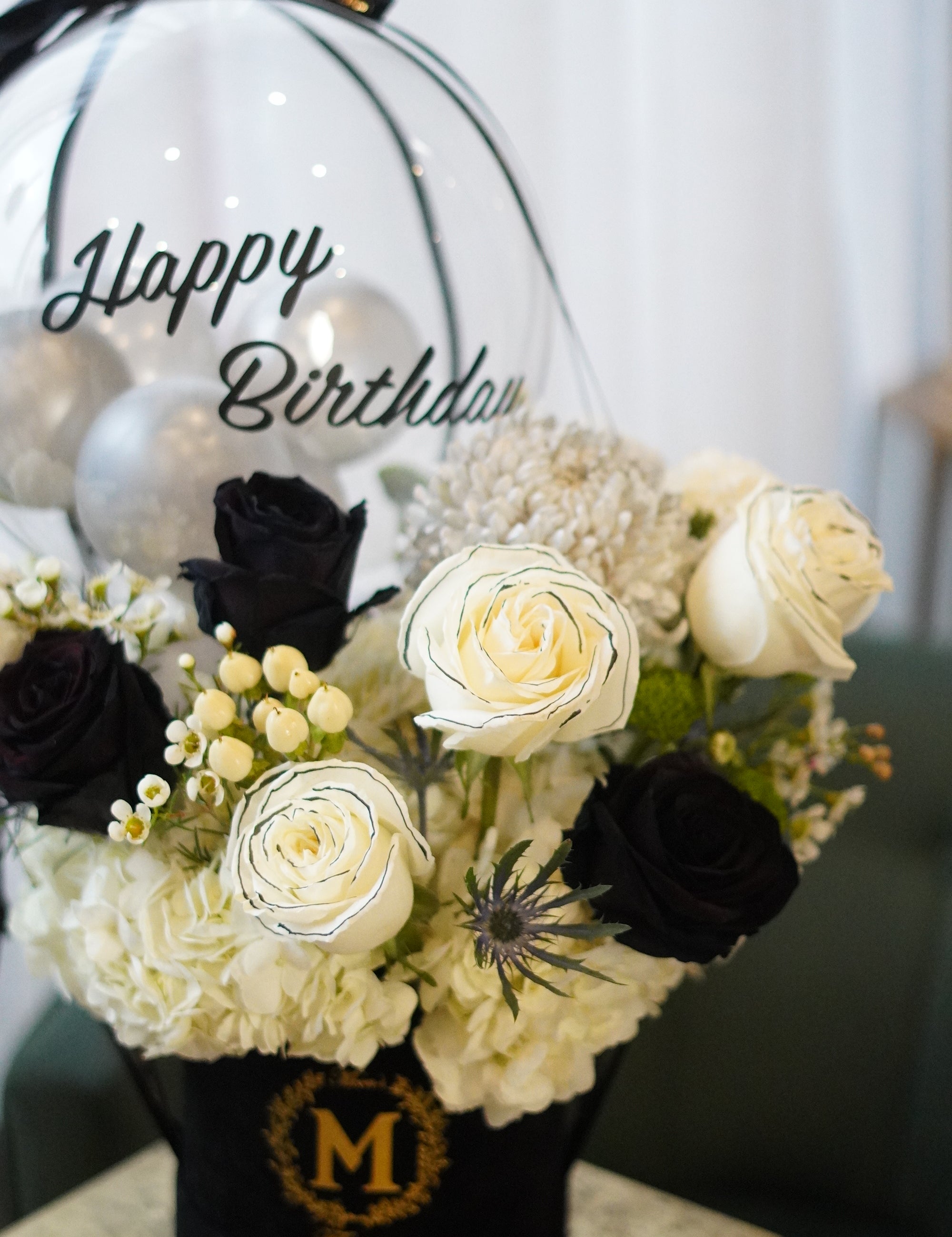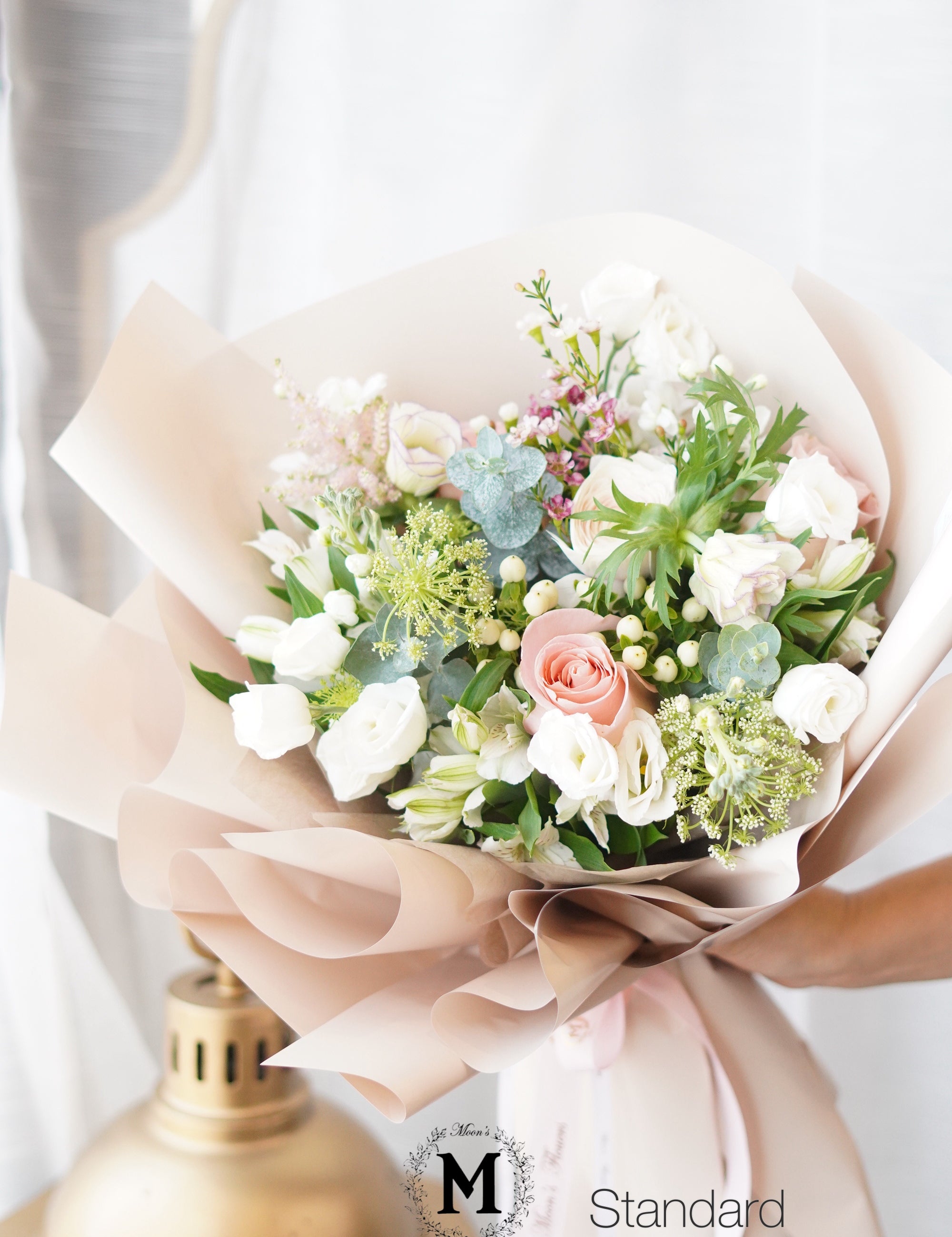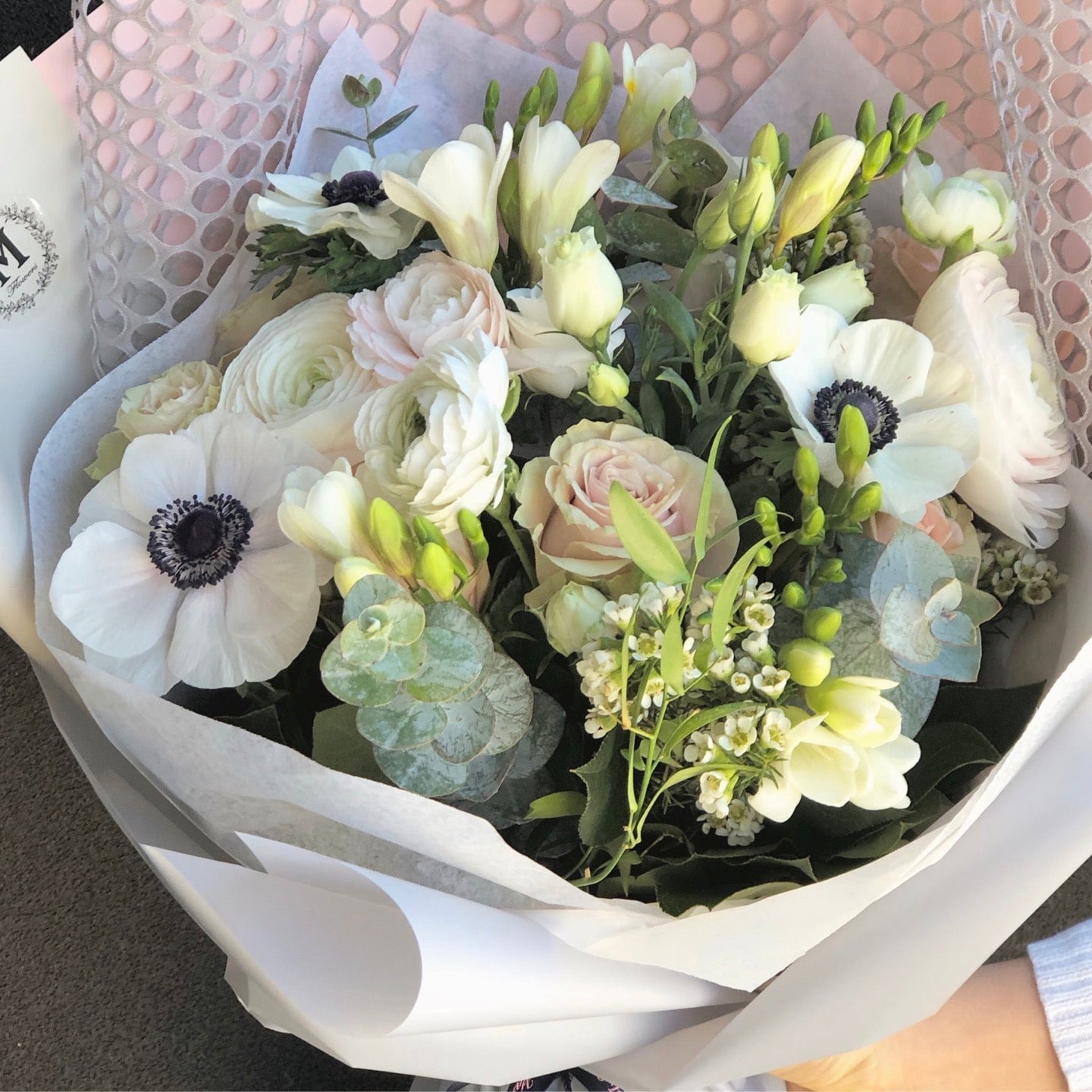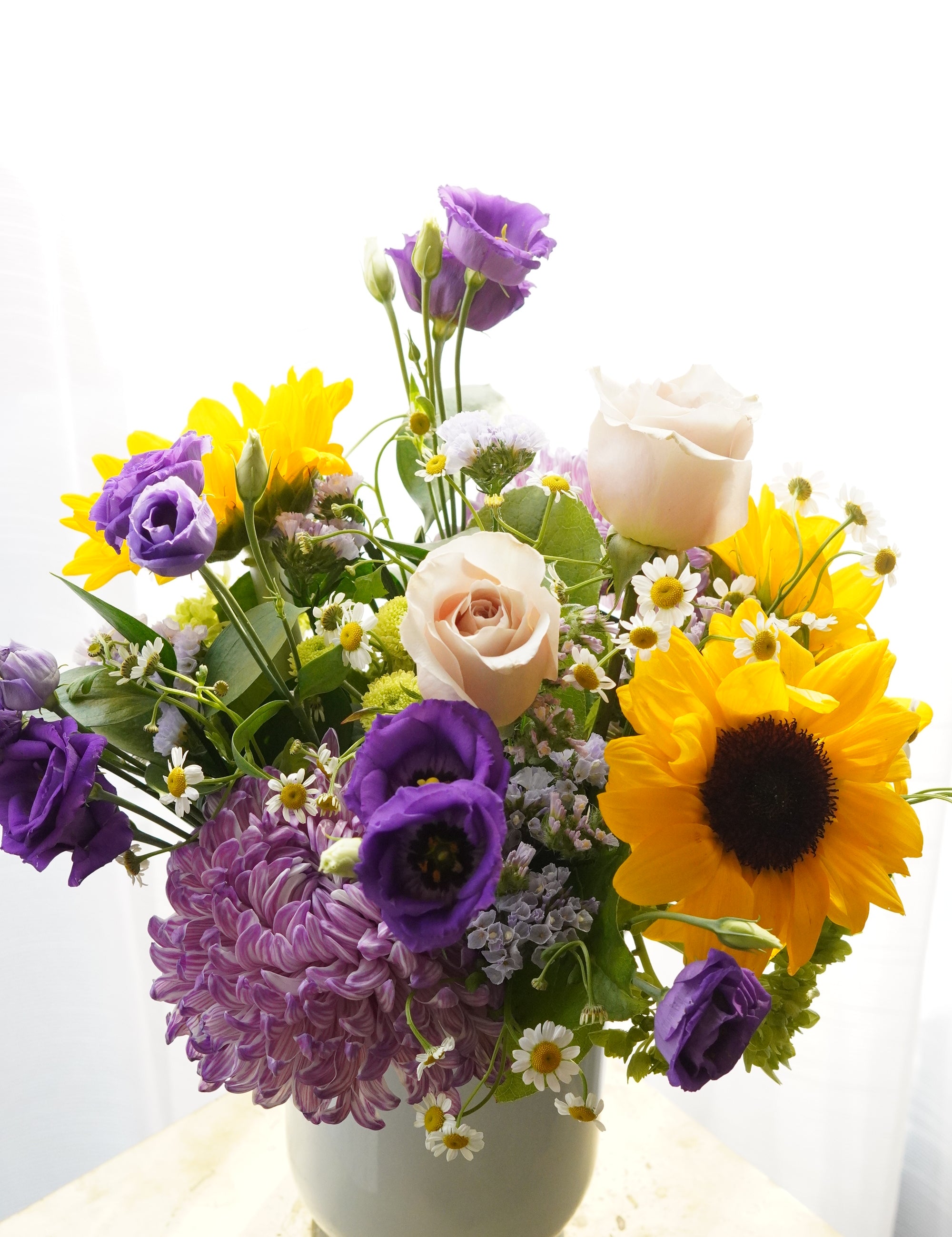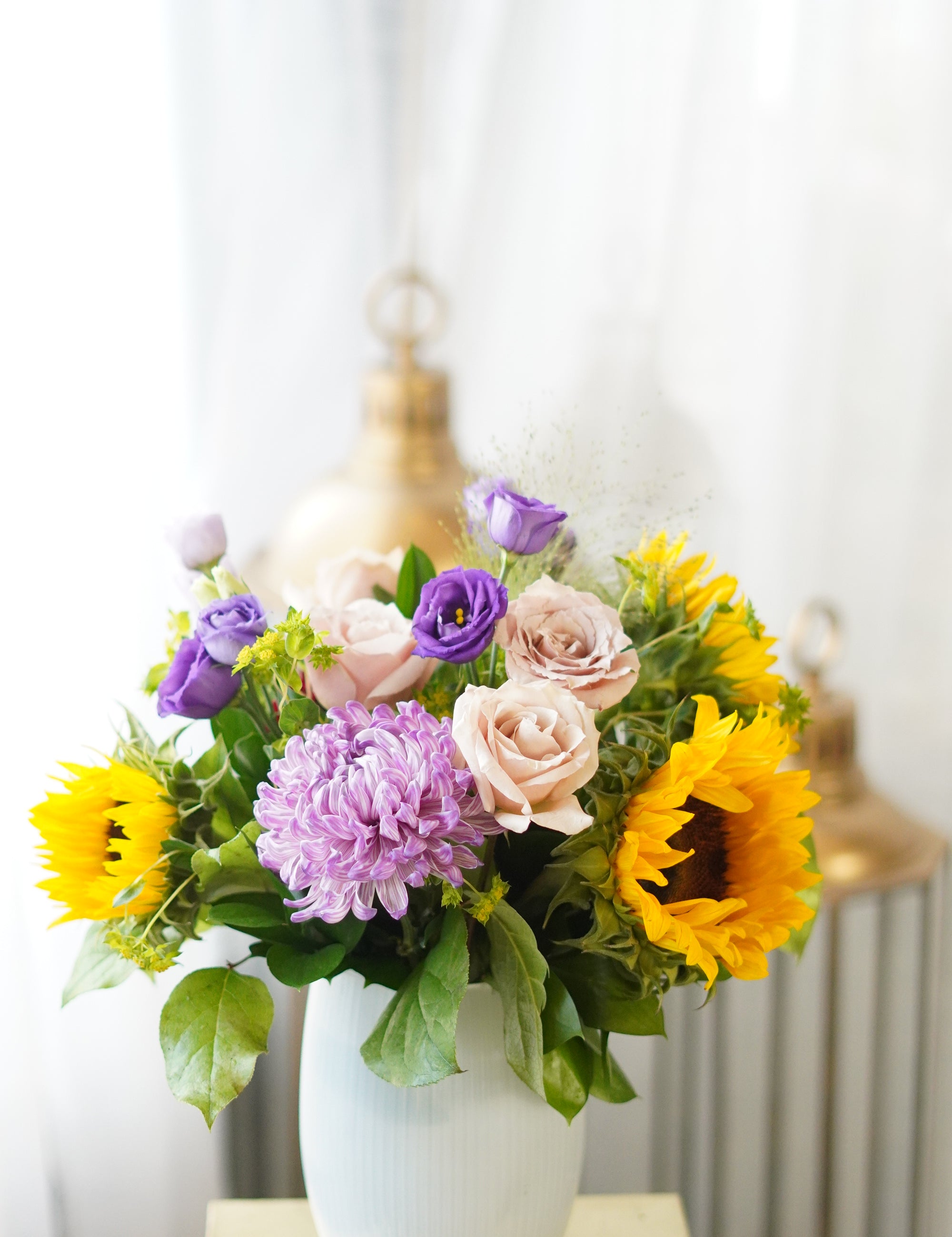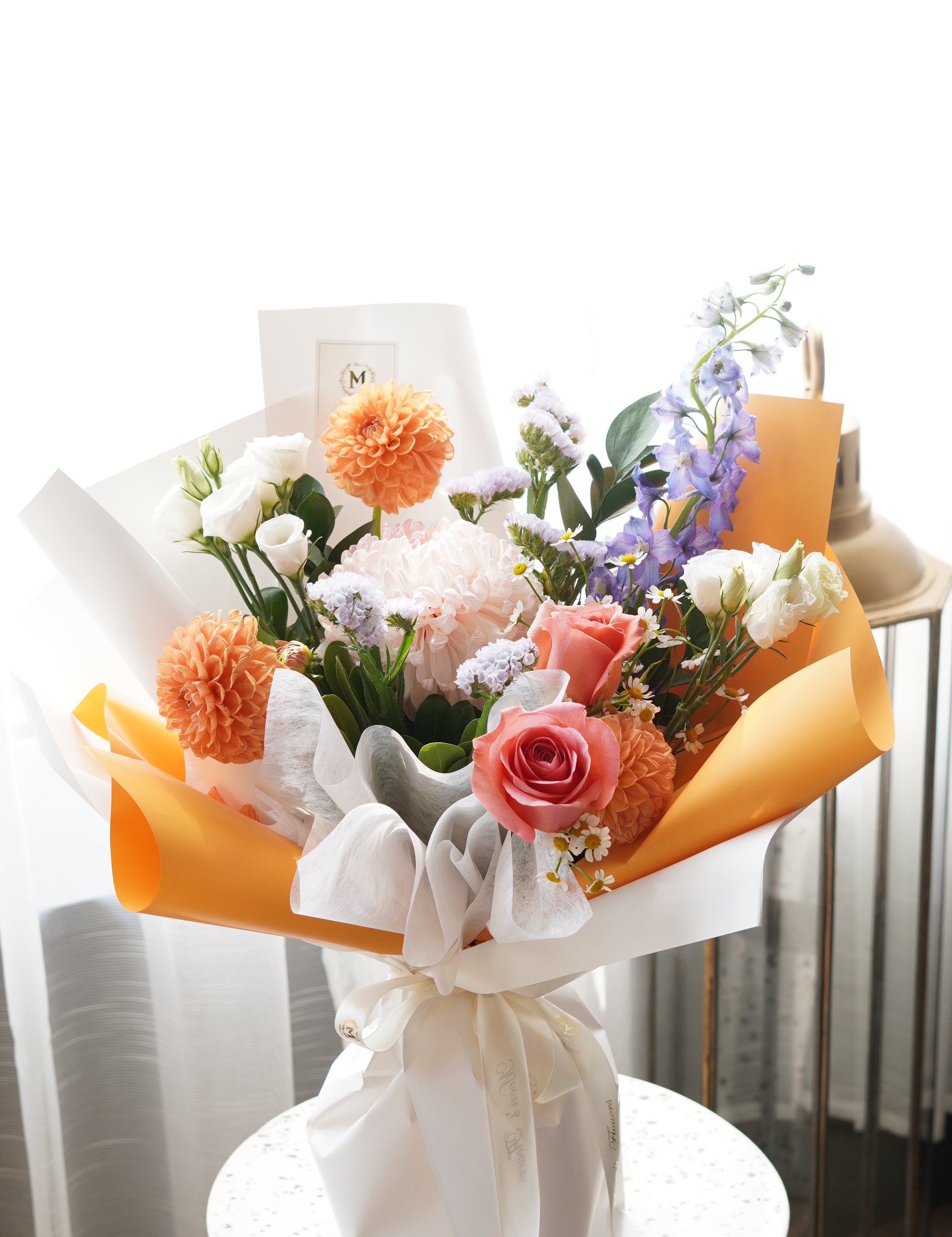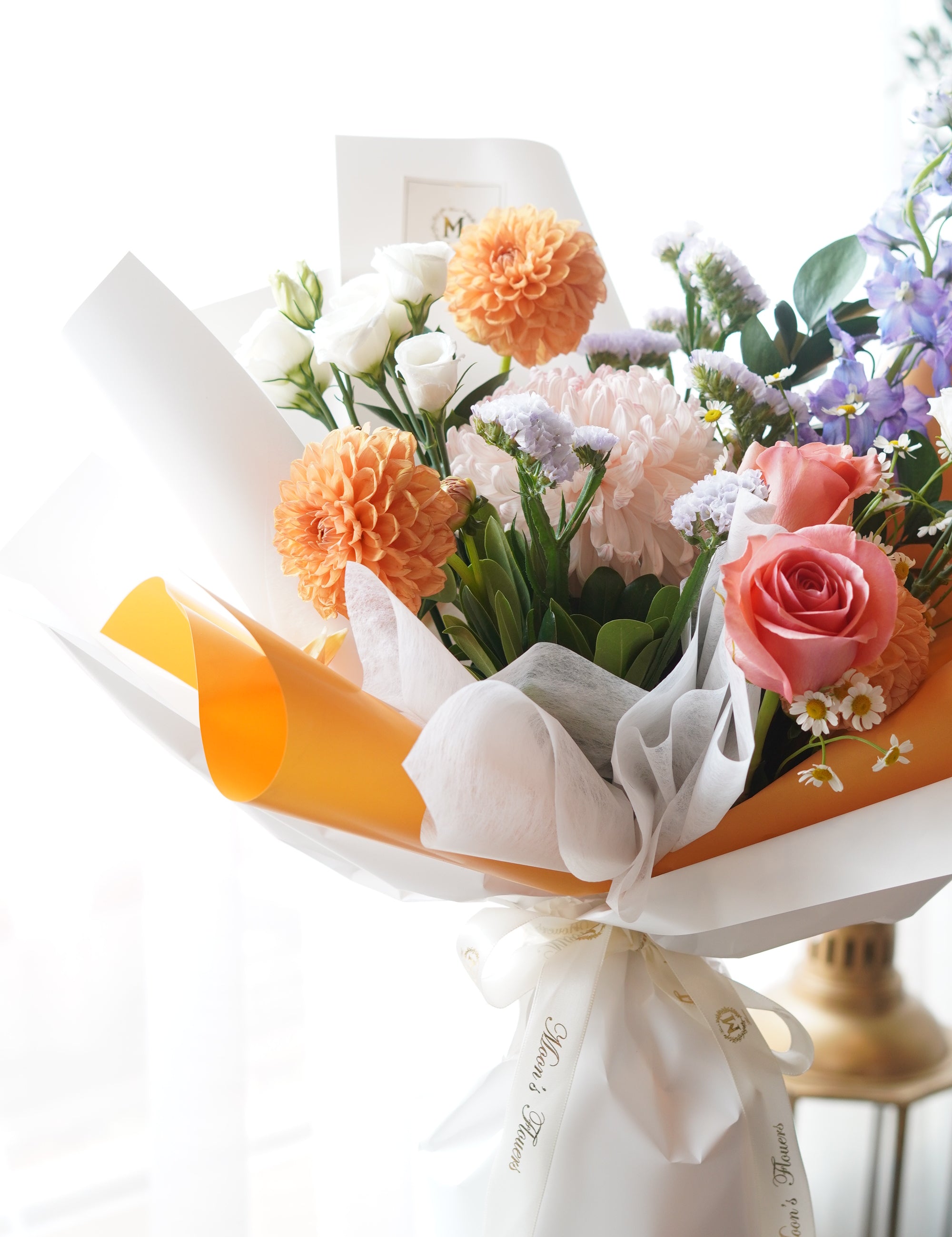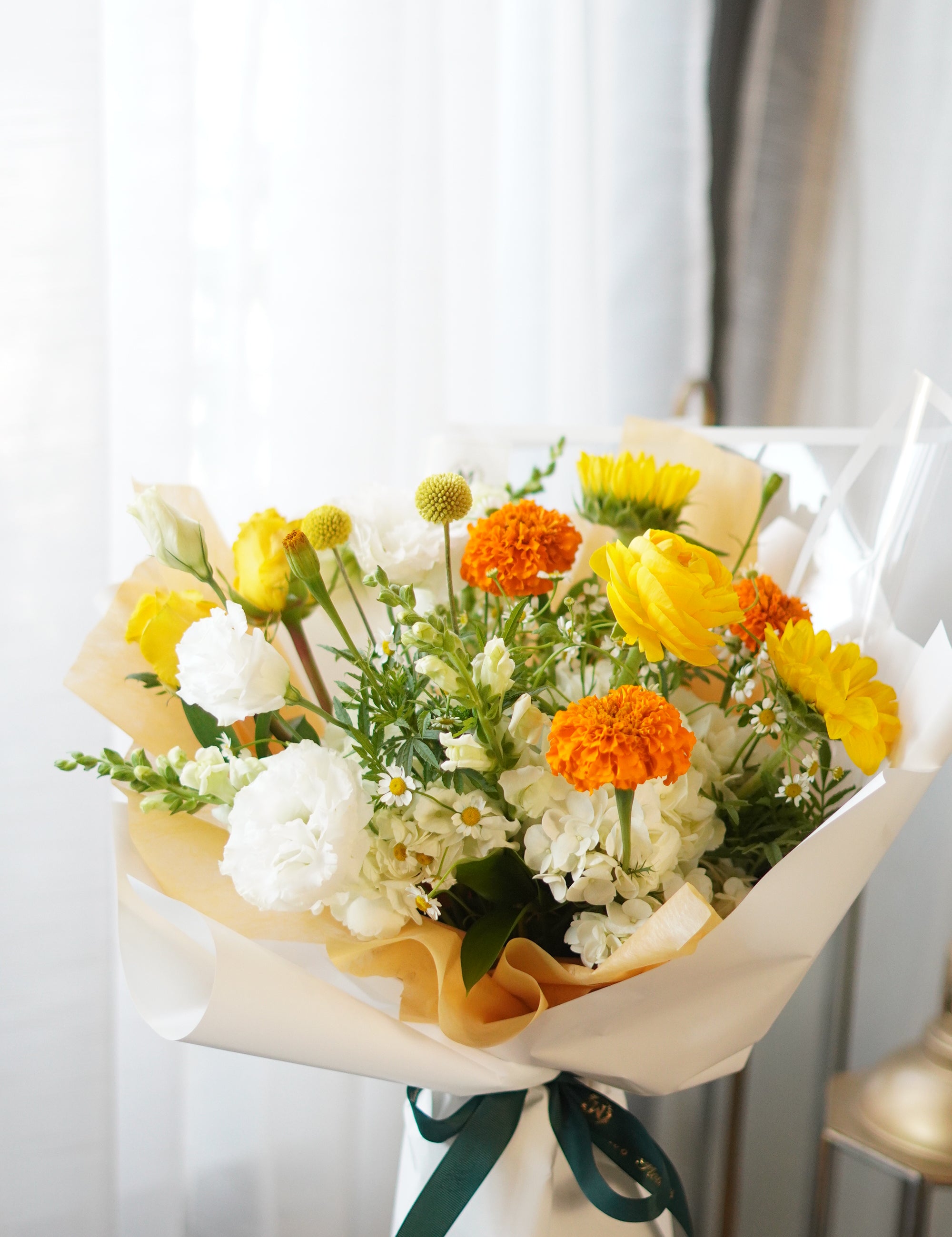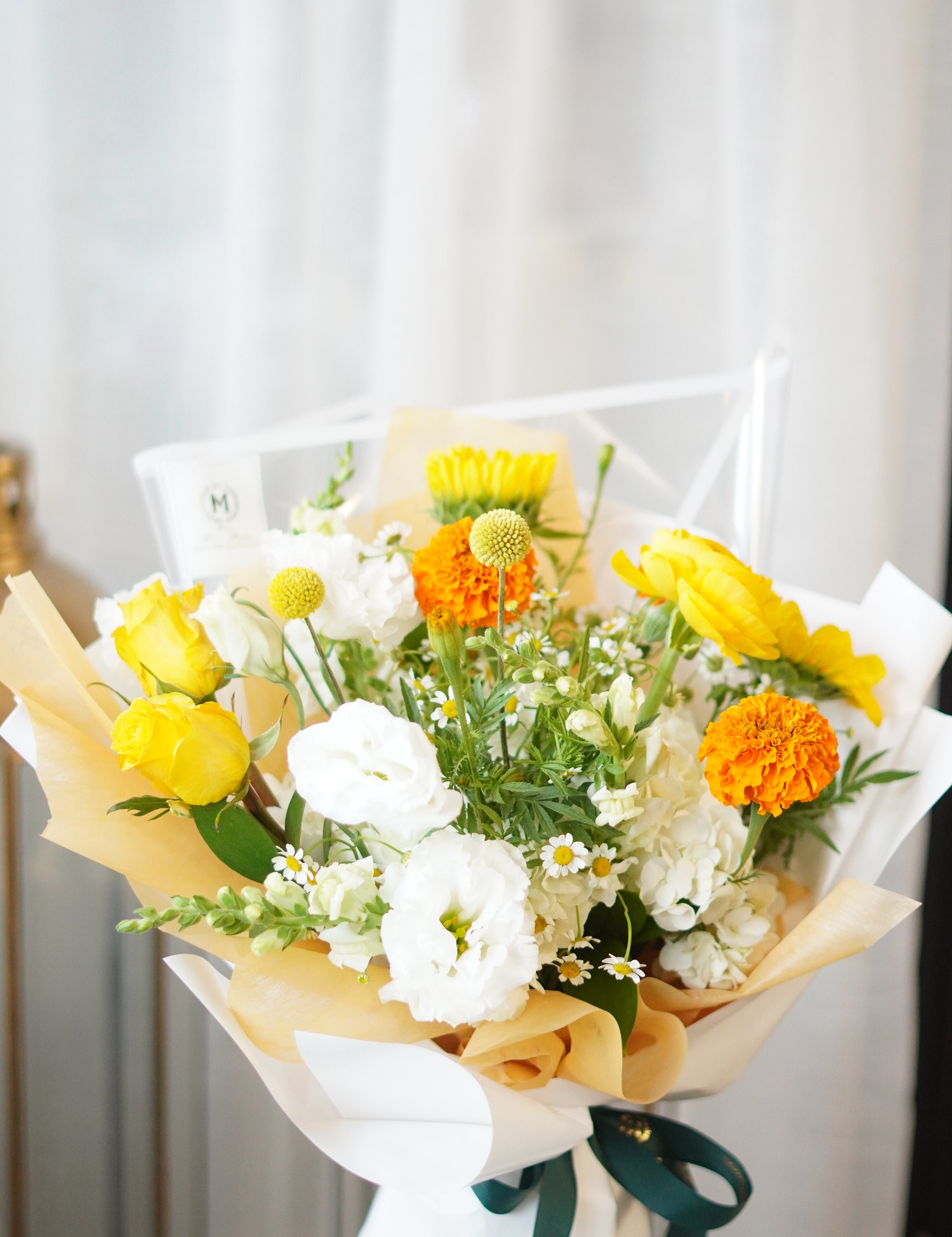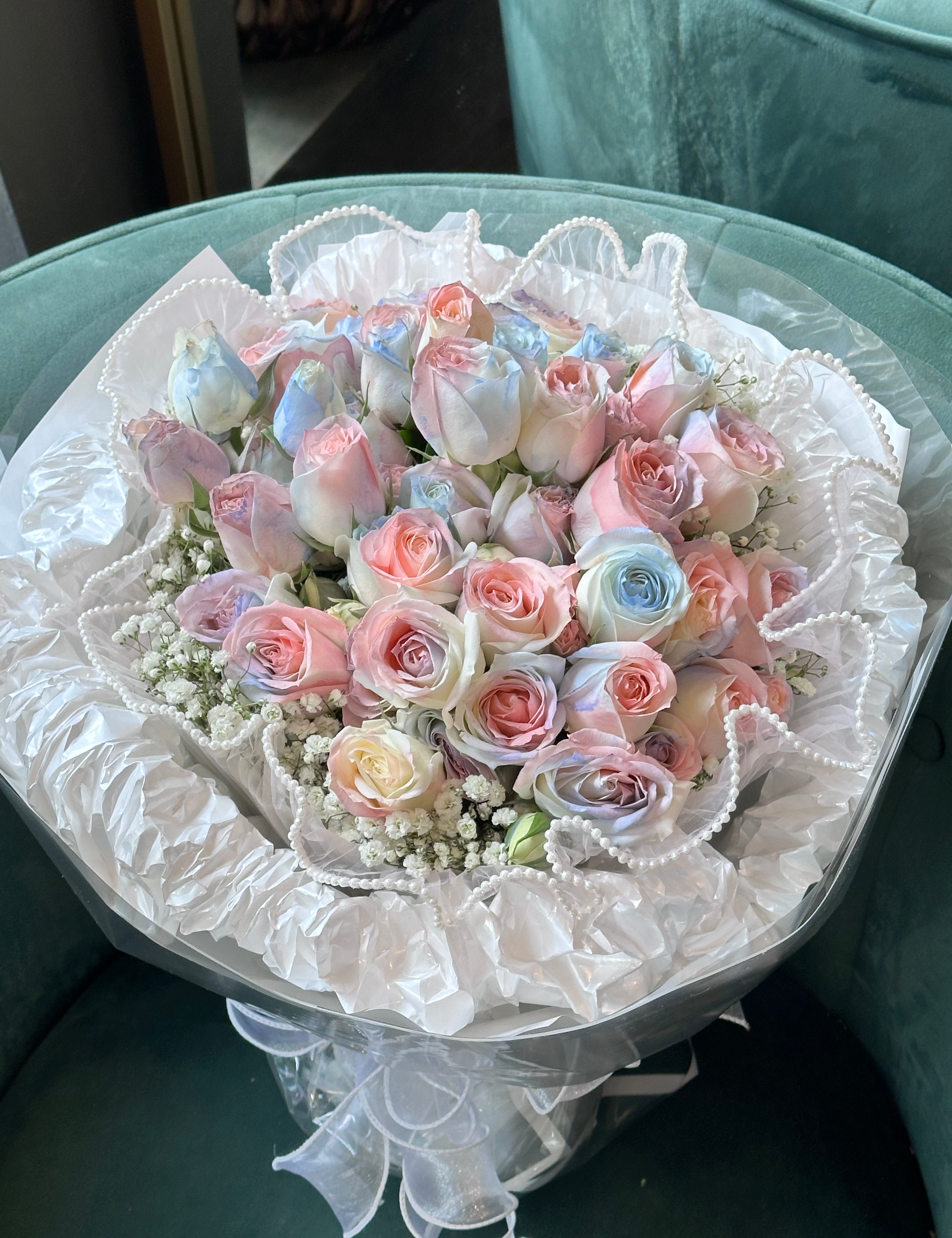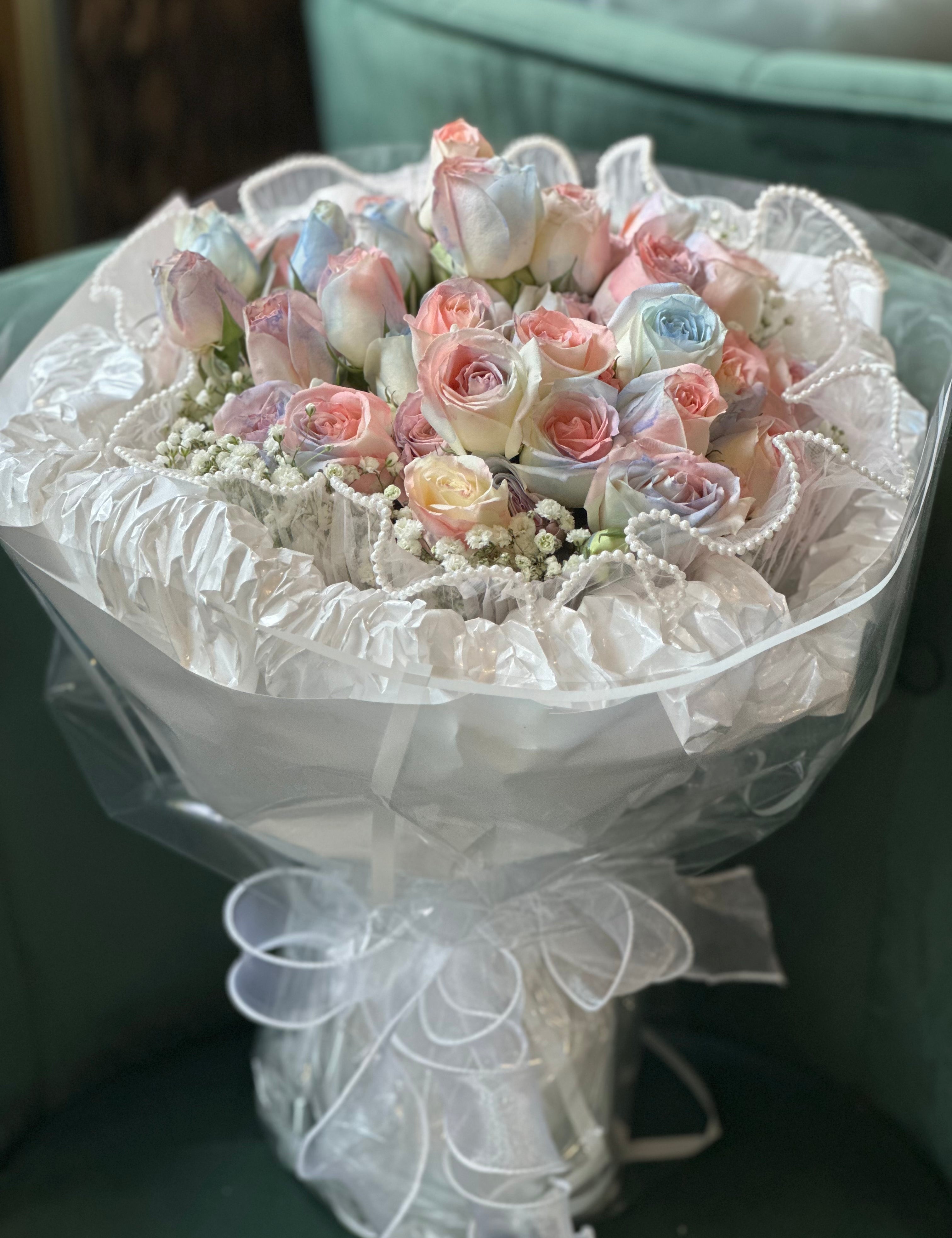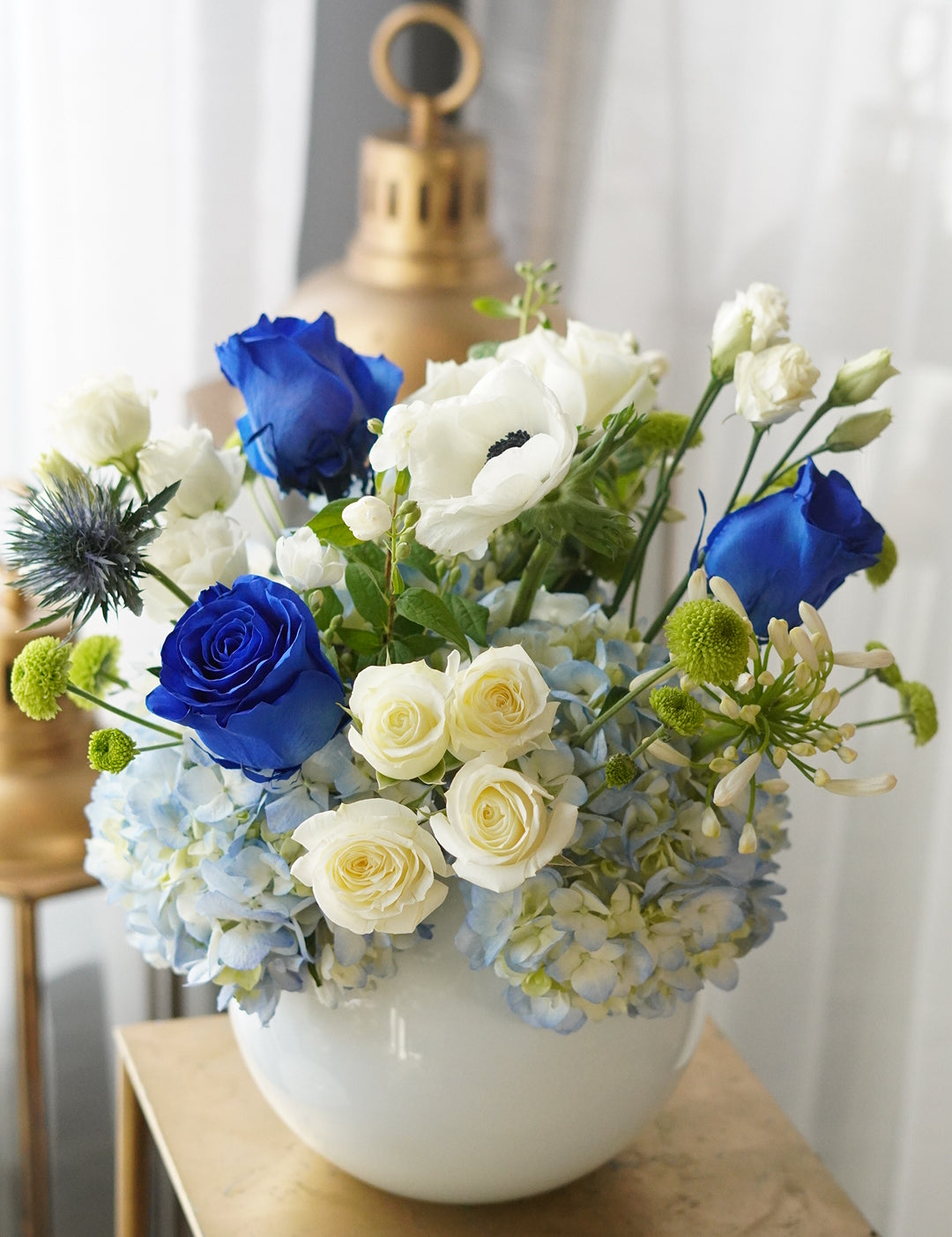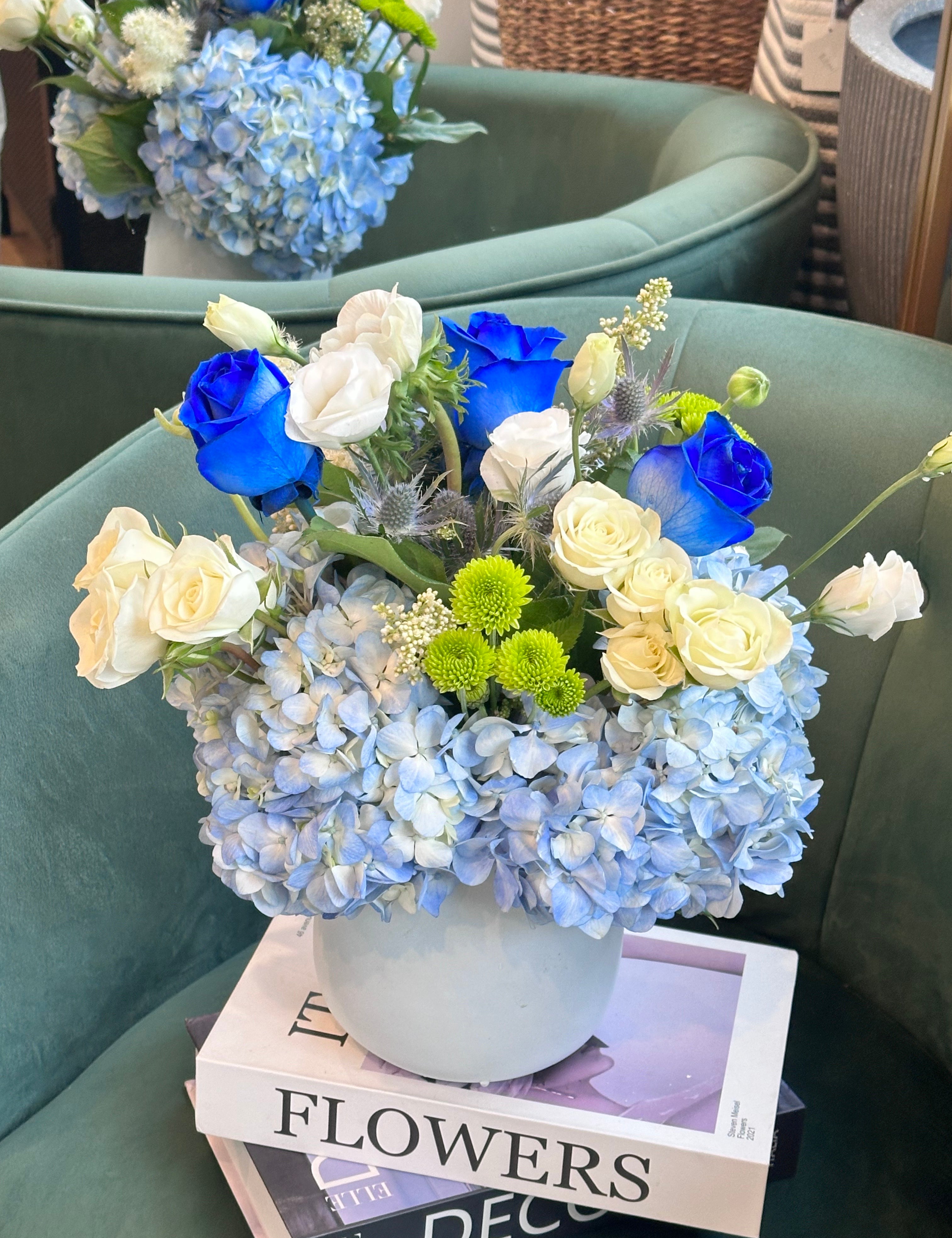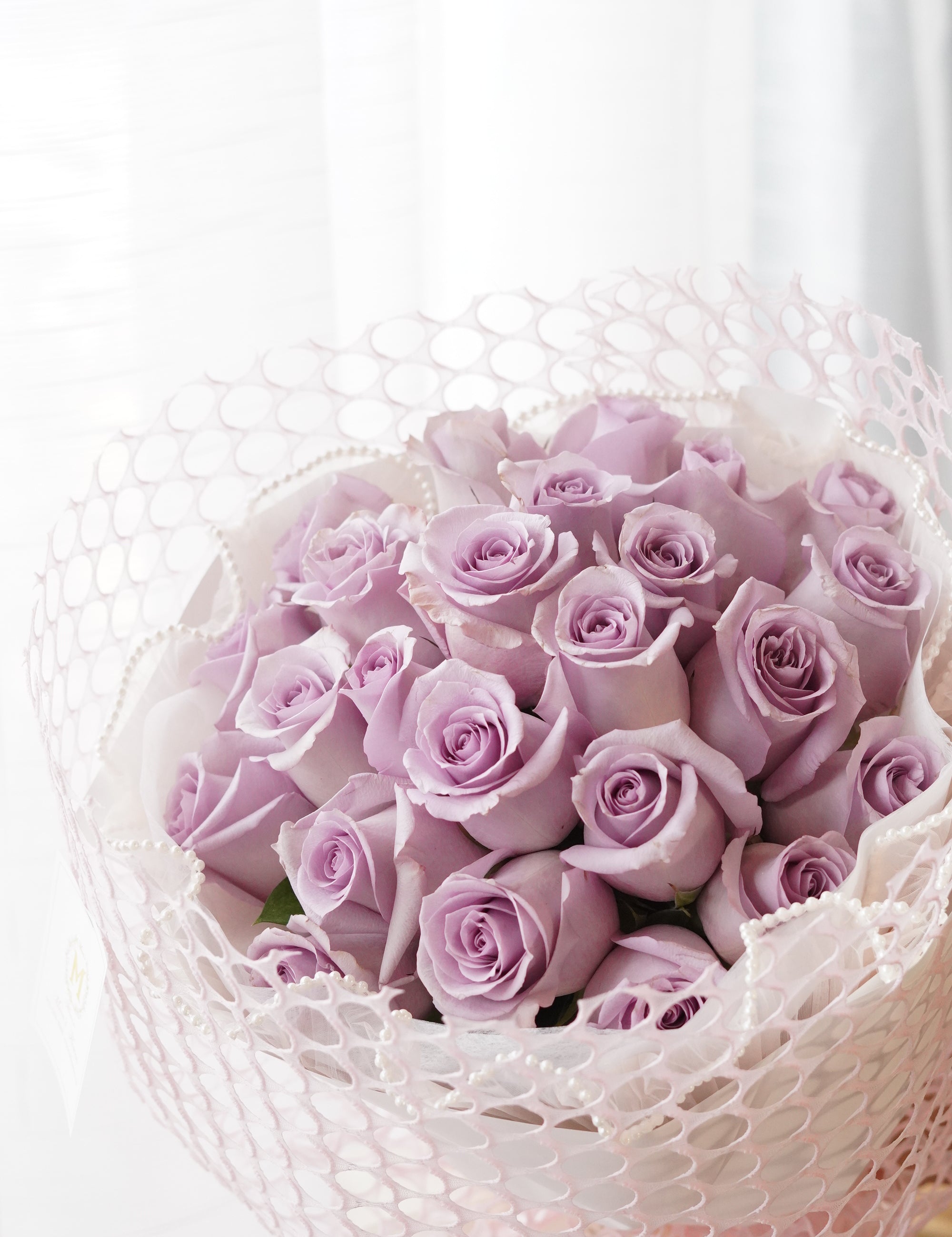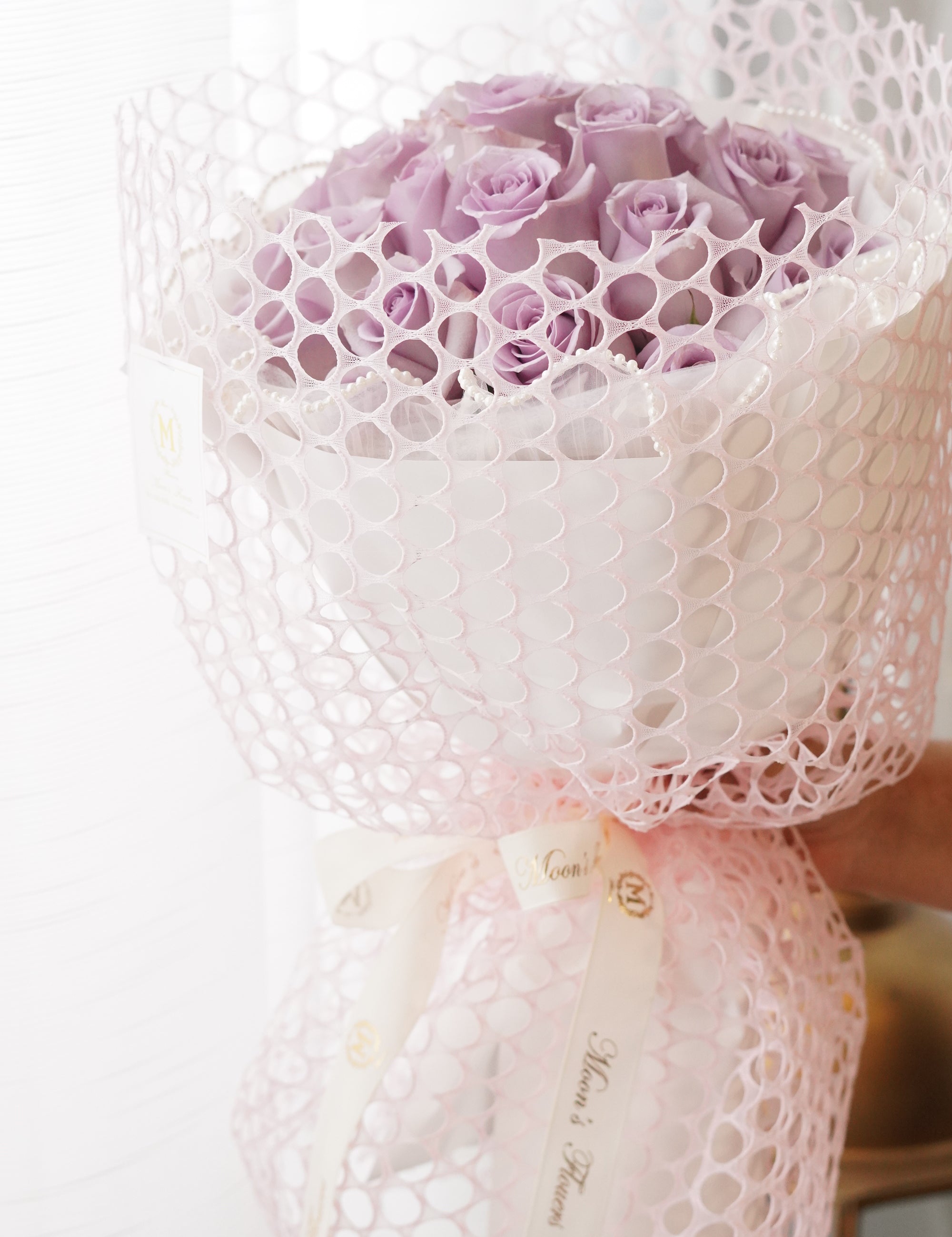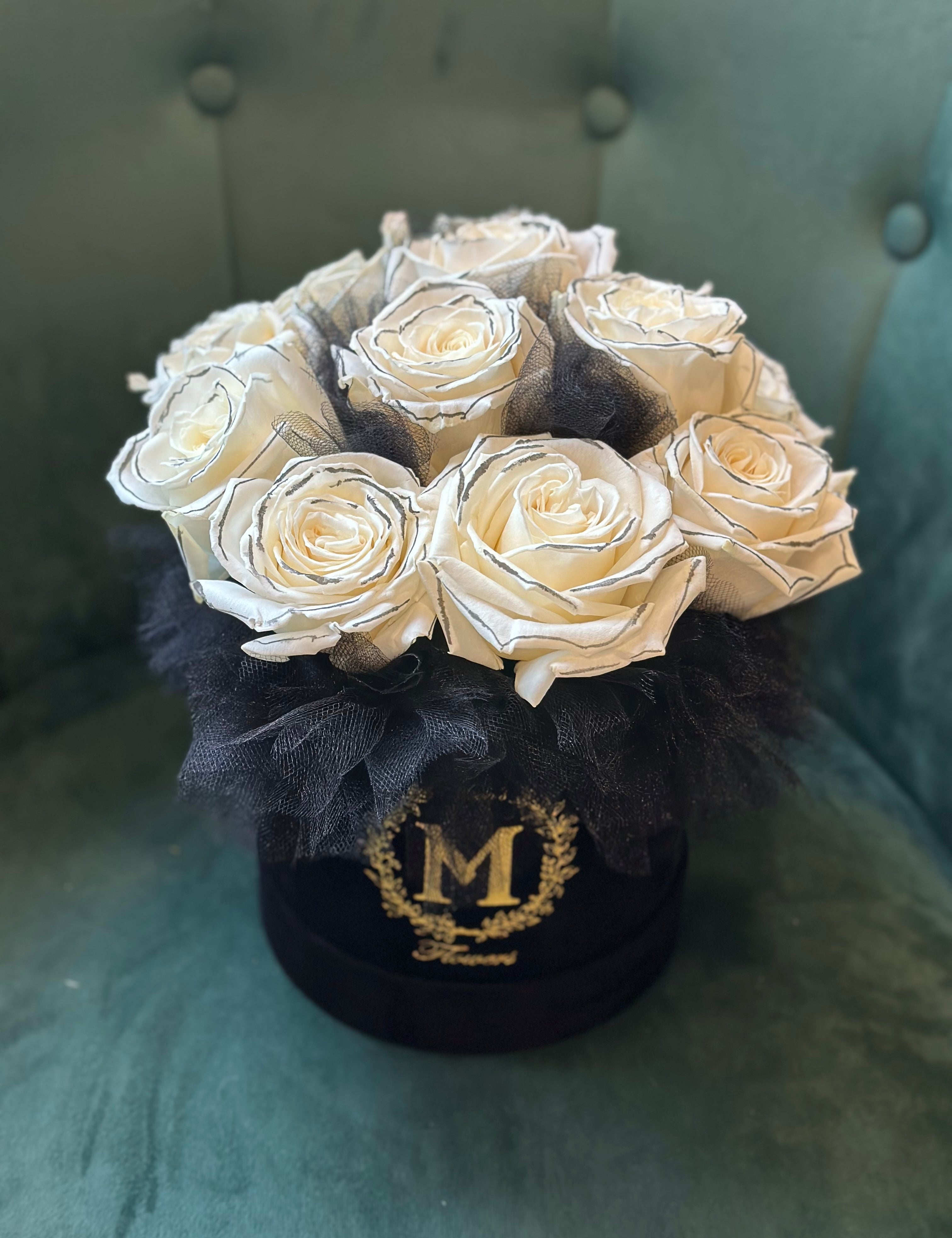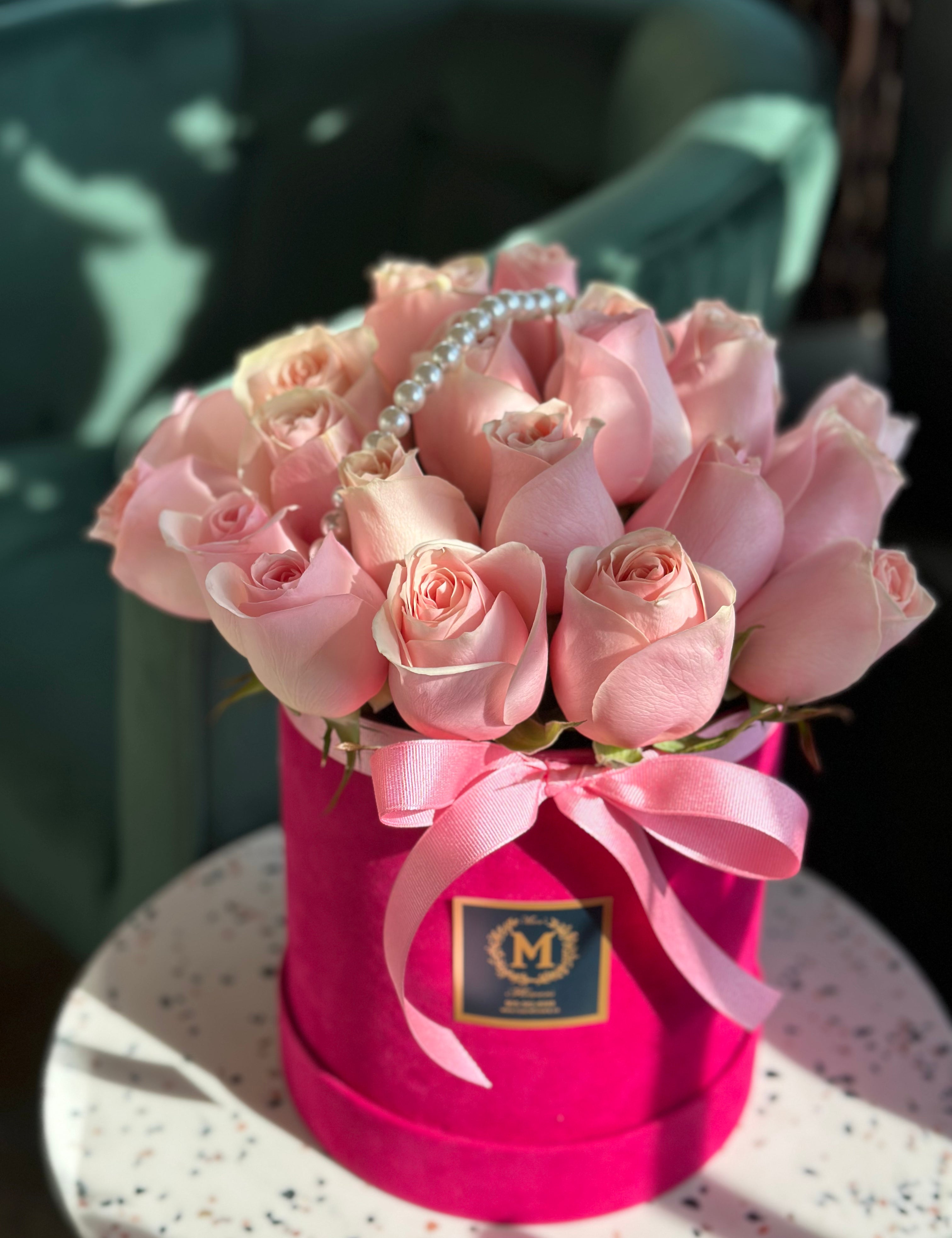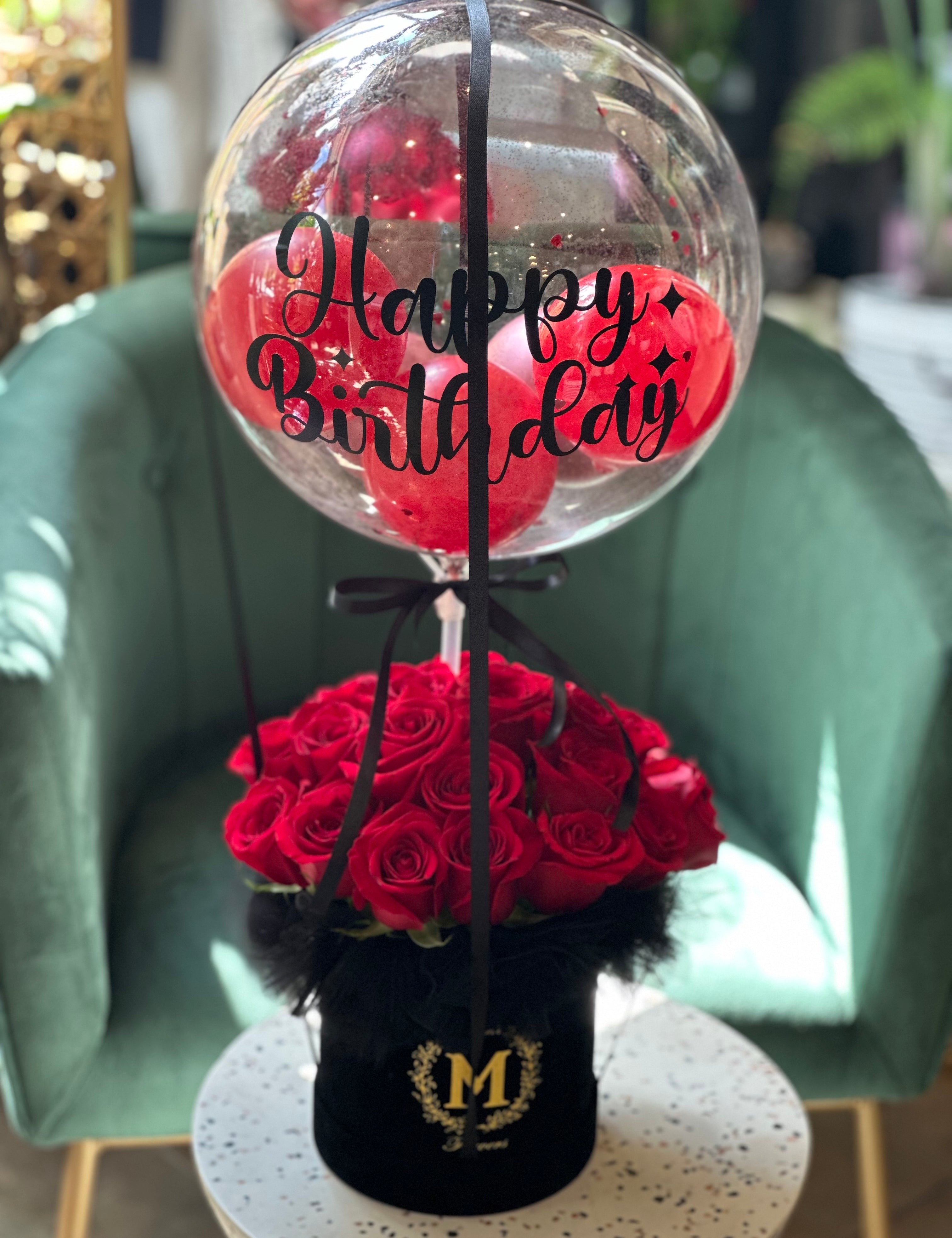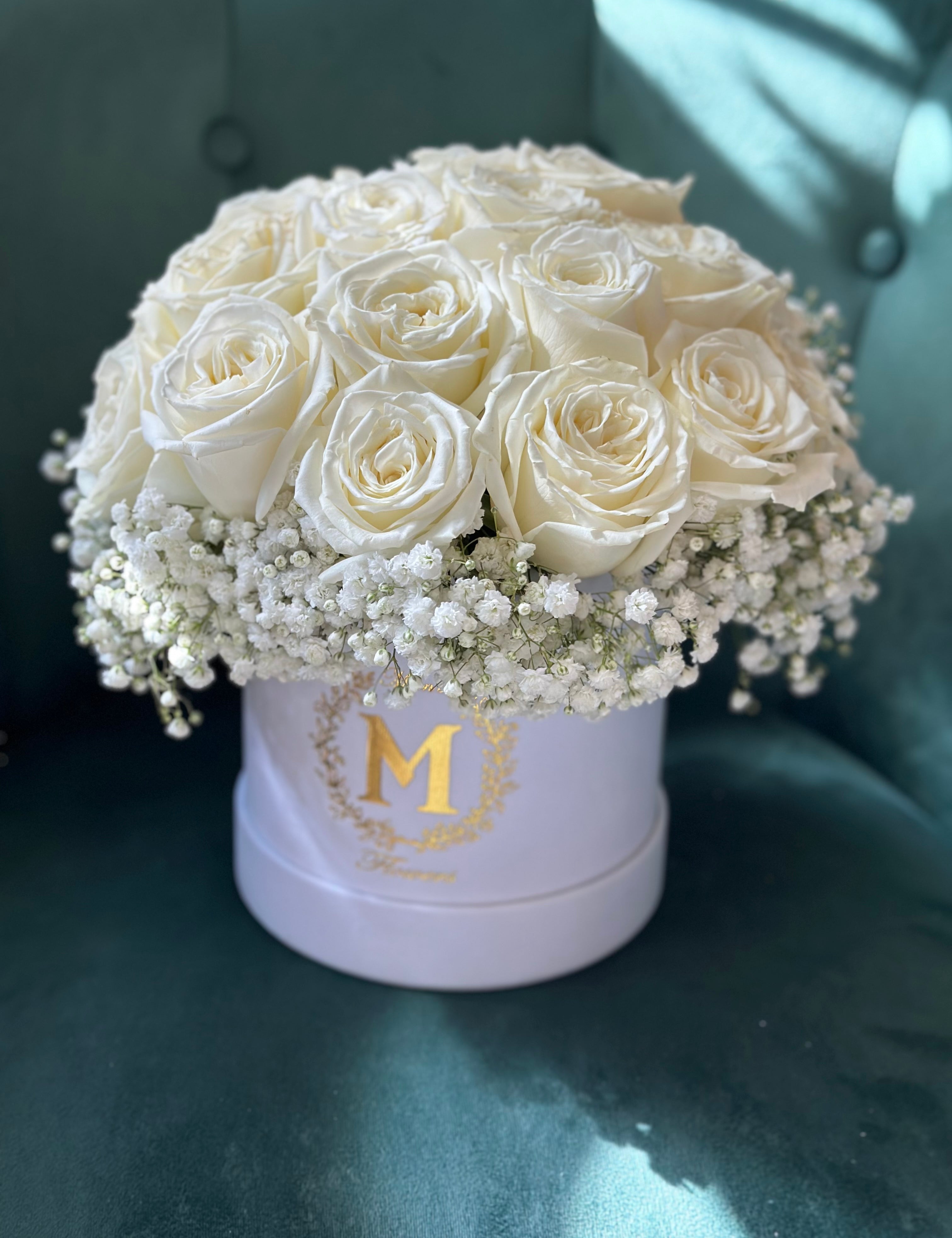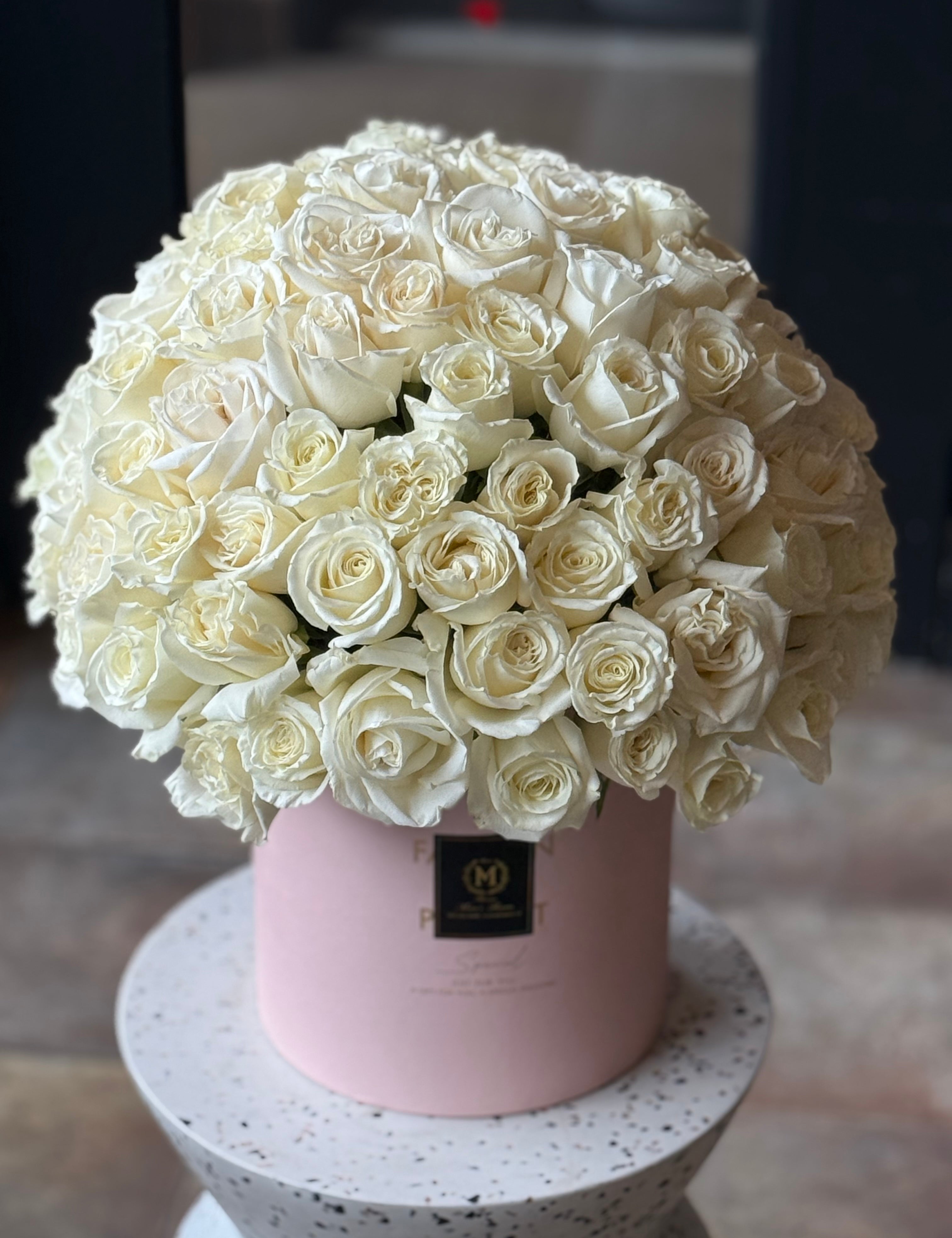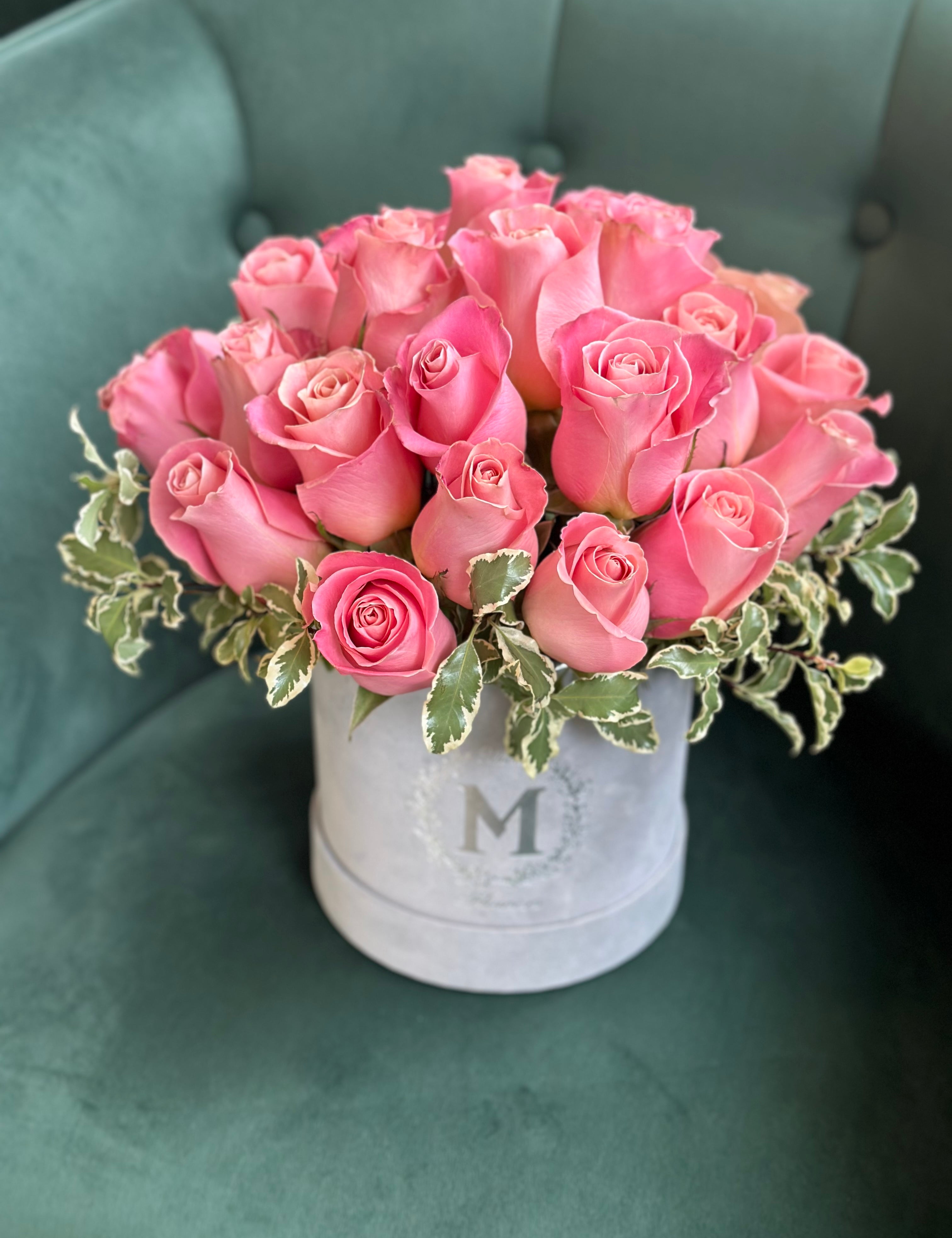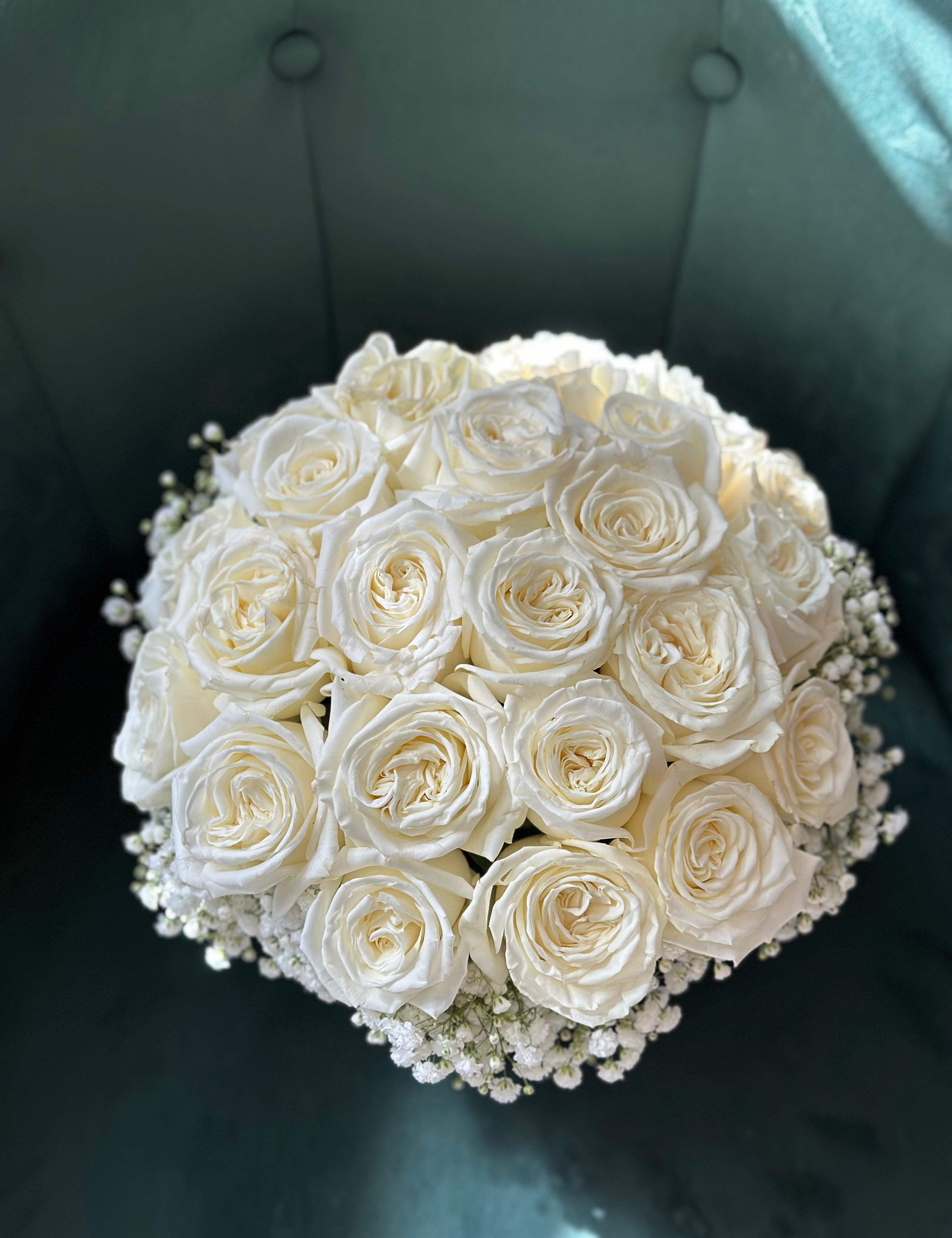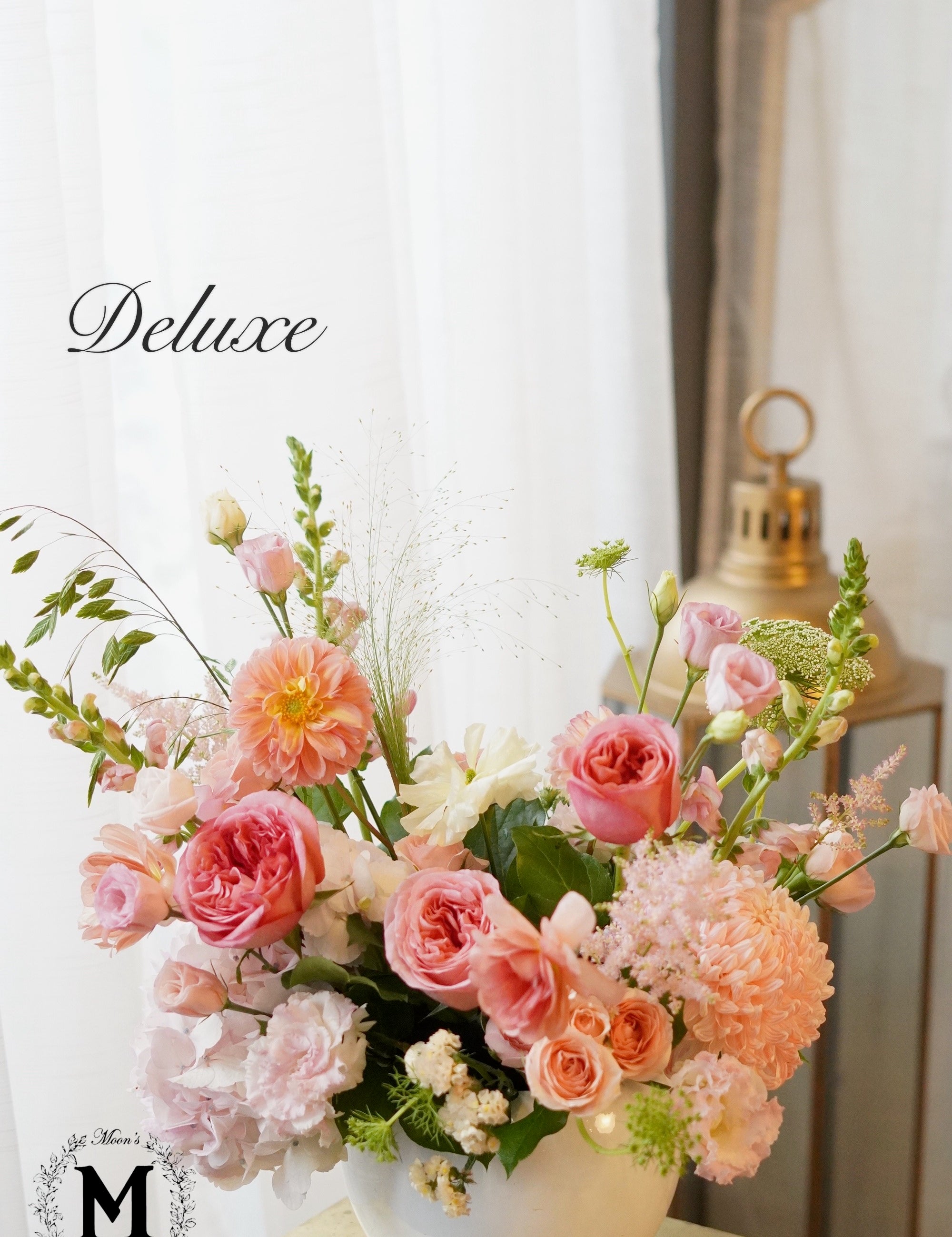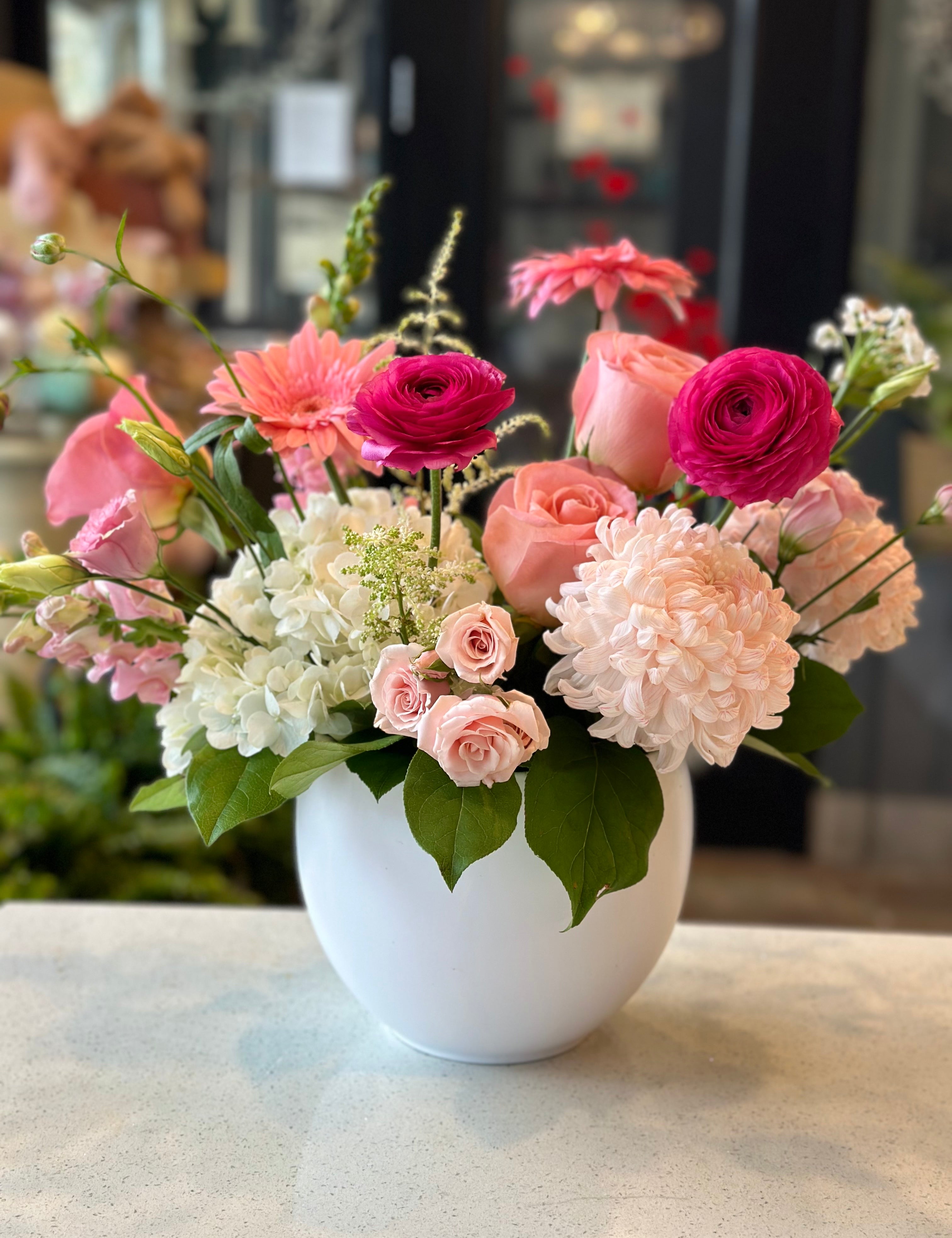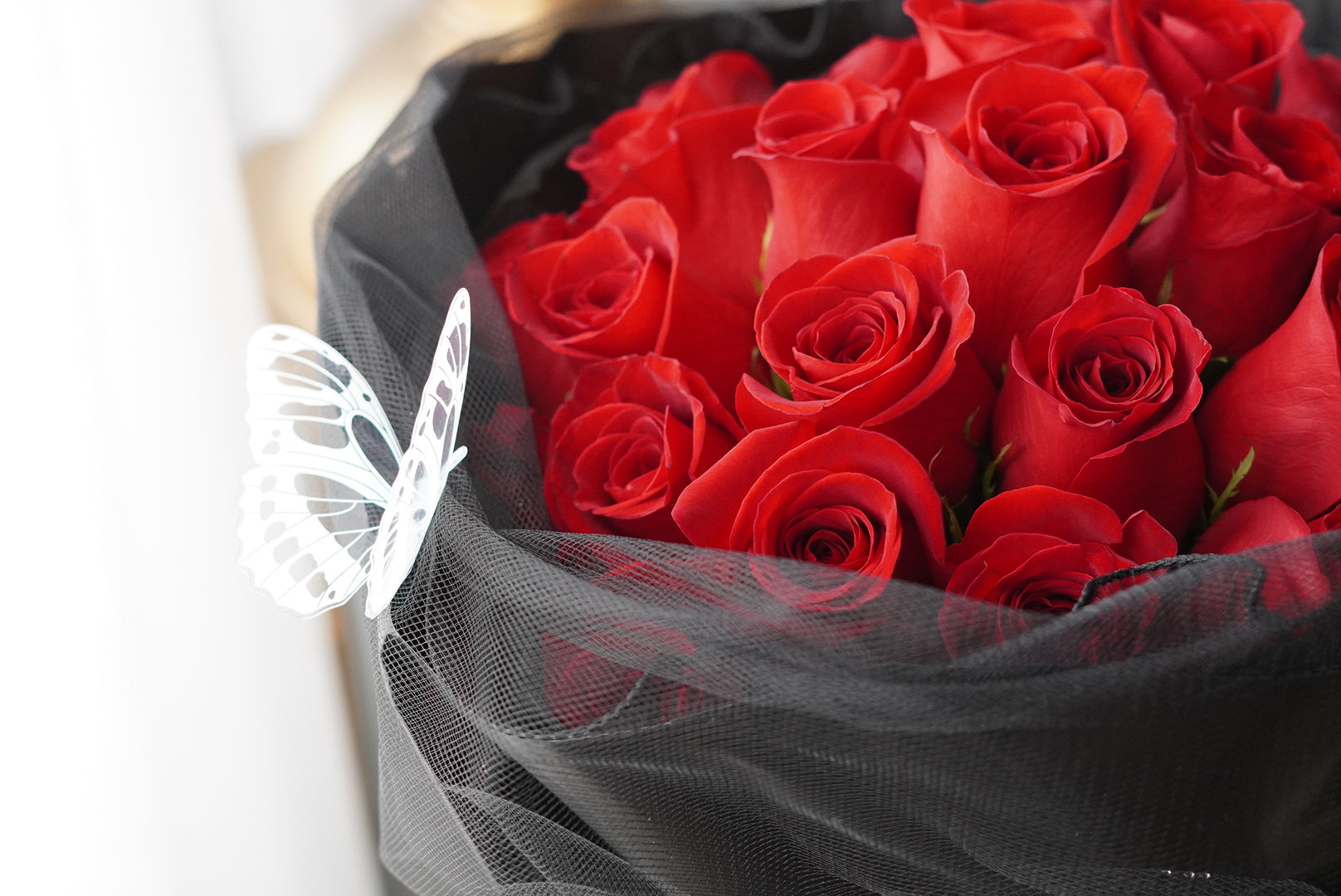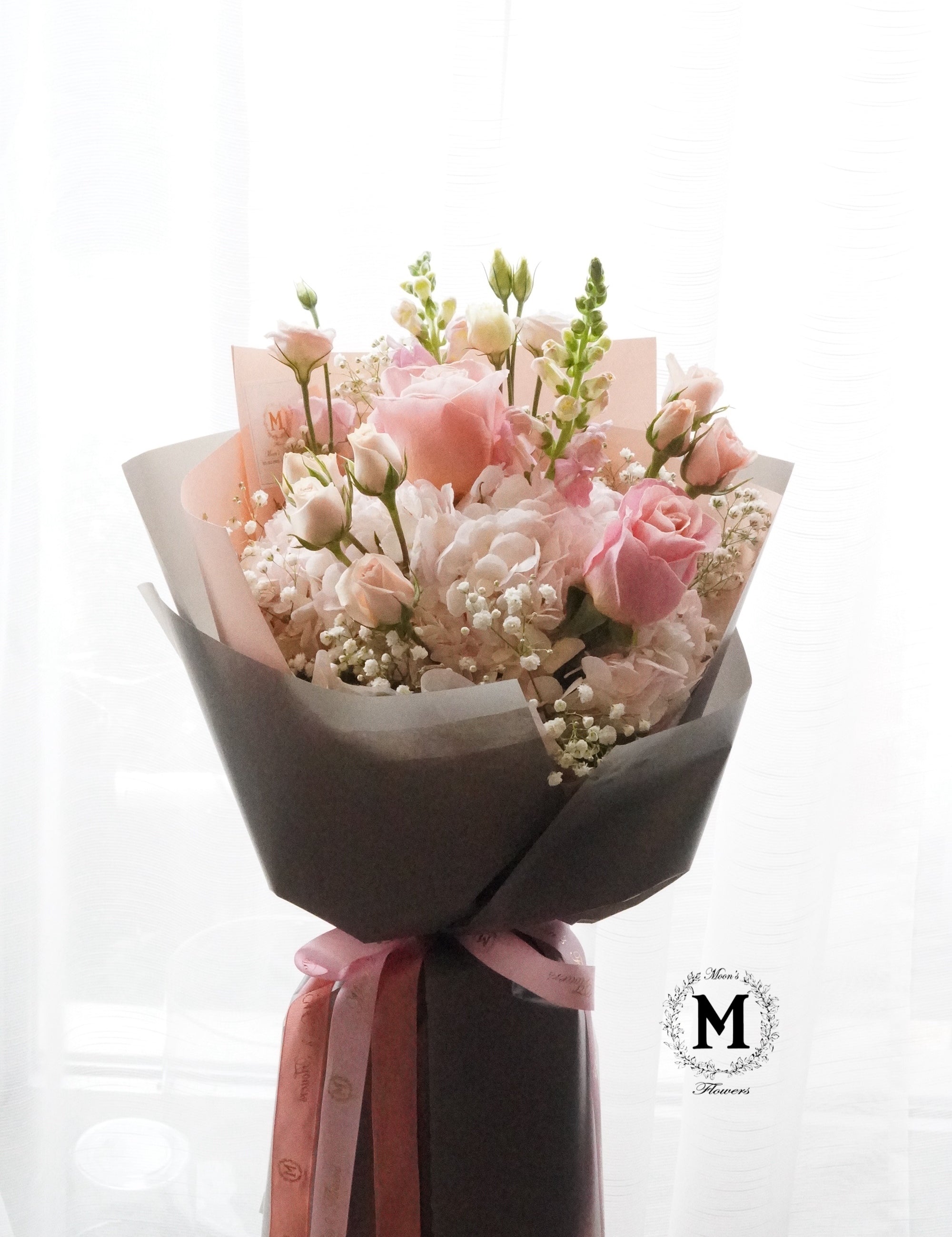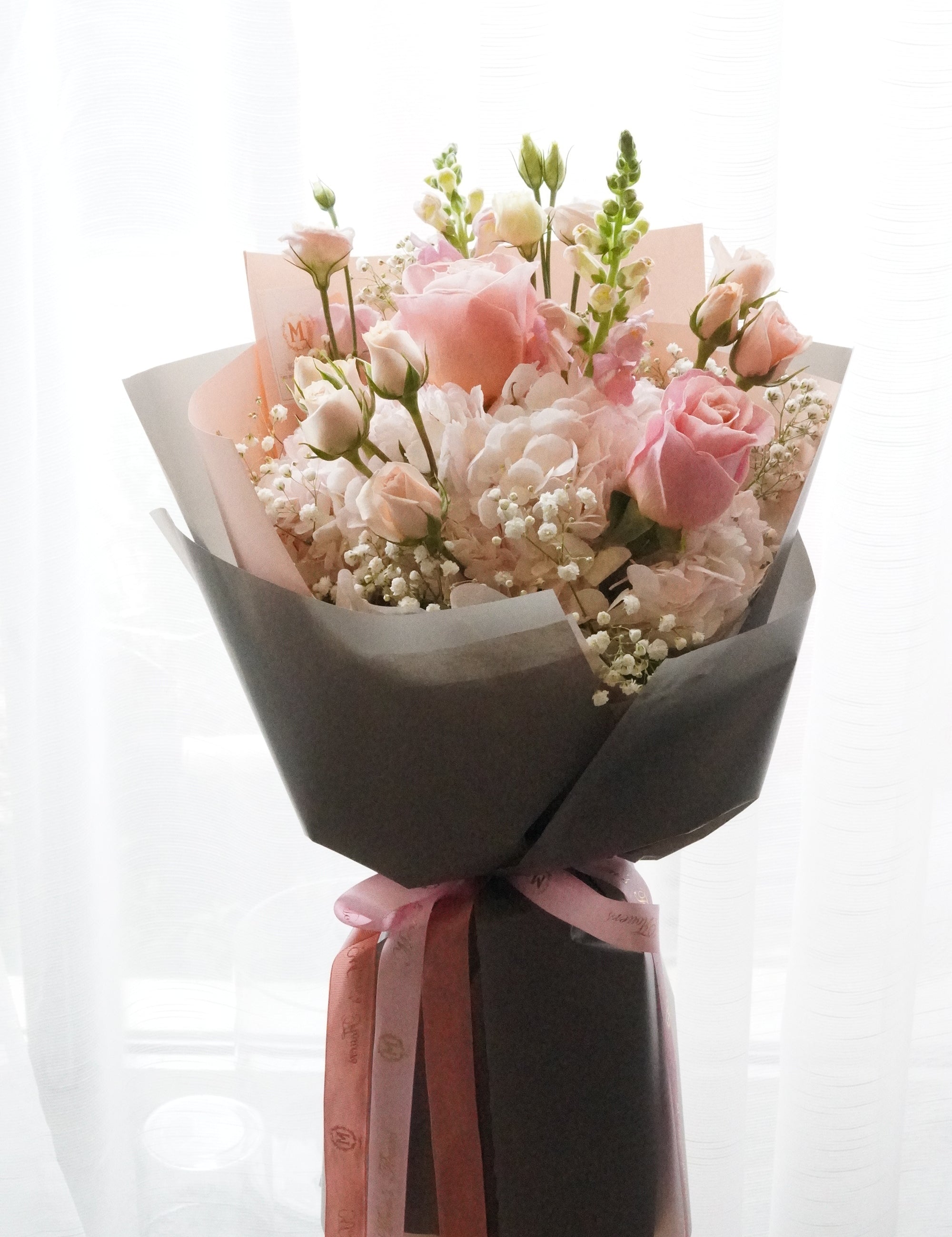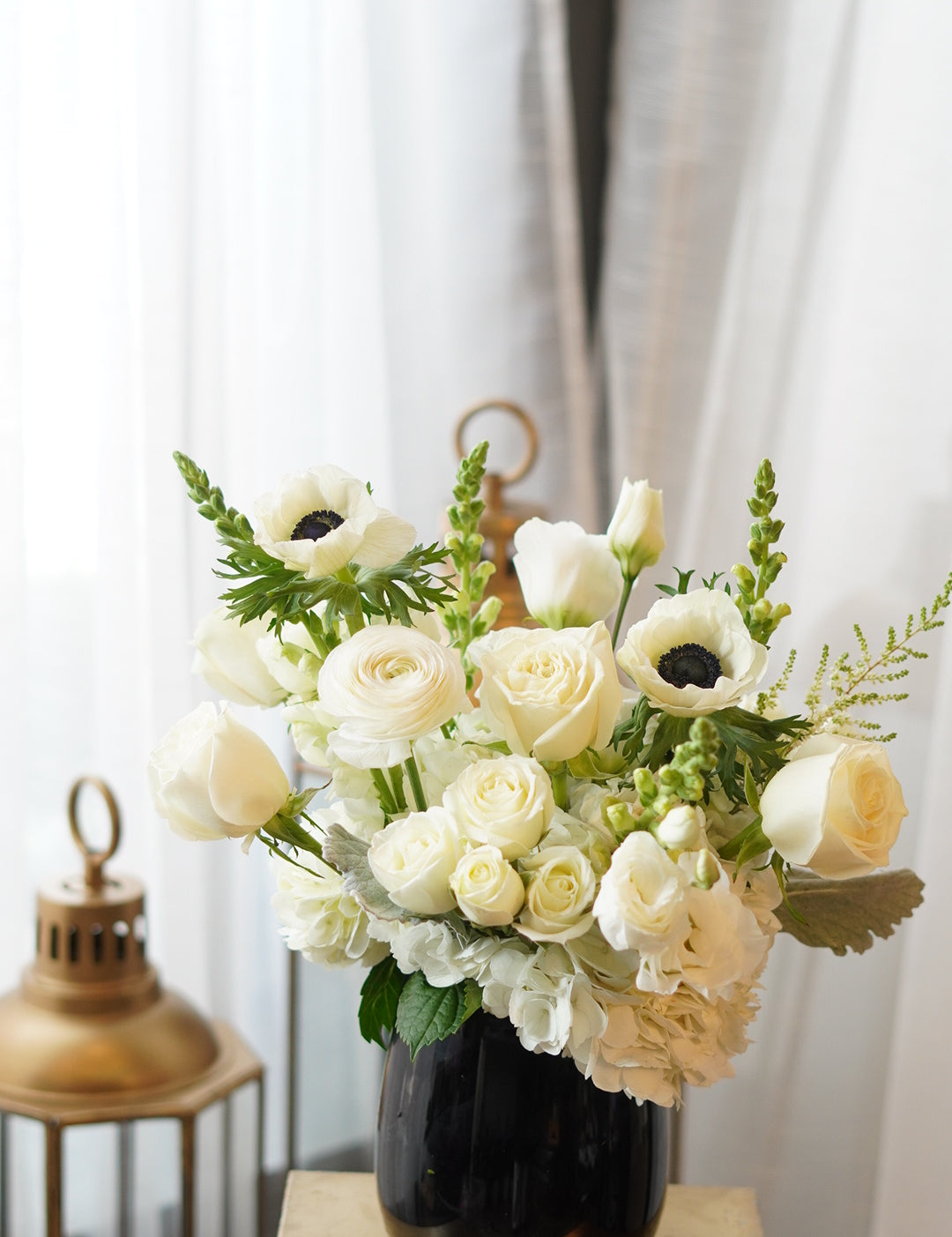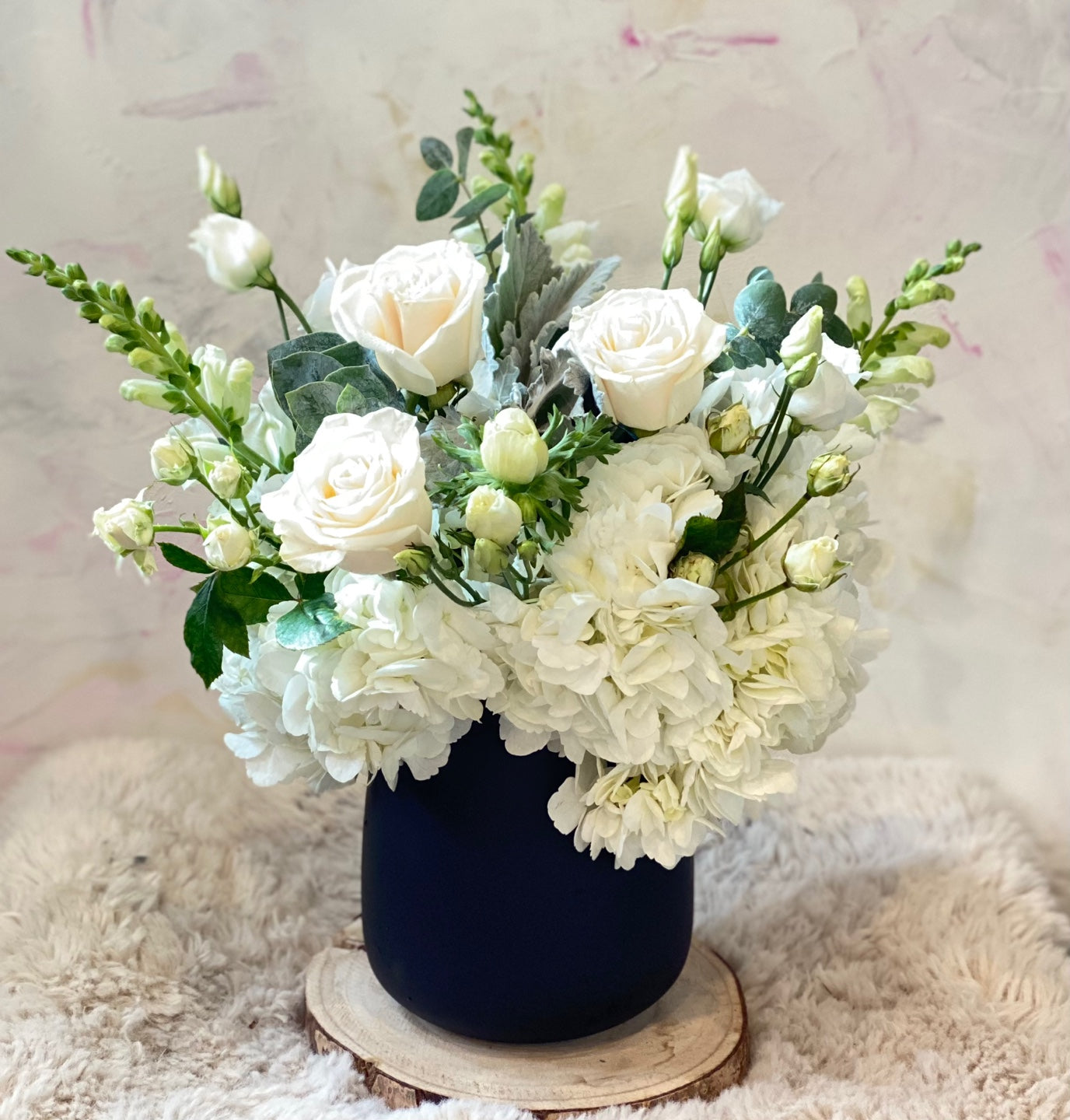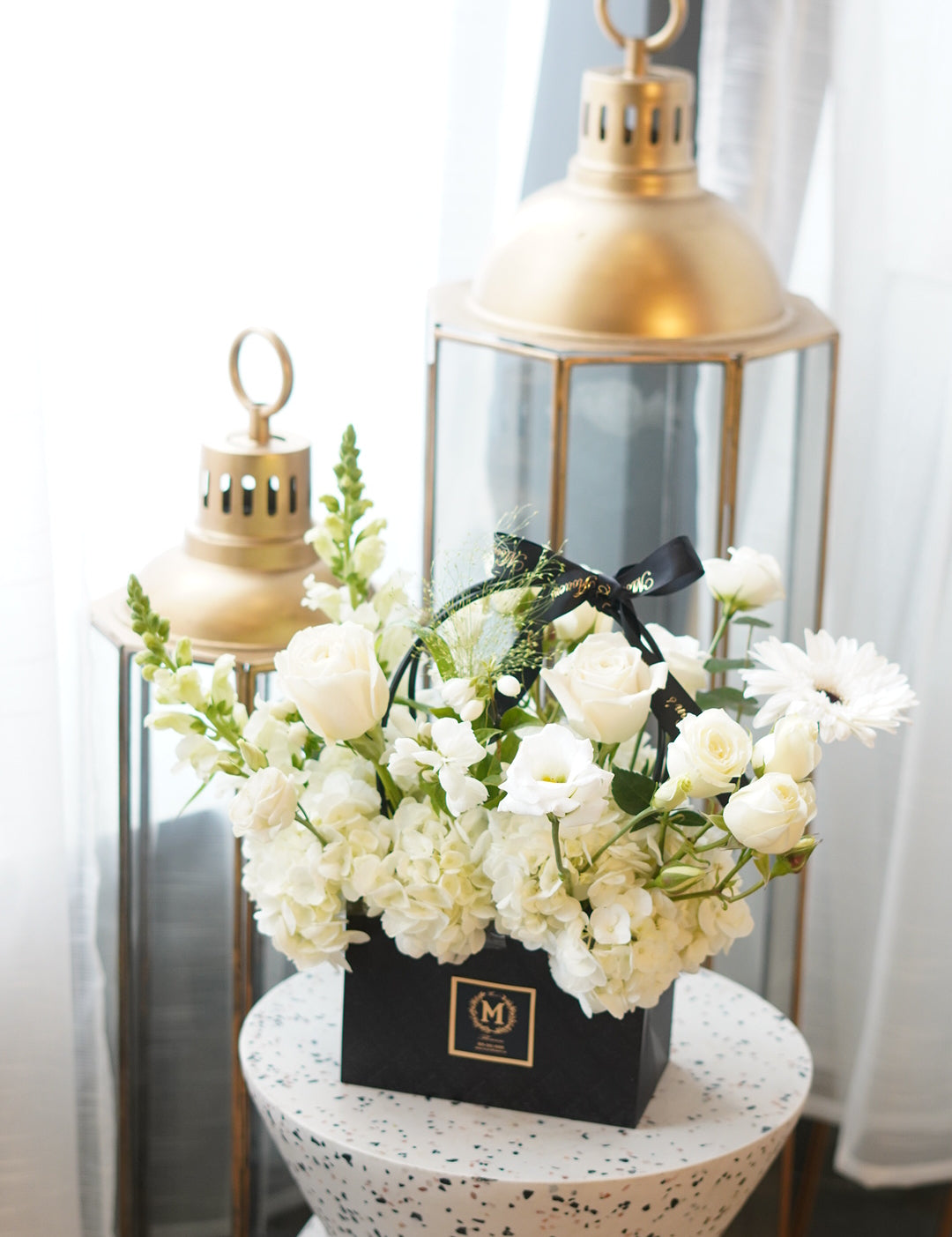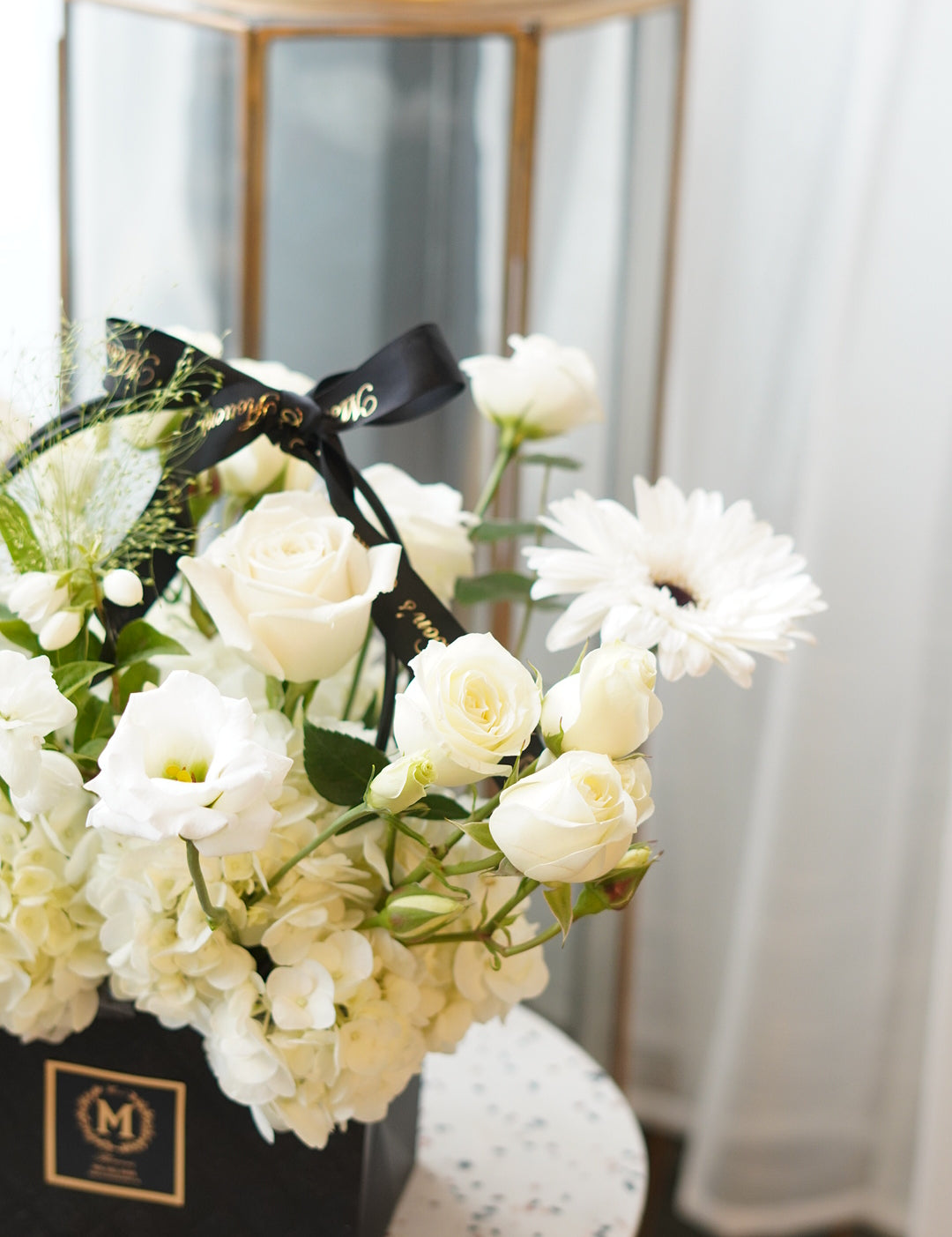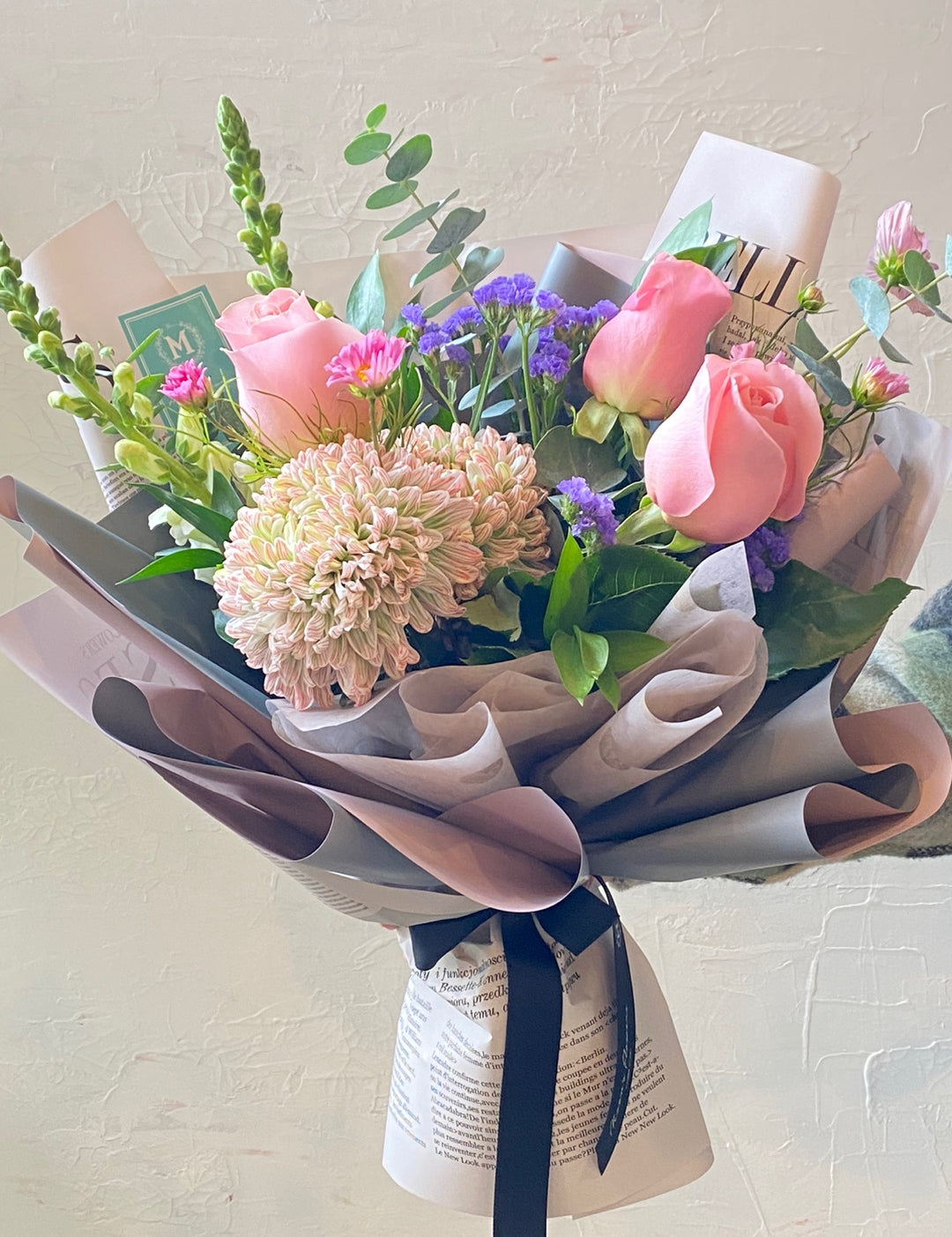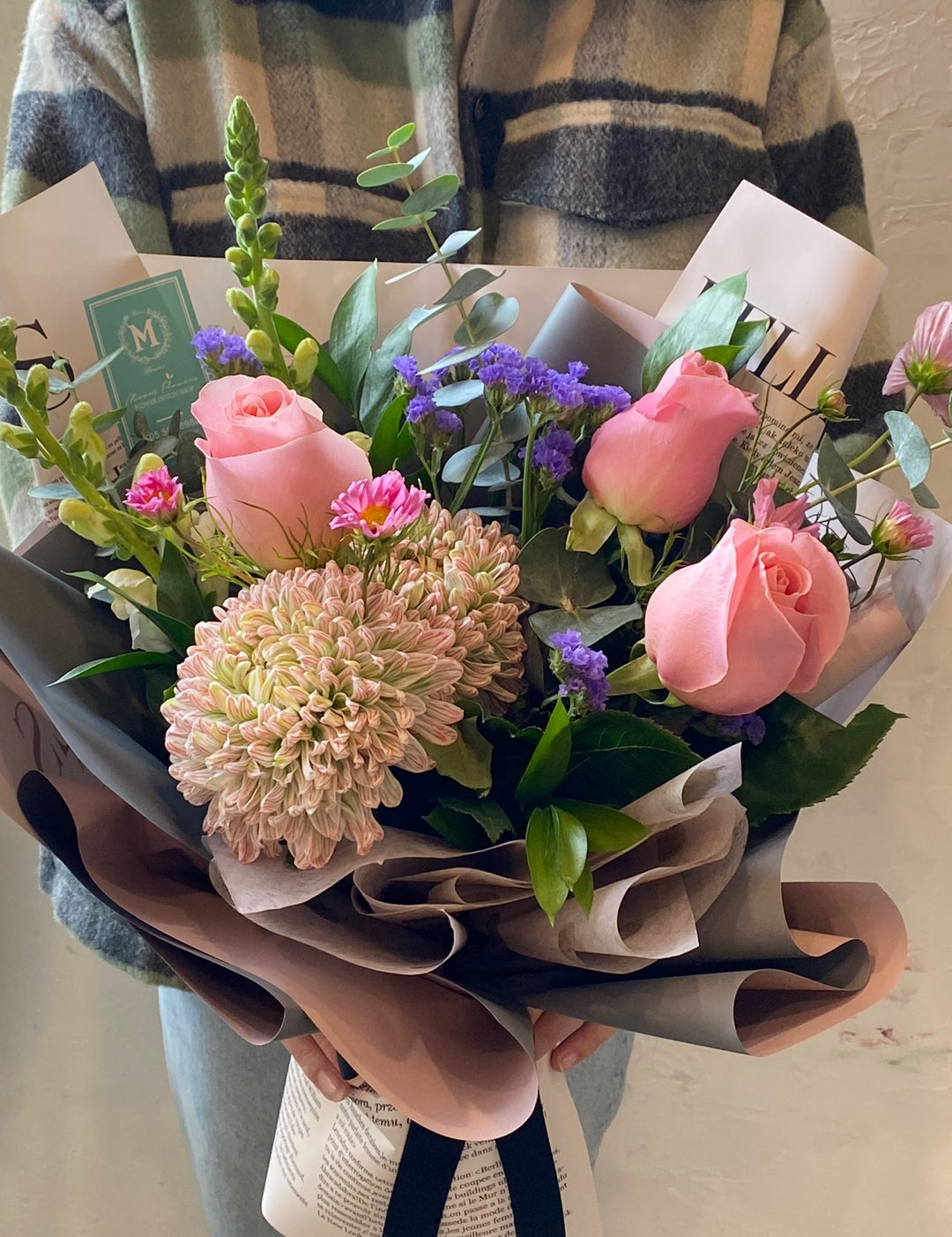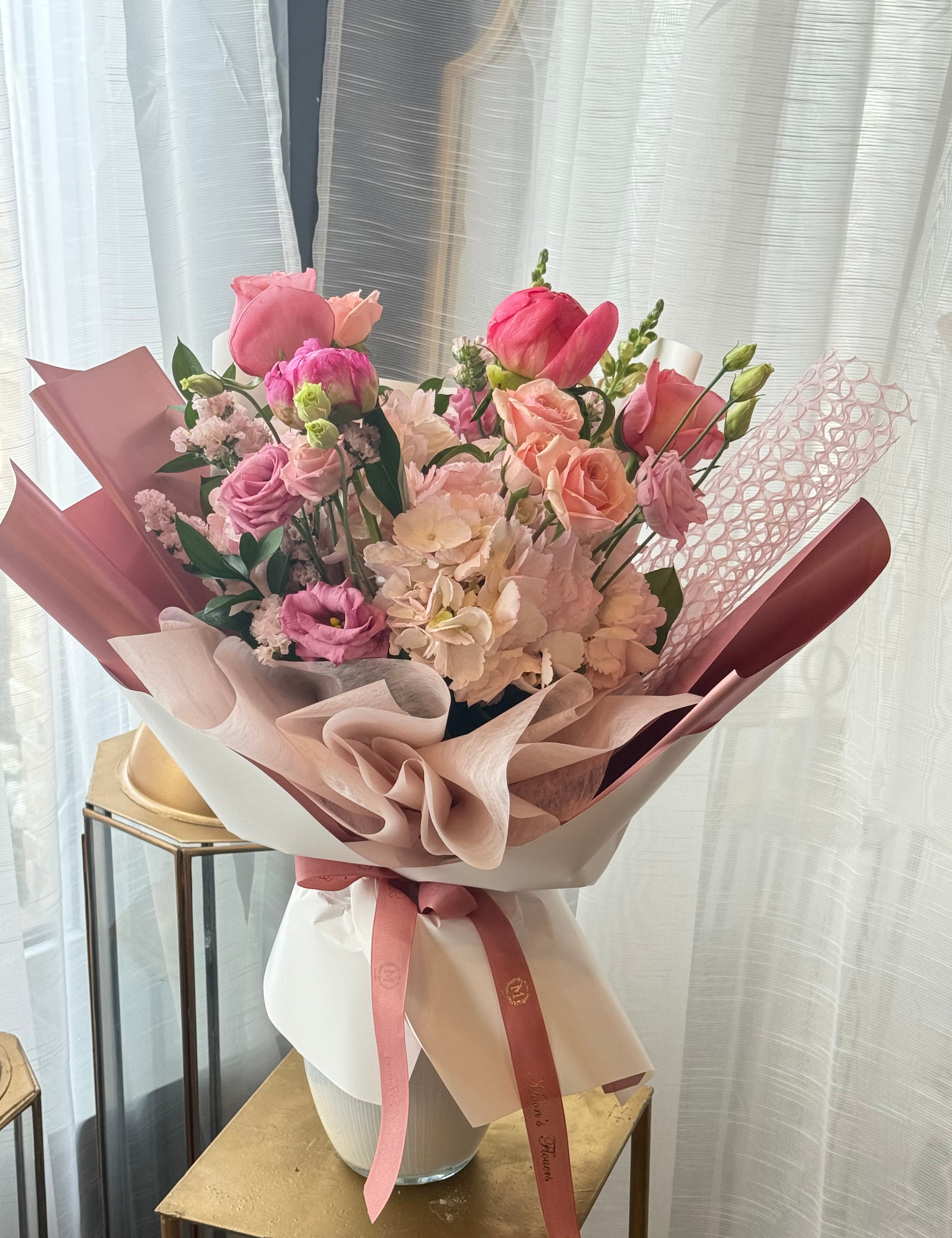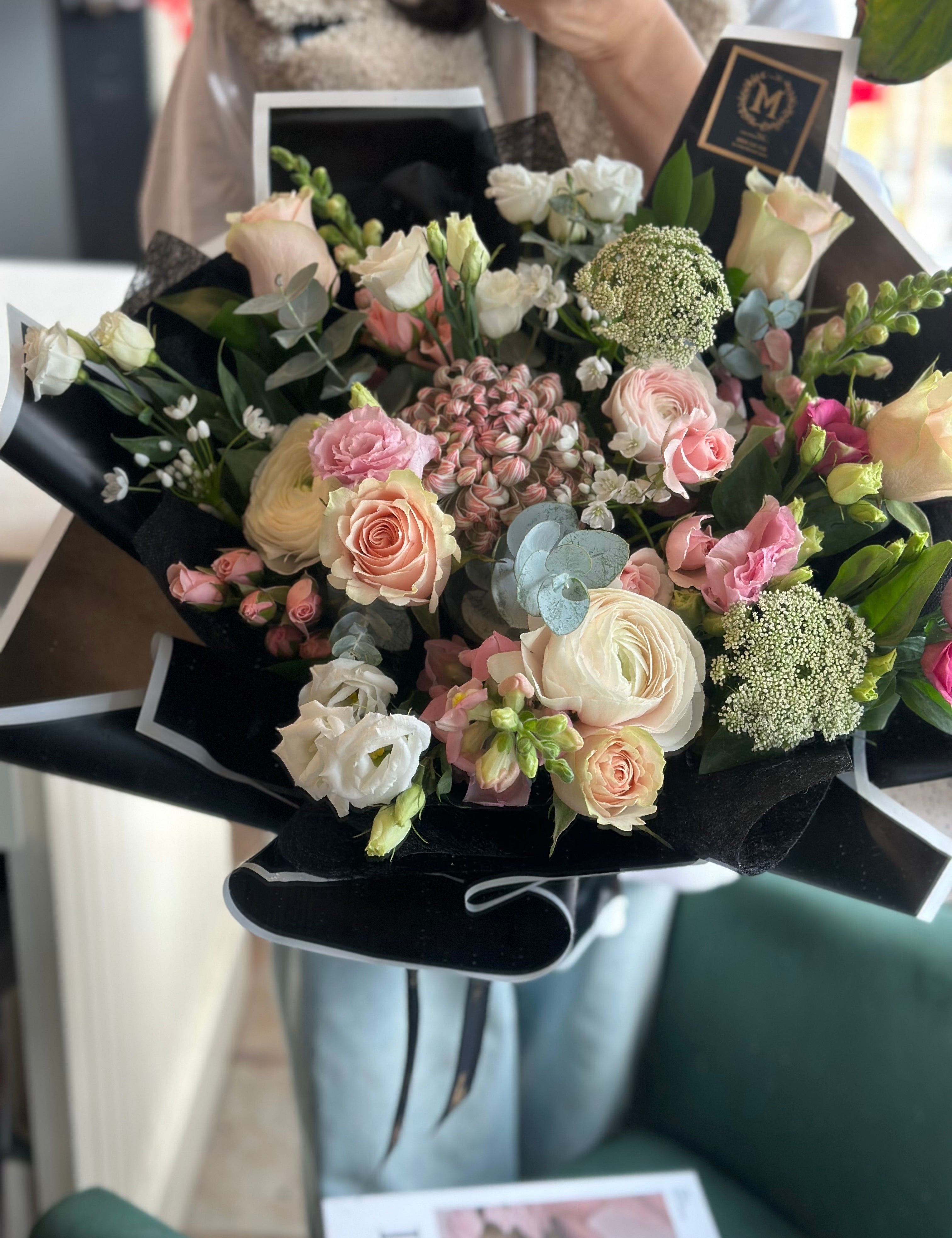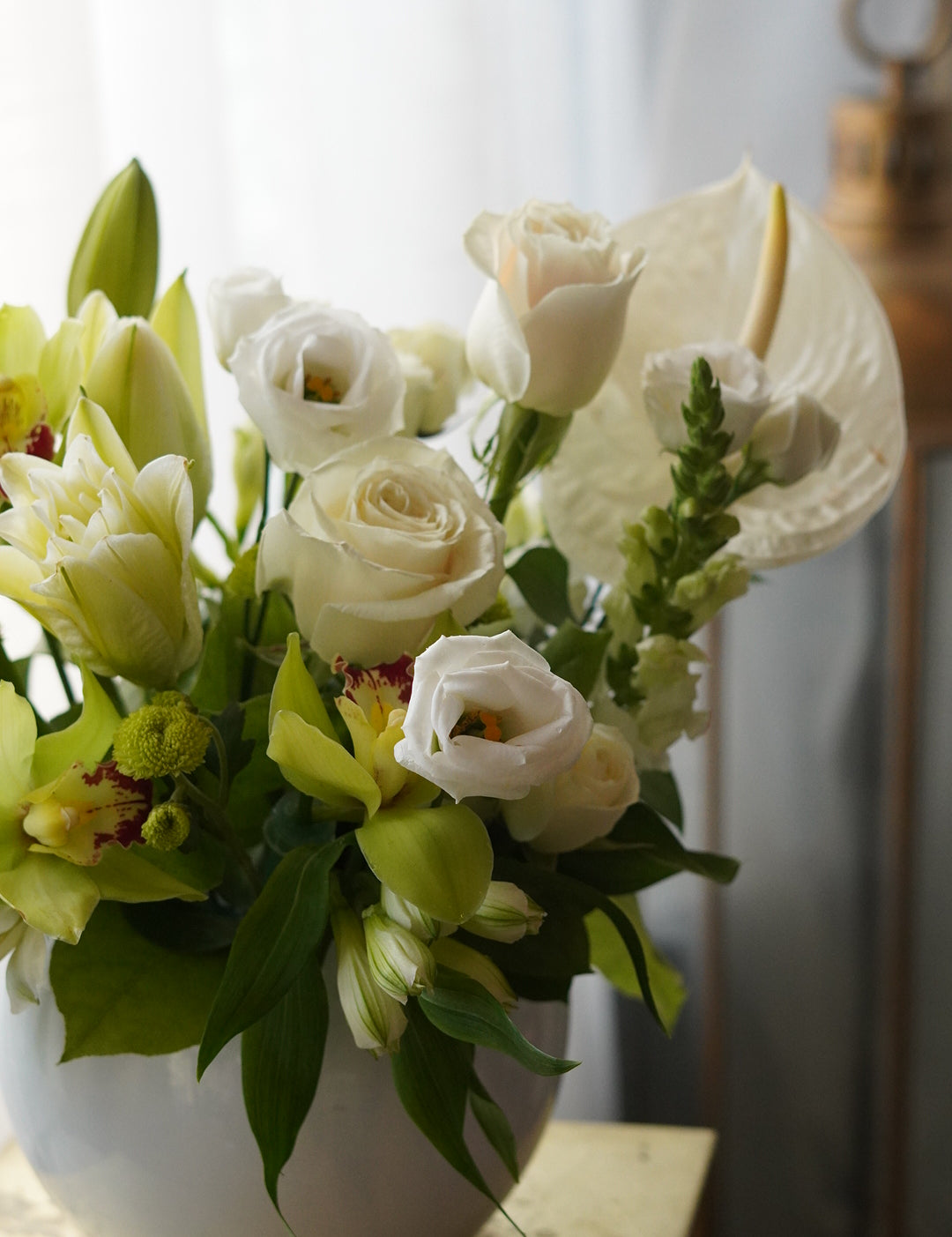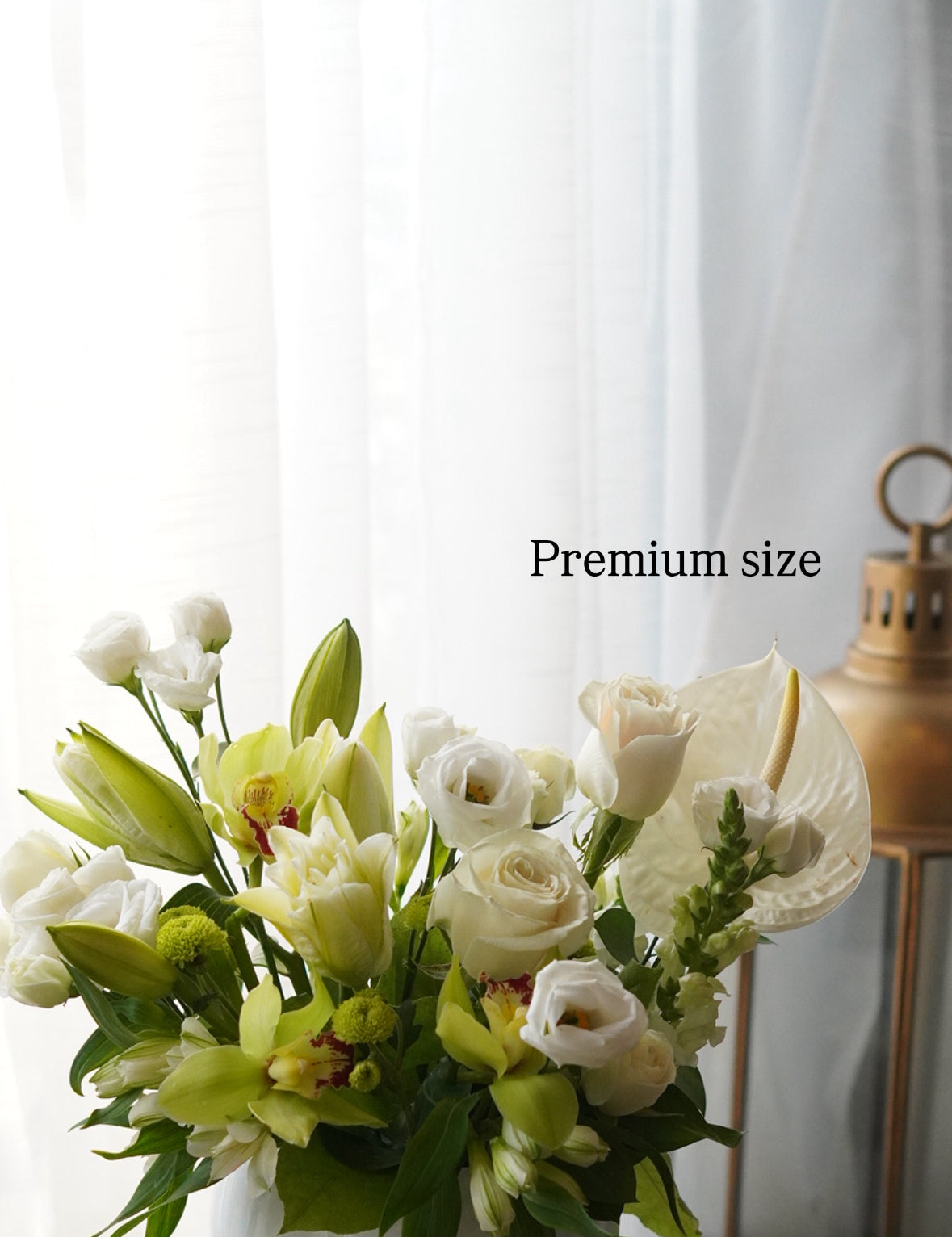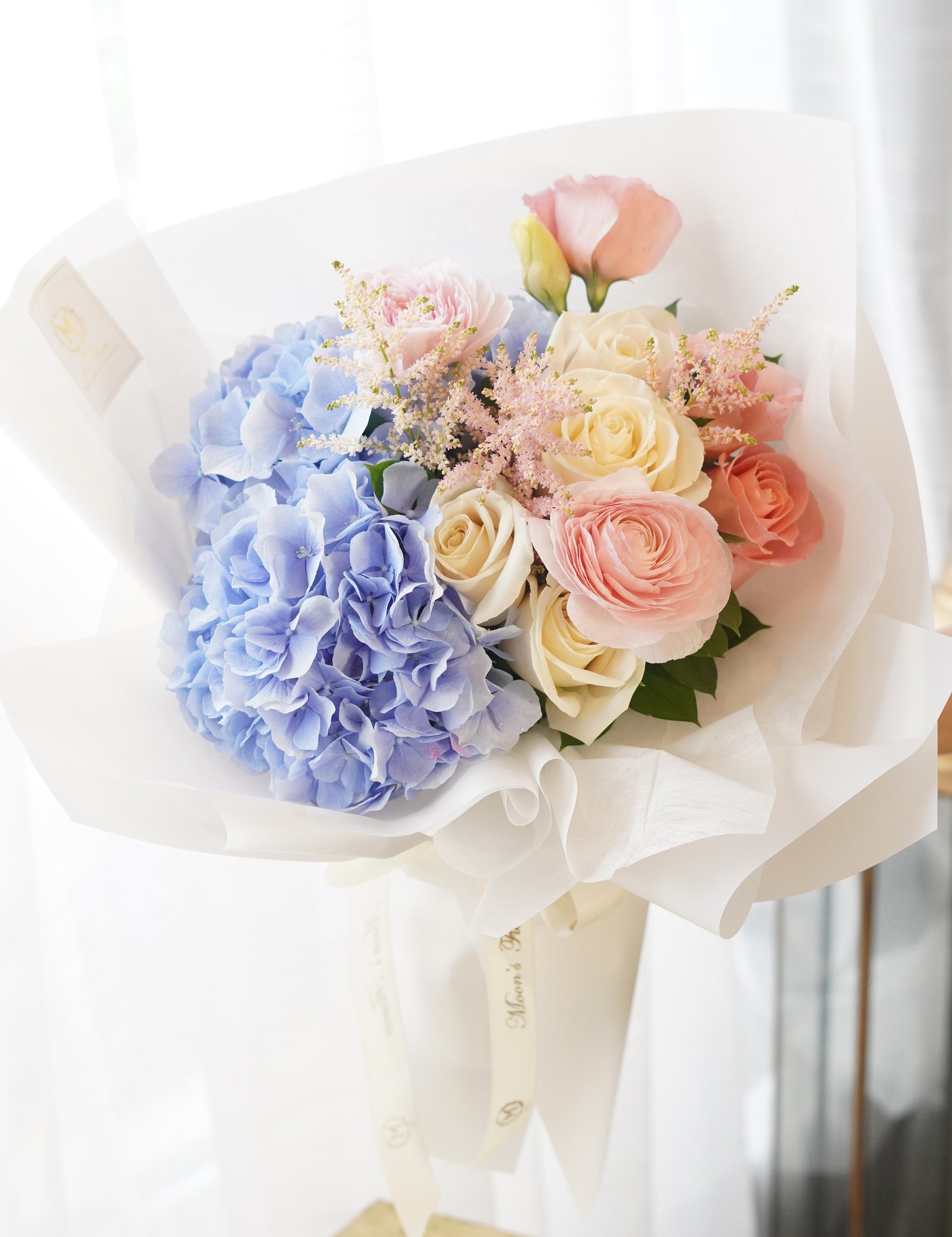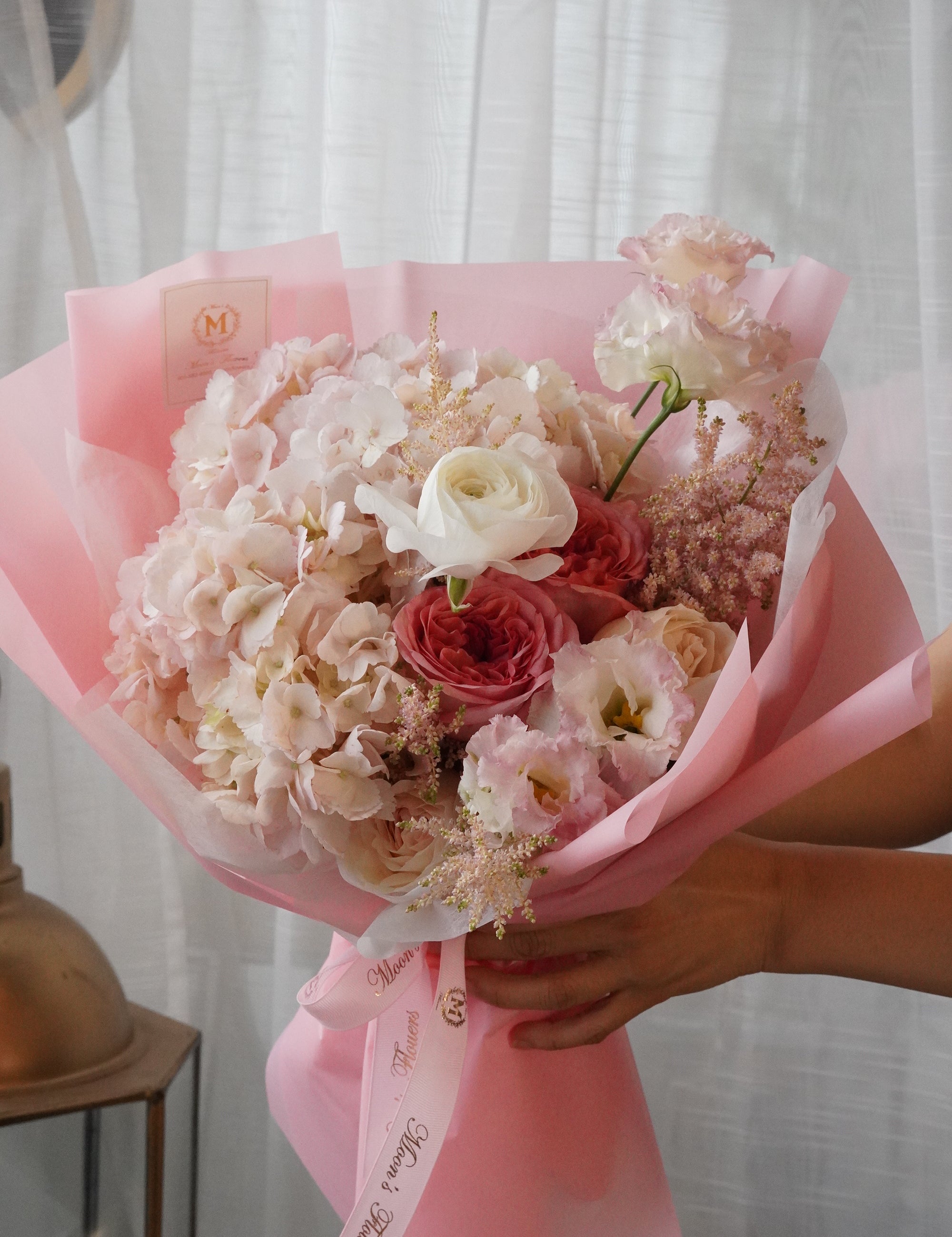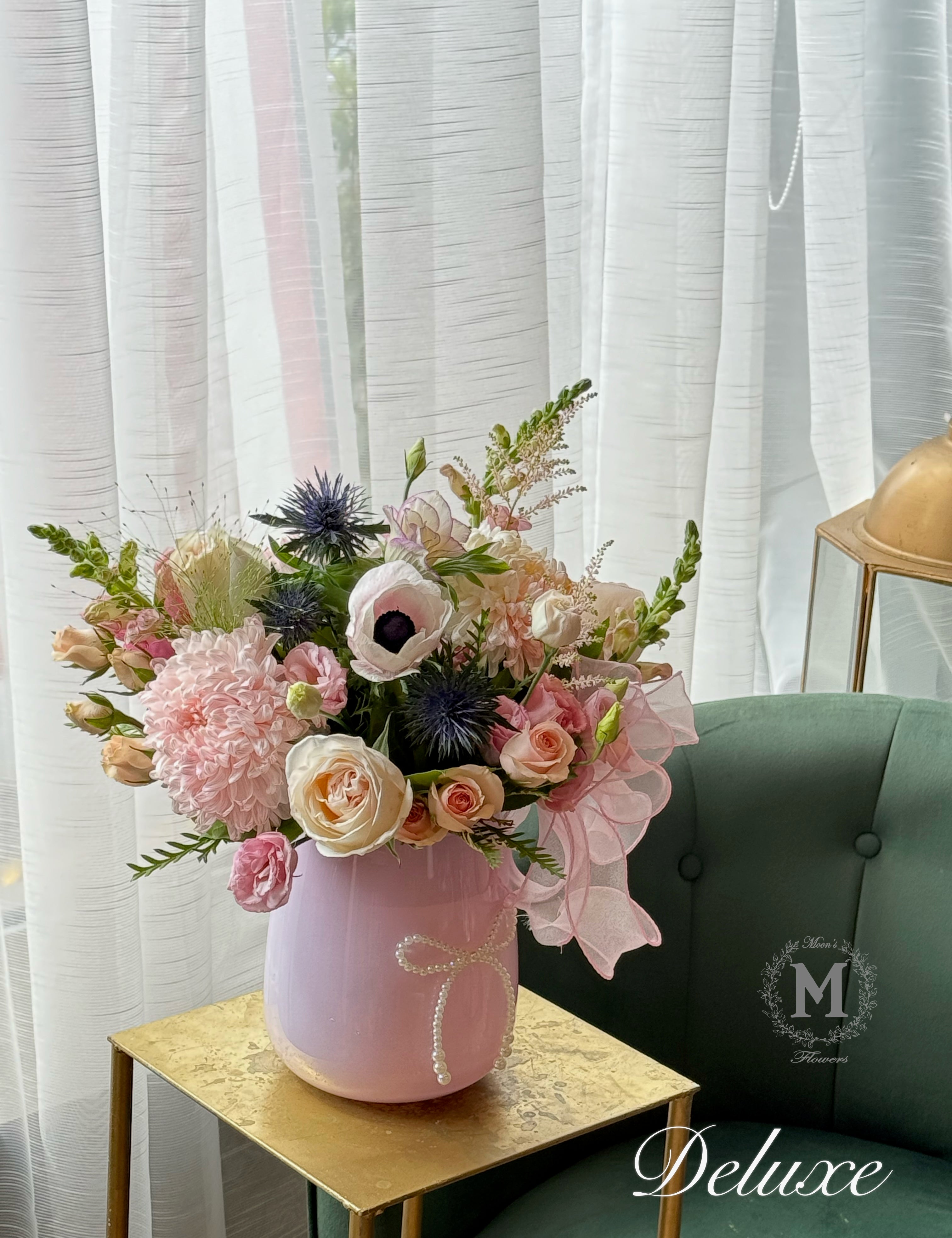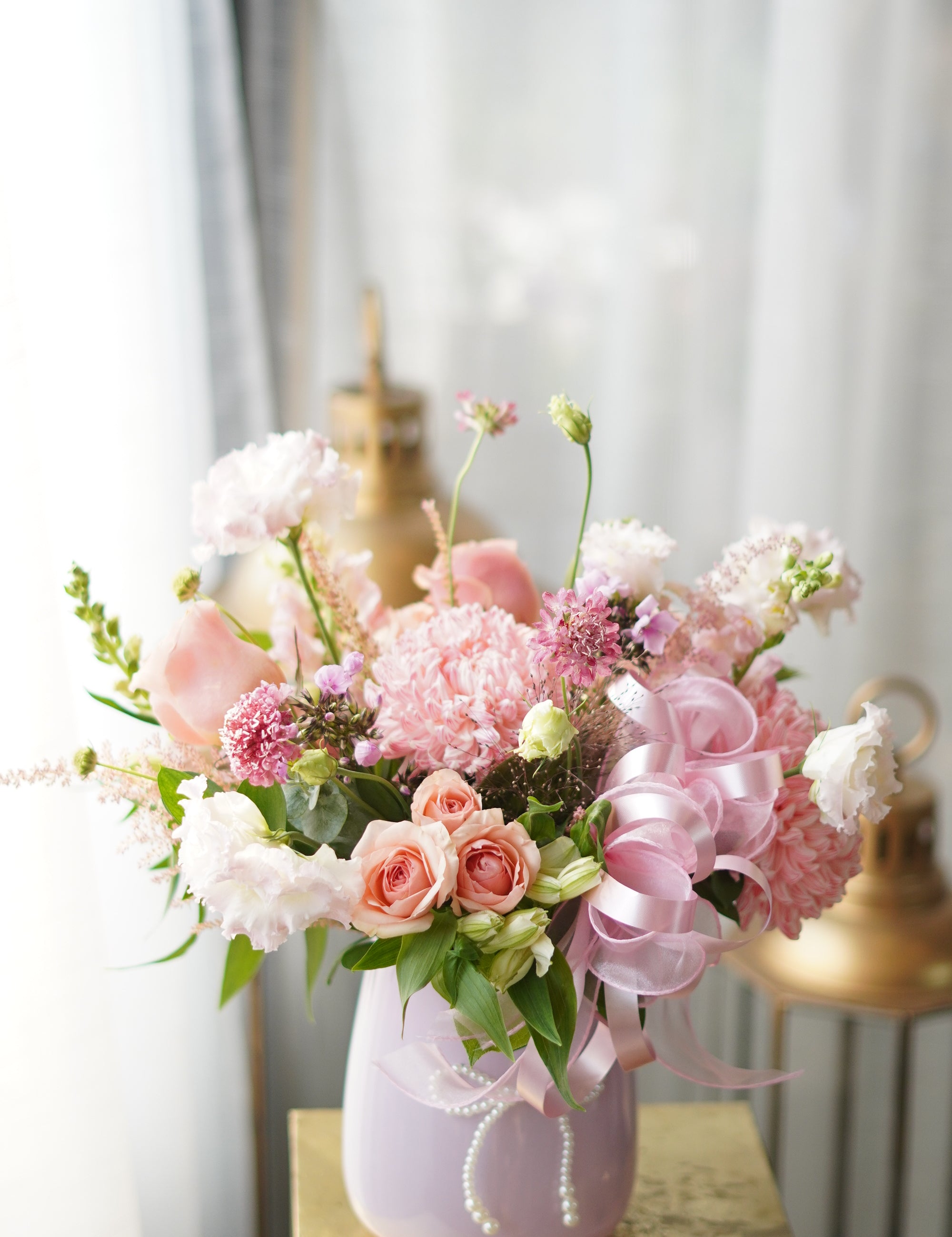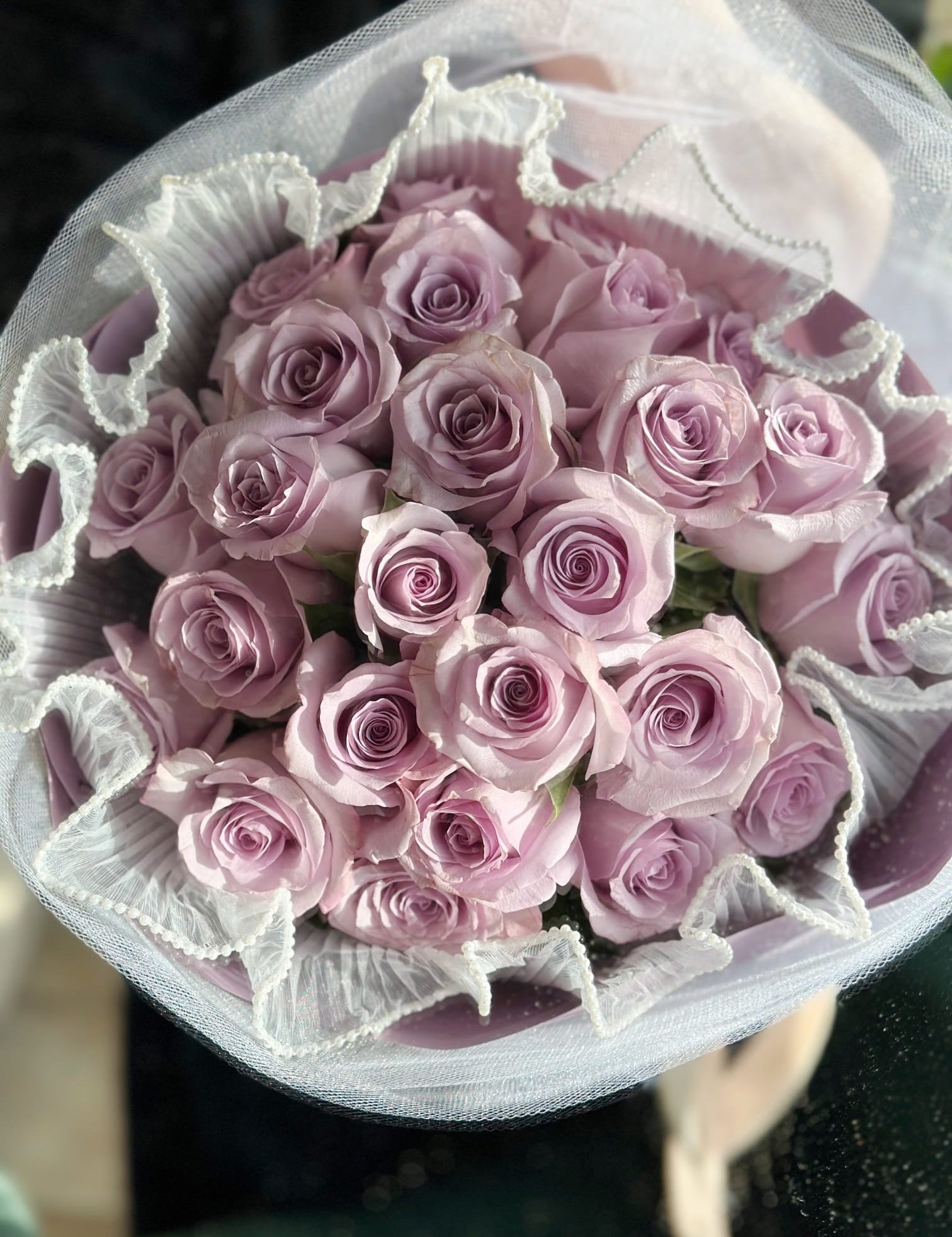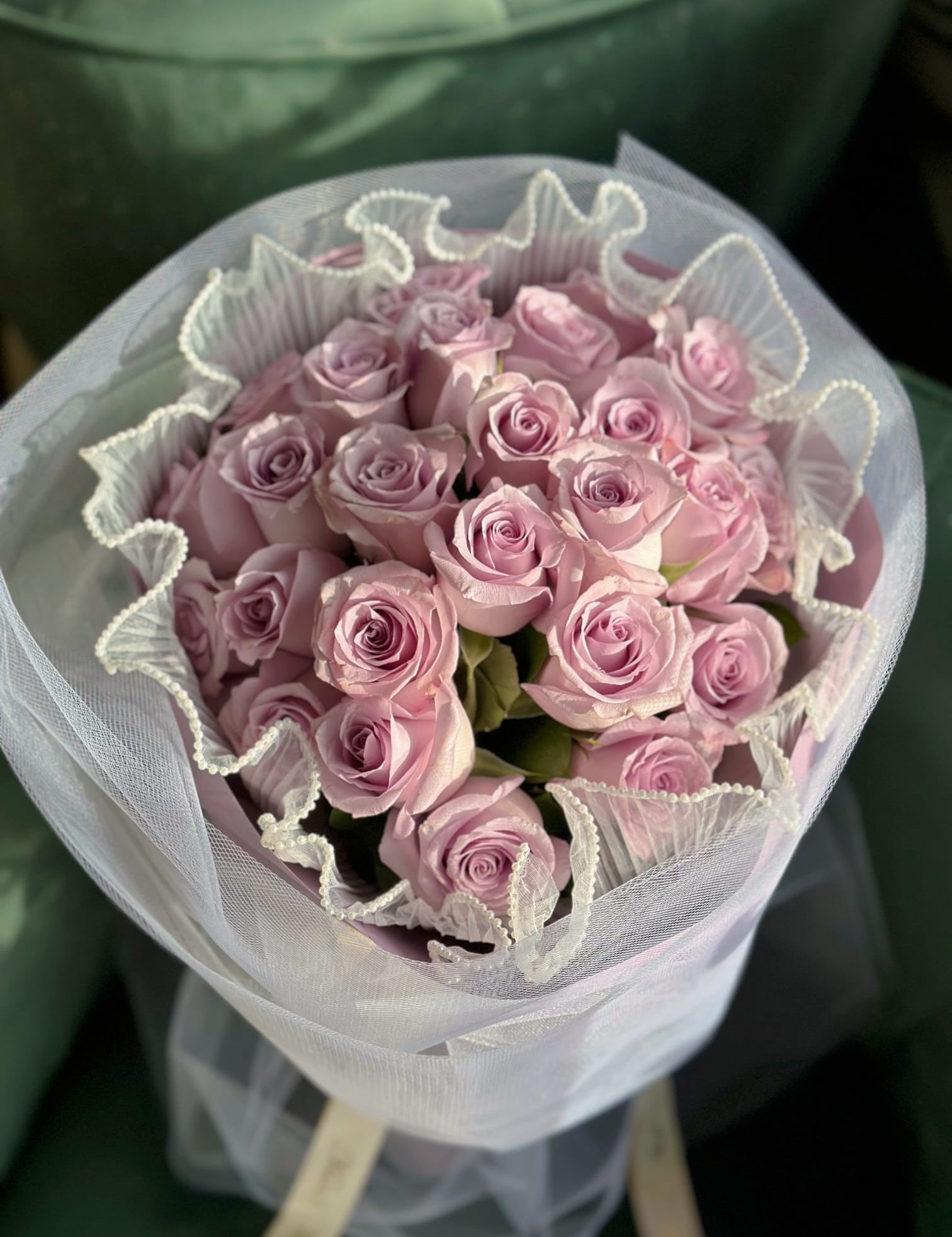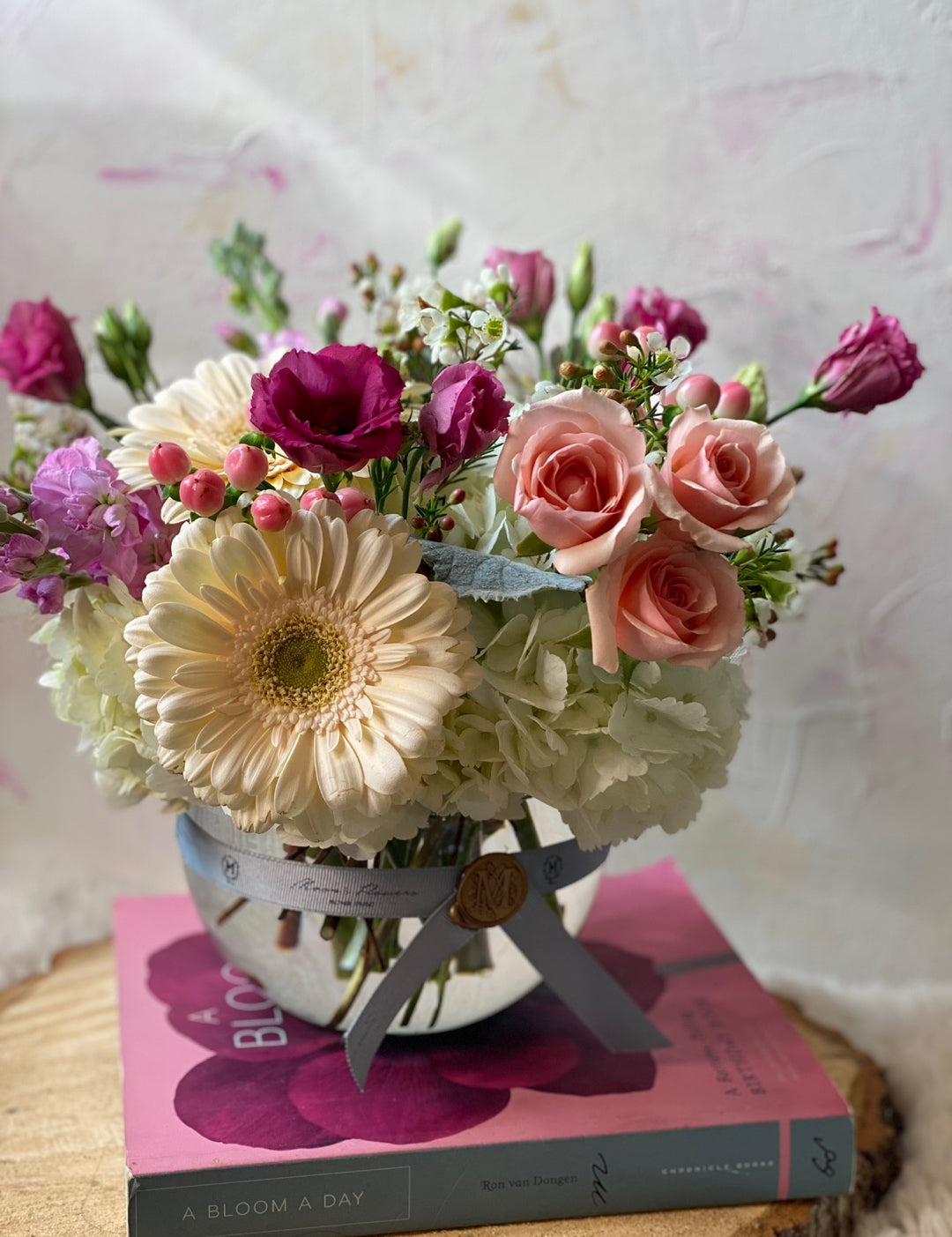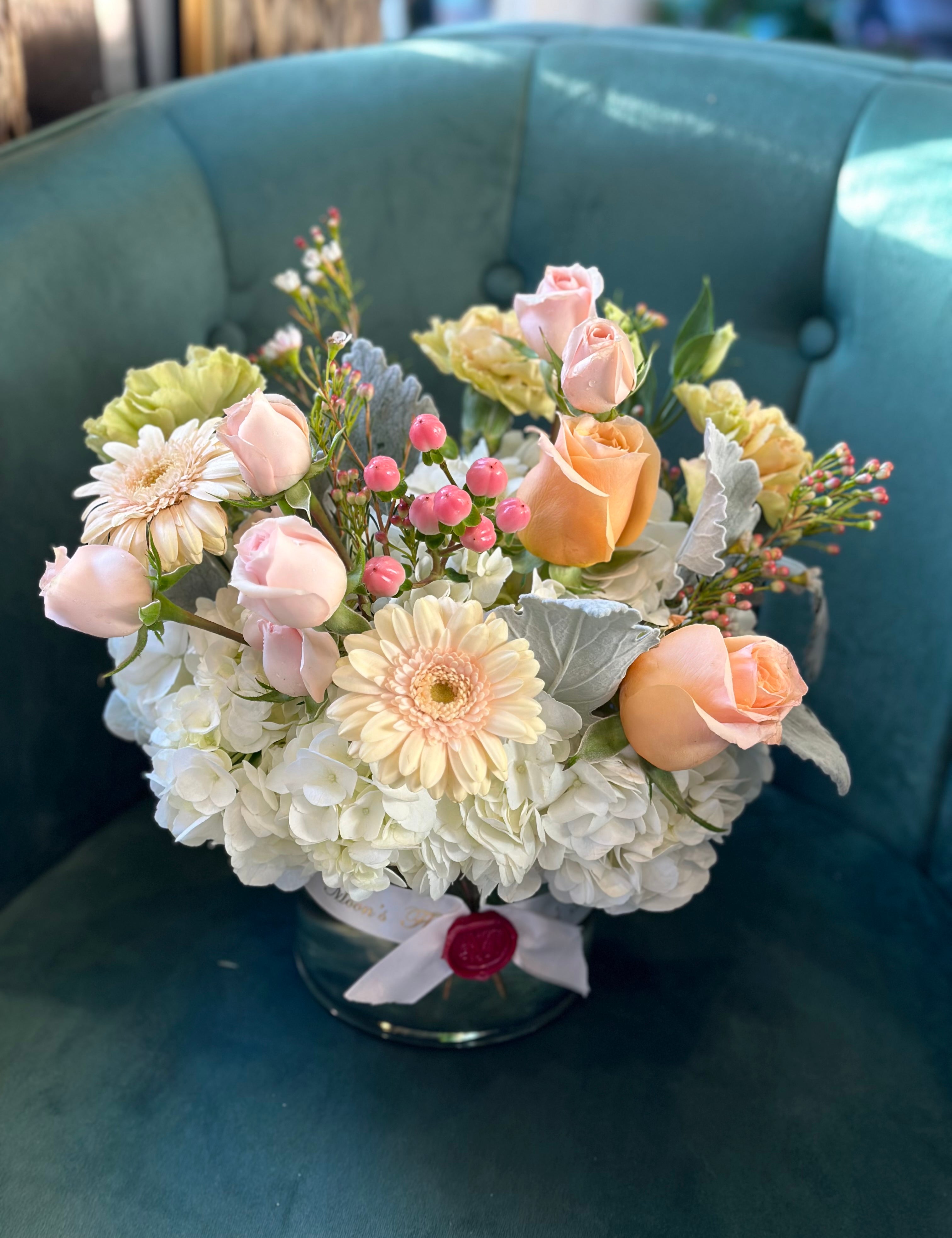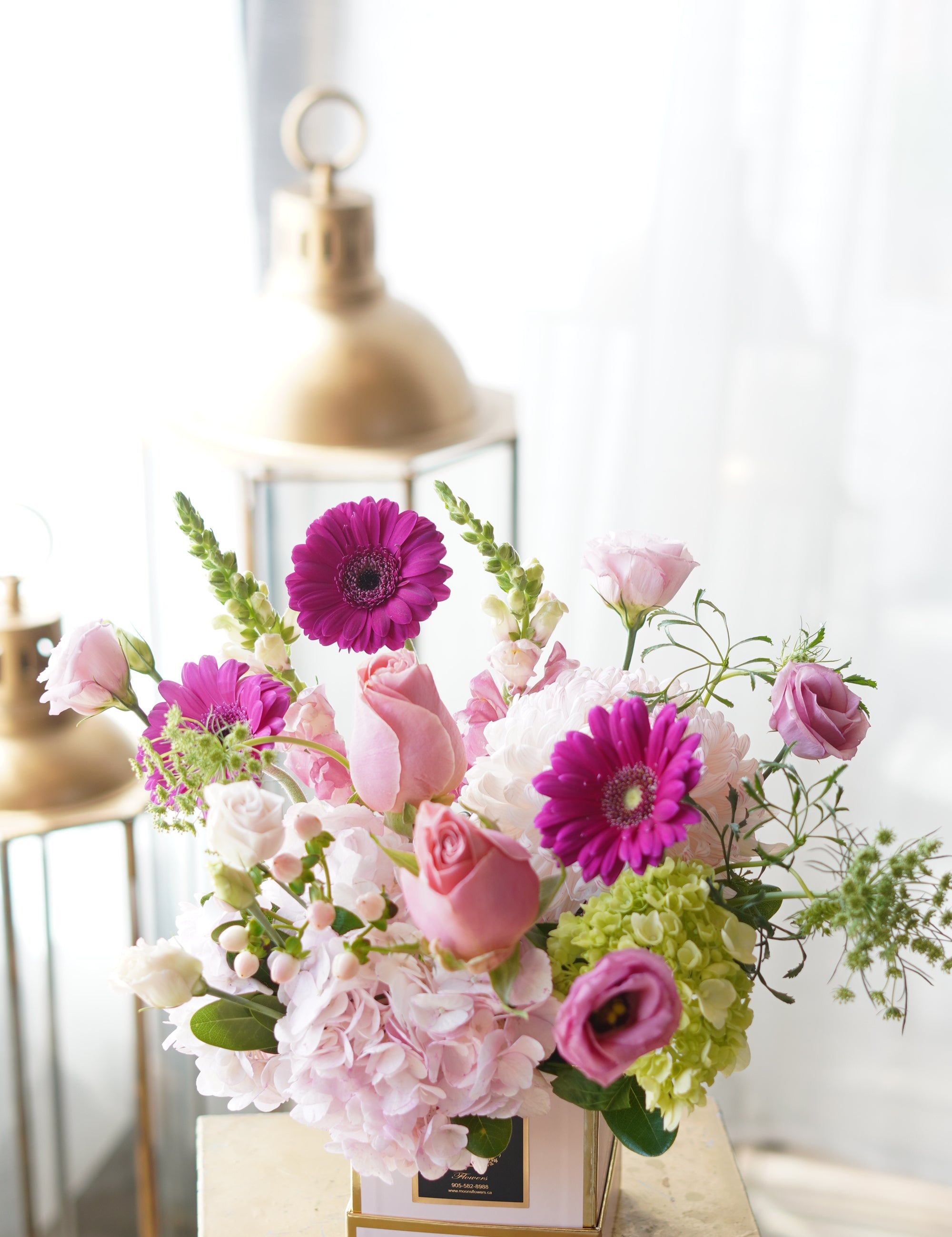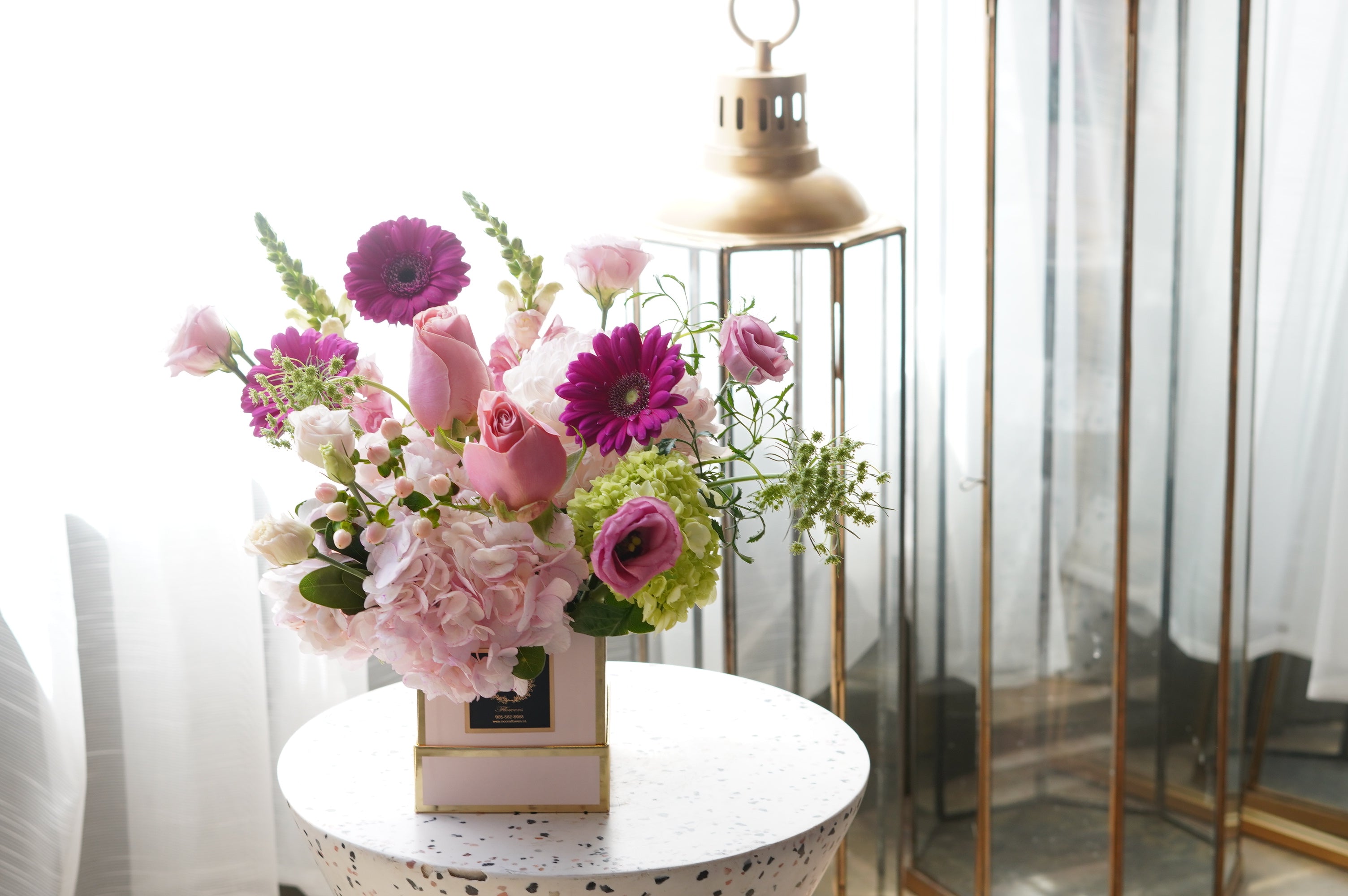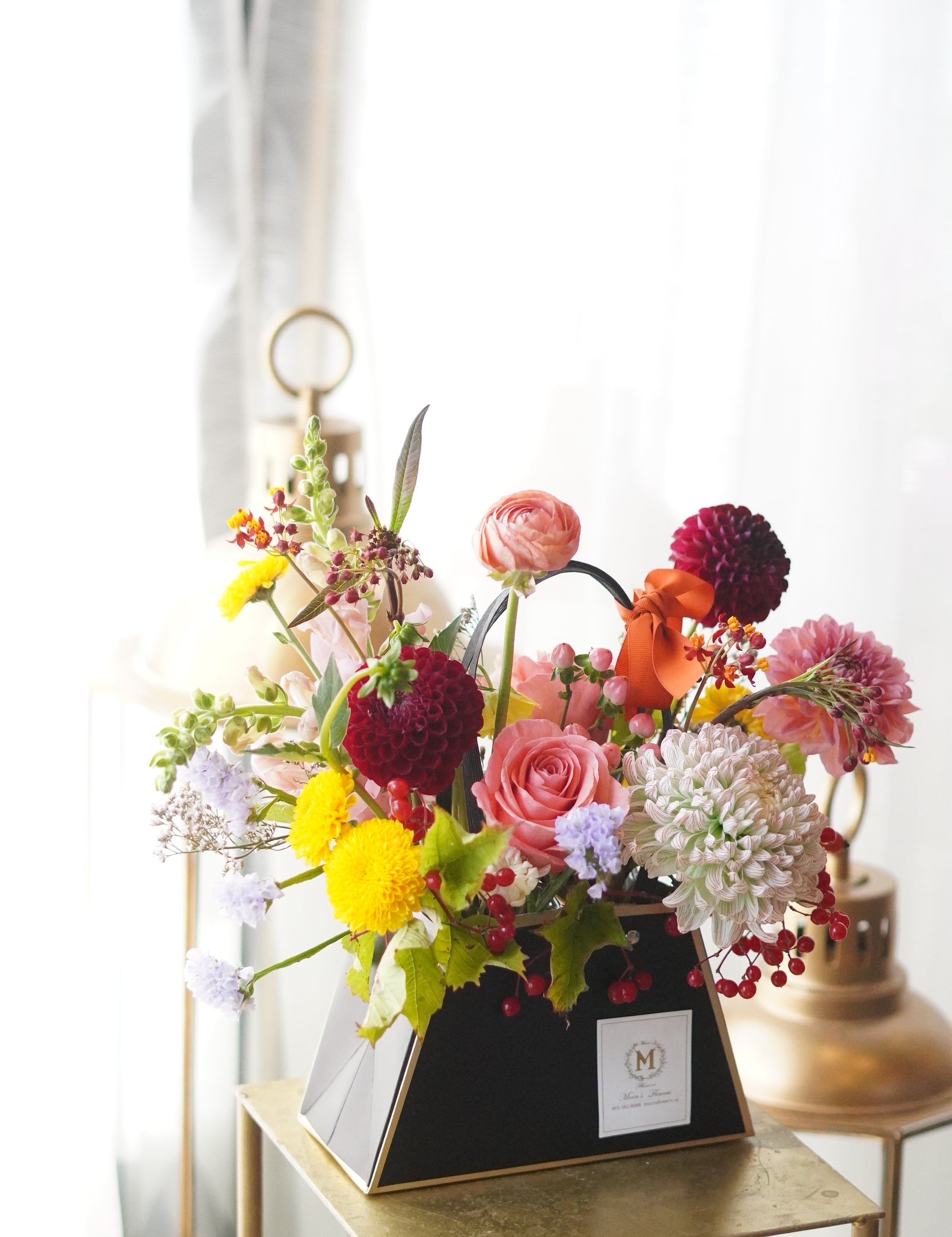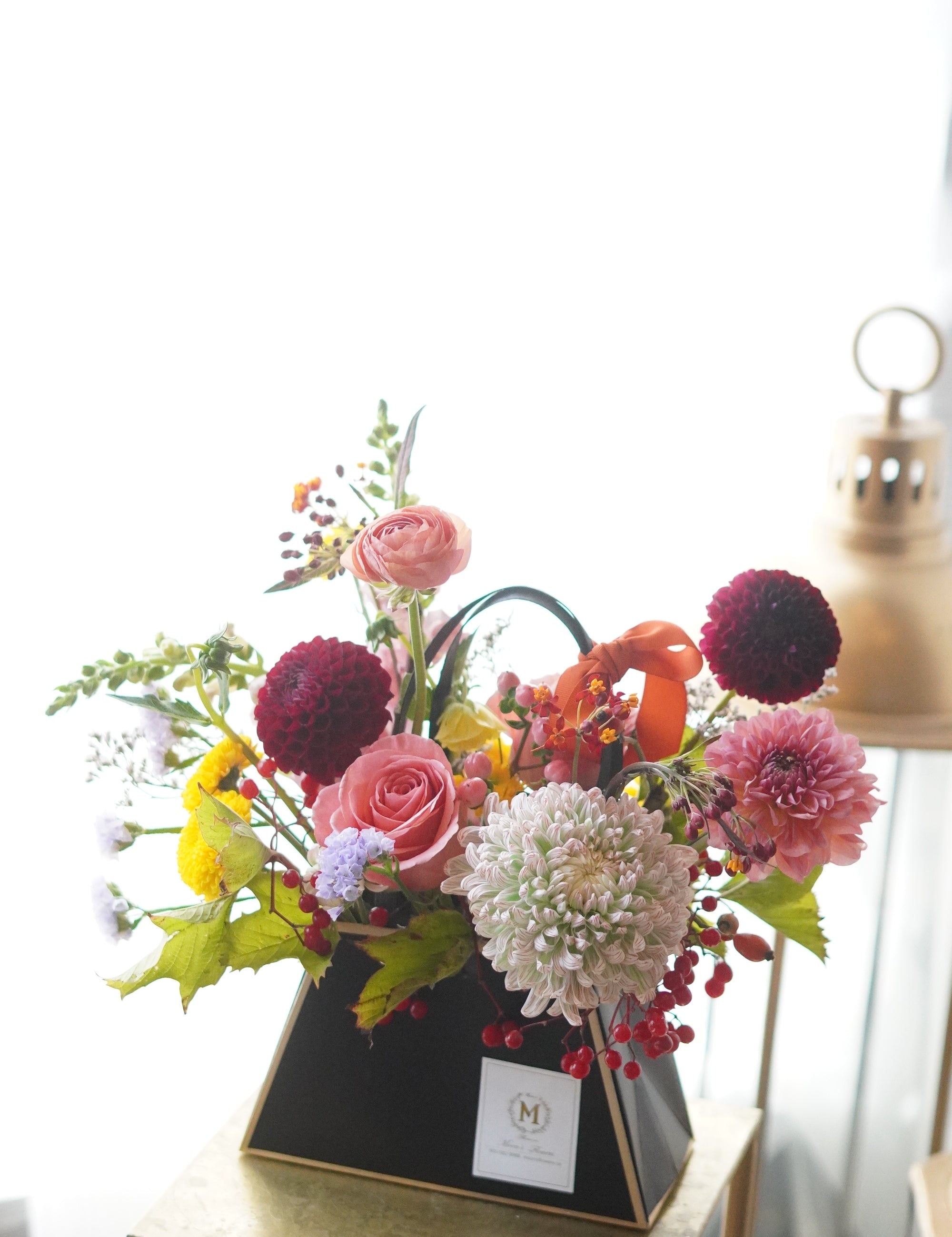Something for everyone
Pet Friendly Plants
| Alyssum | Echevaria Succulents | Polkadot Plant |
| Blue Daisy | Gerber Daisy | Rose |
| Boston Fern | Gloxinia | Snap Dragons |
| Bottlebrush Tree | Impatients | Spider Plant |
| Camelia | Marigold | Start Jasmine |
| Canna | Nasturtium | Sunflower |
| Ceolsia Plumosa | Pampas Grass | Sword Fern |
| Christmas Cactus | Persian Violet | Viola |
| Coreopsis | Petunia | Zinnia |
Toxic Plants
| Aloe | Cosmos | Iris |
| Begonia | Dumb Cane | MotherinLaw Tongue |
| Bird Of Paradise | Elephant Ear | Pansy |
| Bougainvillea | Fleabane | Peace Lily |
| Calla Lily | Gardenia | Pink Dianthus |
| Carnation | Geranium | Plumbago |
| Chrysanthemum | Hibiscus | Poinsettia |
| Coleus | Hydrangea | Primrose |
Poisonous Plants
| Azalea | Daffodil | Sago Palm |
| Castor Bean | Easter Lily | Tiger Lily |
| Cyclamen | Star Gazer Lily |
Our pets hold a special place in our hearts, and their well-being is a top priority for any loving pet owner. While we strive to provide a safe and comfortable environment for our cats and dogs, there are hidden dangers lurking in our homes and gardens that we may not be aware of.
Some of the most common and seemingly innocuous plants can be highly toxic to our furry companions. In this article, we will shed light on the perilous flora that can pose a threat to our pets' health and explore ways to keep them safe from these hidden hazards.
Lilies: A Dangerous Beauty
Lilies are undoubtedly some of the most beautiful flowers, gracing gardens and floral arrangements with their elegant presence. However, their allure conceals a deadly secret for our feline friends.
Easter lilies, Tiger lilies, and Asiatic lilies, among others, are highly toxic to cats. Even a small nibble on a leaf or a brush against the pollen can spell disaster for your furry companion.
The danger lies in the fact that lilies can lead to kidney failure in cats, and the consequences can be fatal if not addressed promptly.
Symptoms of lily toxicity in cats may include vomiting, loss of appetite, lethargy, and increased thirst and urination. If you suspect your cat has ingested any part of a lily plant, it's imperative to seek immediate veterinary attention.

Azaleas and Rhododendrons: Colorful Yet Harmful
Azaleas and rhododendrons are beloved for their vibrant and showy flowers, but their beauty conceals a hidden danger, especially for our canine companions.
These flowering shrubs contain toxins that can lead to a range of symptoms in dogs, including vomiting, diarrhea, drooling, and lethargy.
In more severe cases, ingestion of azaleas or rhododendrons can lead to heart arrhythmias and even prove fatal.

Oleander: Toxic Beauty
Oleander, with its attractive clusters of pink, white, or red flowers, is another deceptive plant. It's highly toxic to both cats and dogs.
Ingesting any part of the oleander plant, whether it's the leaves, stems, or flowers, can lead to symptoms like drooling, colic, diarrhea, and, in severe cases, fatal heart abnormalities.
The toxic compounds in oleander affect the heart, making it particularly dangerous to our pets.

Sago Palm: A Popular Peril
The sago palm is a popular houseplant and landscaping choice, known for its striking appearance. However, its visual appeal masks a grave danger for our pets. Sago palms are extremely toxic, especially to dogs.
Ingesting any part of this plant can result in severe liver damage, leading to symptoms such as vomiting, diarrhea, seizures, and, tragically, death. This plant's danger lies not only in its toxicity but also in its accessibility to curious pets.

Autumn Crocus: The Toxic Blossom
The autumn crocus, with its charming violet and white blossoms, is yet another deceptive beauty in the plant kingdom. It contains toxins that can lead to severe health issues in cats and dogs.
Ingesting autumn crocus can cause gastrointestinal distress, kidney and liver damage, and even organ failure. Recognizing this plant's danger and avoiding it is crucial for your pet's safety.

Identifying Poisoning Symptoms
Recognizing the symptoms of plant poisoning in your pet is essential for prompt treatment. Common signs of plant toxicity in cats and dogs include vomiting, diarrhea, drooling, loss of appetite, lethargy, difficulty breathing, tremors or seizures, irregular heart rate, and in severe cases, coma.
If you suspect your pet has ingested a toxic plant and they exhibit any of these symptoms, contact your veterinarian or an emergency animal hospital immediately.
Some Pet-friendly Flowers for Cats and Dogs
1. Roses
Roses are one of the most beloved and commonly grown flowers in gardens worldwide. The good news for pet owners is that roses are generally safe for cats and dogs. The petals and leaves of most rose varieties are non-toxic, so if your furry friends decide to take a curious nibble, there's little to worry about.
However, it's essential to be cautious of the thorns, which can cause injury to pets' paws or mouths. To minimize this risk, consider pruning your roses regularly or planting thornless varieties.

2. Sunflowers
Sunflowers, with their bright and cheery appearance, can add a touch of sunshine to any garden. The good news is that sunflowers are considered non-toxic to cats and dogs. These tall, vibrant flowers can be a beautiful addition to your outdoor space without posing a risk to your pets.
However, as with any plant, it's crucial to ensure that your pets don't ingest large quantities of sunflower seeds, which can be high in fat and could lead to digestive issues if consumed excessively.

3. Lavender
Lavender is not only a fragrant and attractive plant but also a pet-friendly one. The lovely scent of lavender can have a calming effect on both cats and dogs, making it a favorite among pet owners. Lavender is generally non-toxic to pets, and you can safely grow it indoors or in your garden.
Just be mindful of where you place it, as some pets may be more attracted to nibbling on plants than others. Ensuring that the lavender is out of their reach can help prevent any accidental ingestion.

4. Peonies
Peonies are renowned for their lush, extravagant blooms and are a popular choice in many gardens. The good news for pet owners is that peonies are generally considered non-toxic to cats and dogs. These beautiful flowers can be safely grown without posing a threat to your furry companions.
However, like with roses, it's essential to be cautious of the ants that are often attracted to peony buds. While these ants are not harmful to pets, they can be a nuisance. Rinse the peonies before bringing them indoors to minimize the risk of ants entering your home.

Get Fresh Flowers Delivered
Moon's Flowers Delivers To
